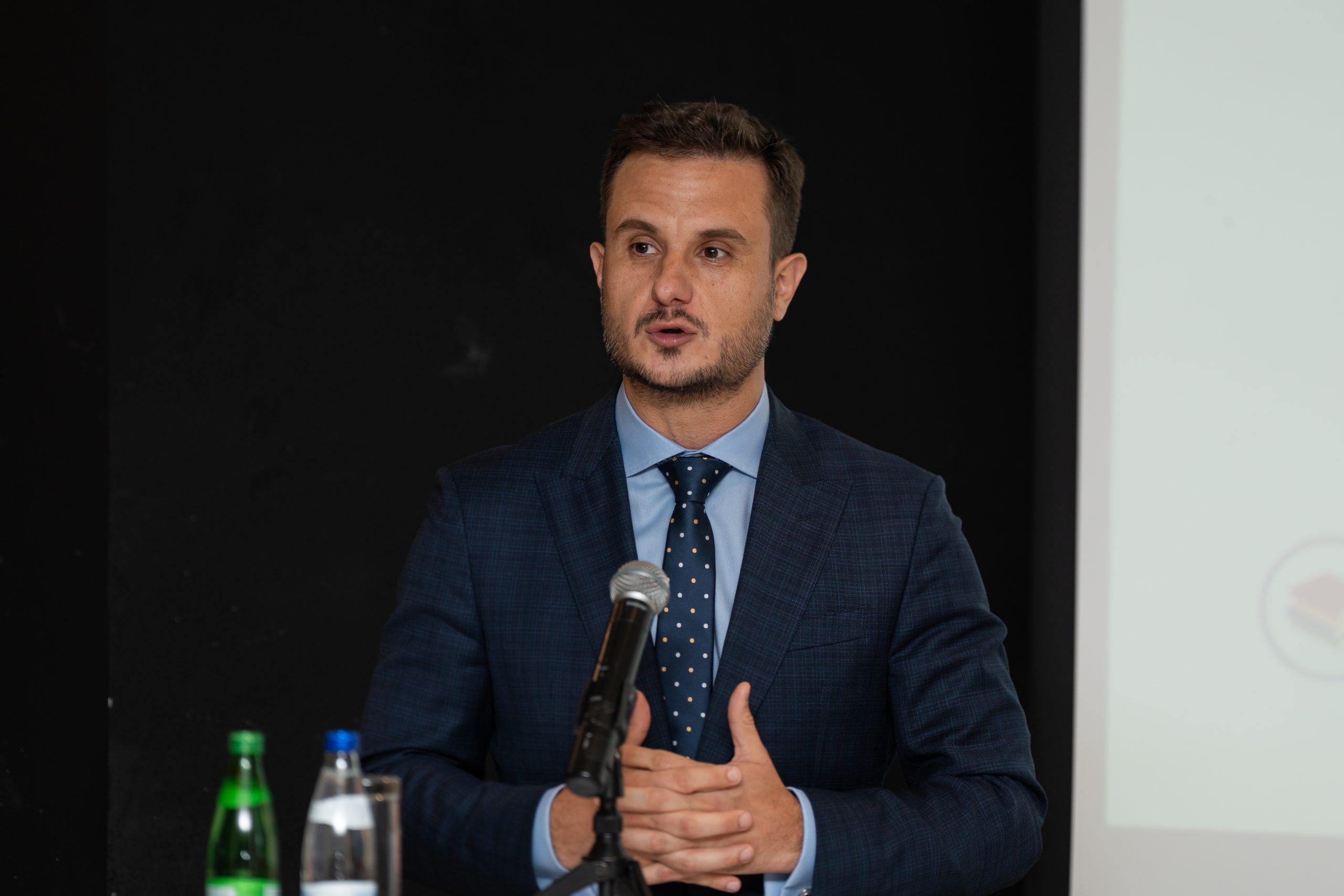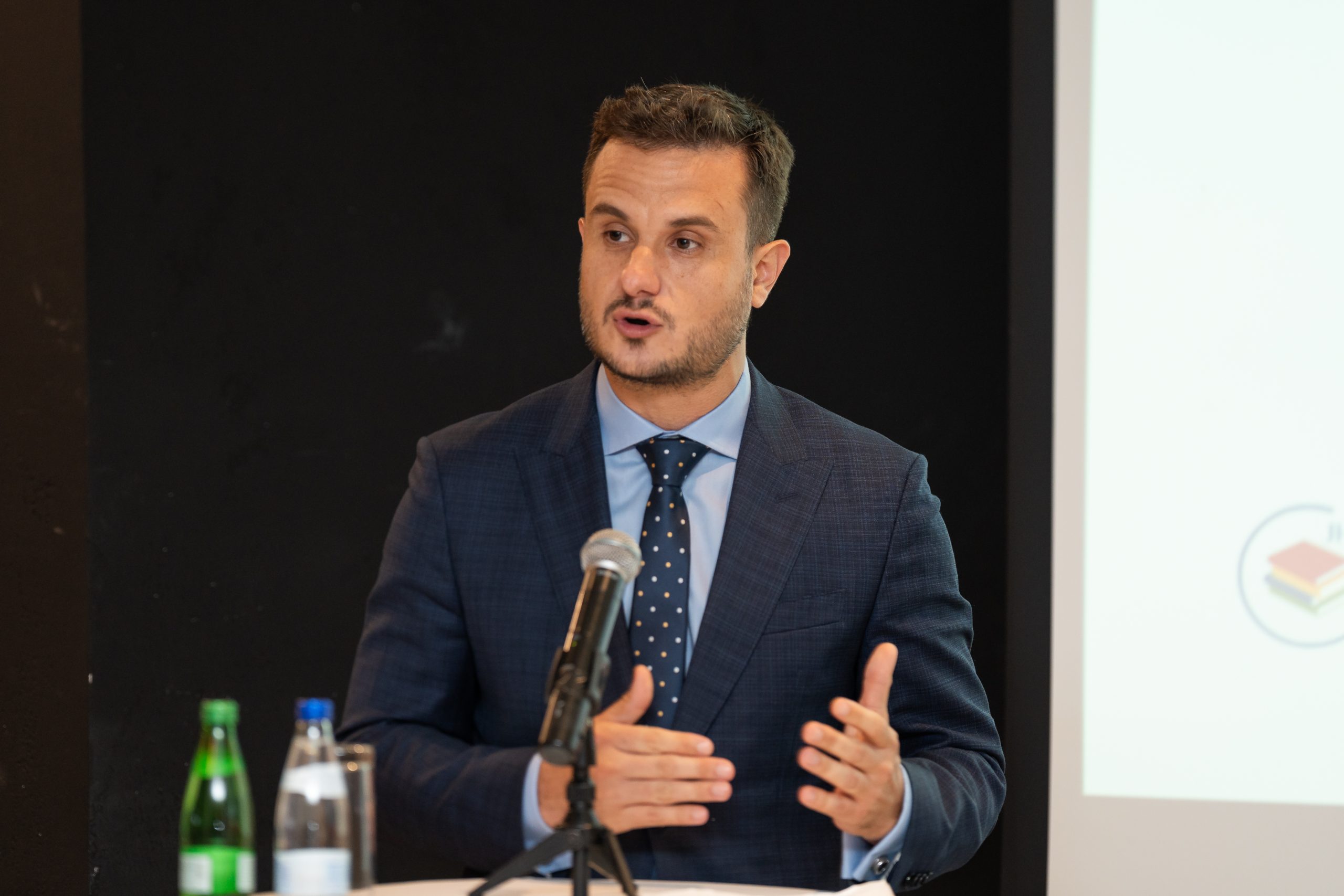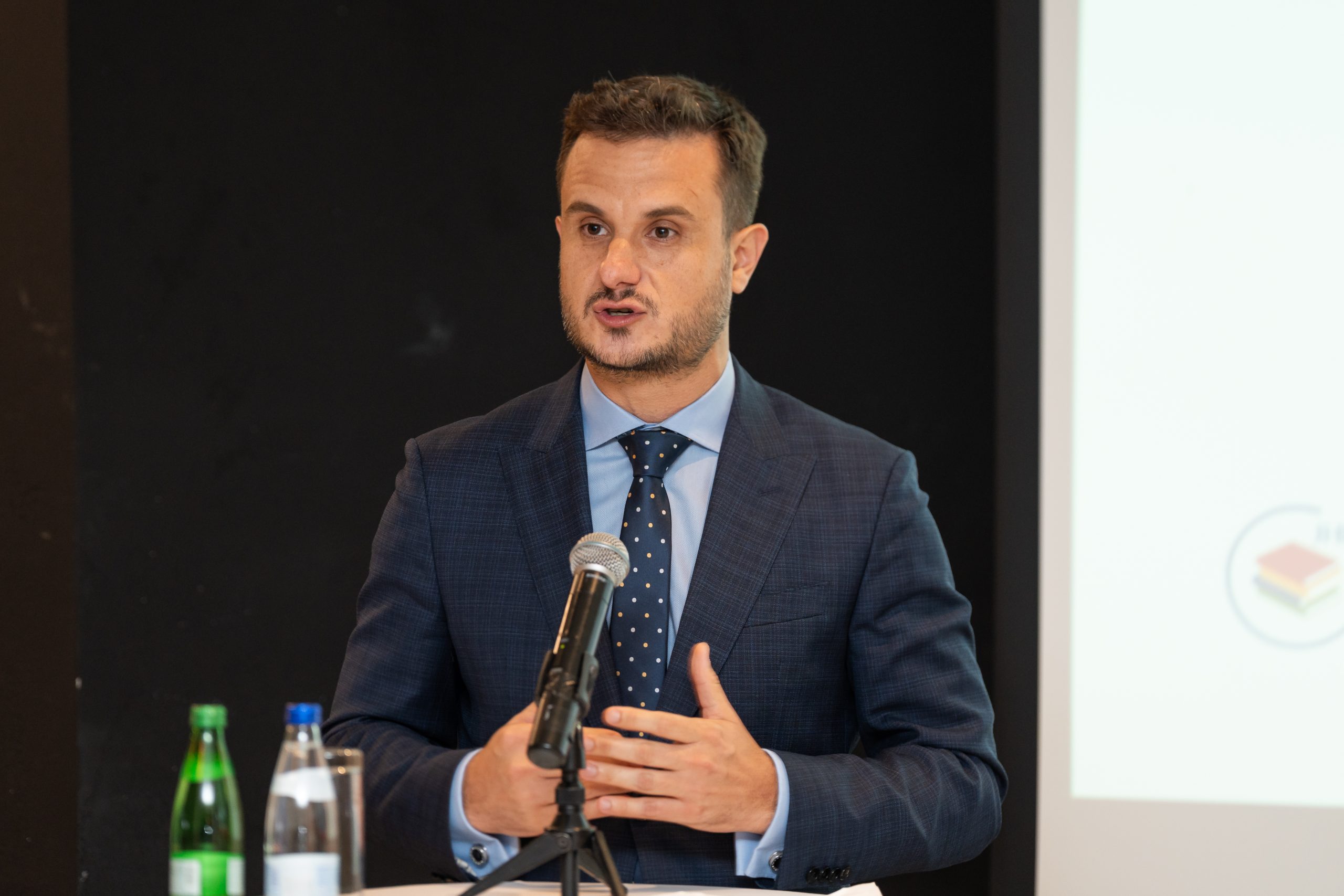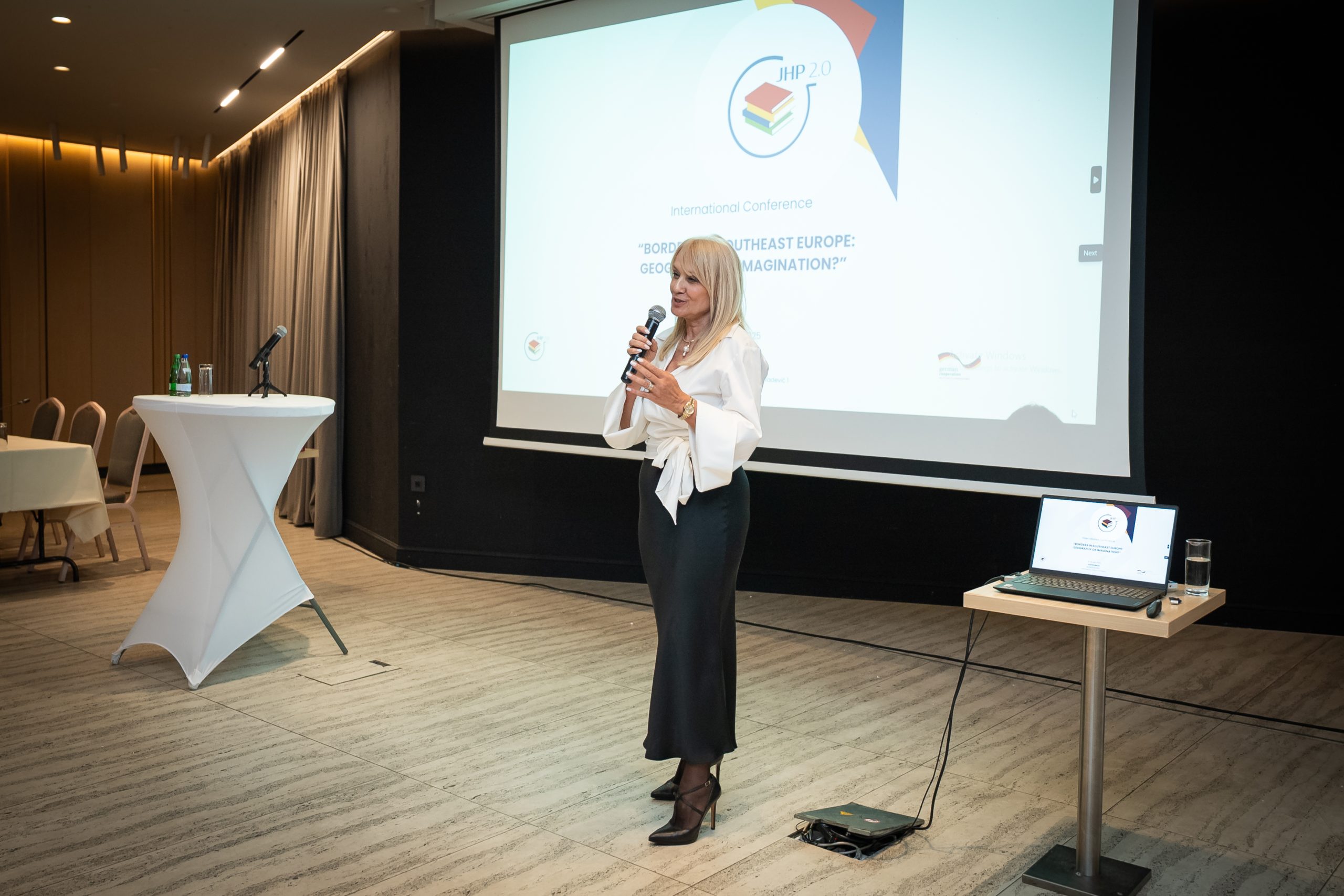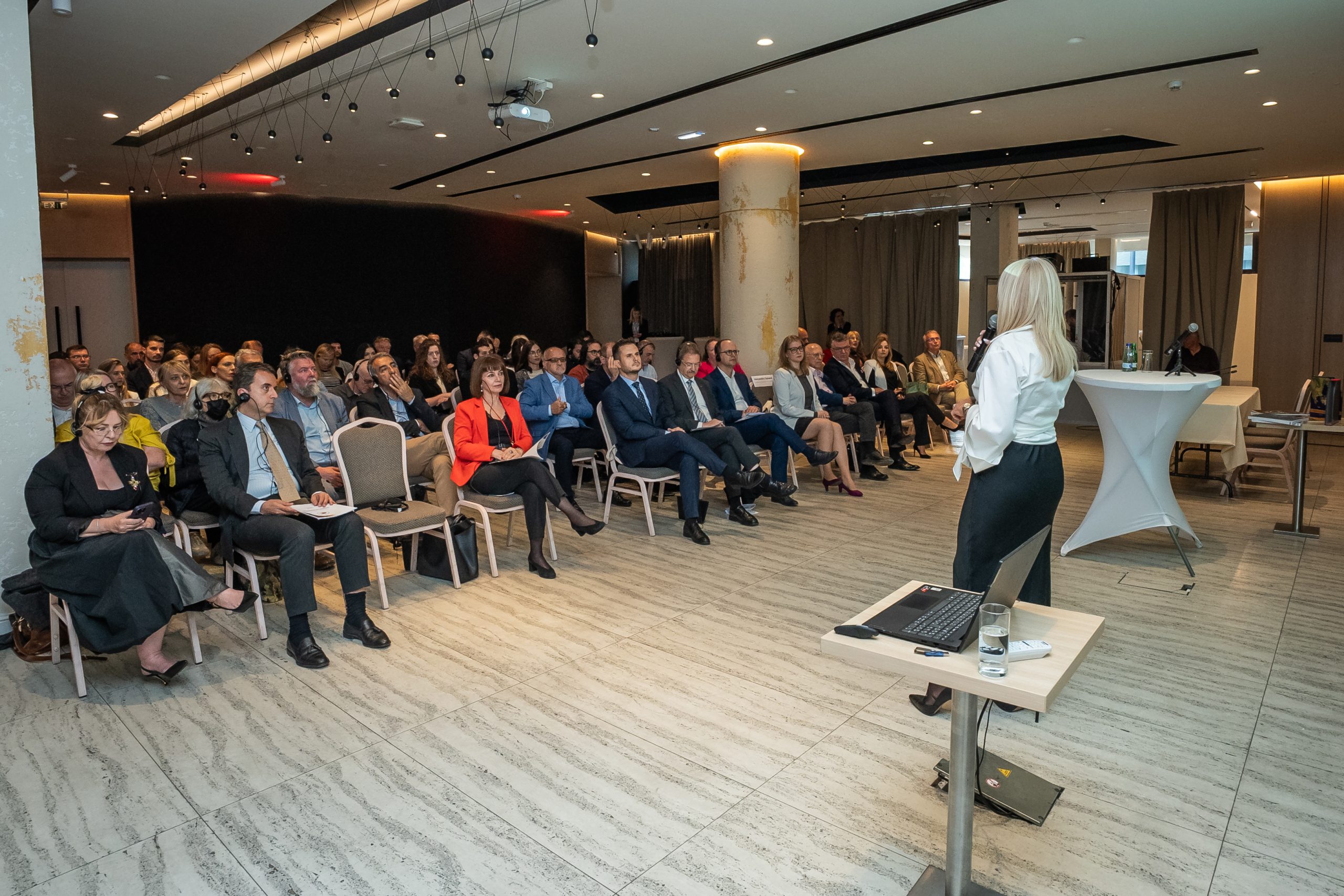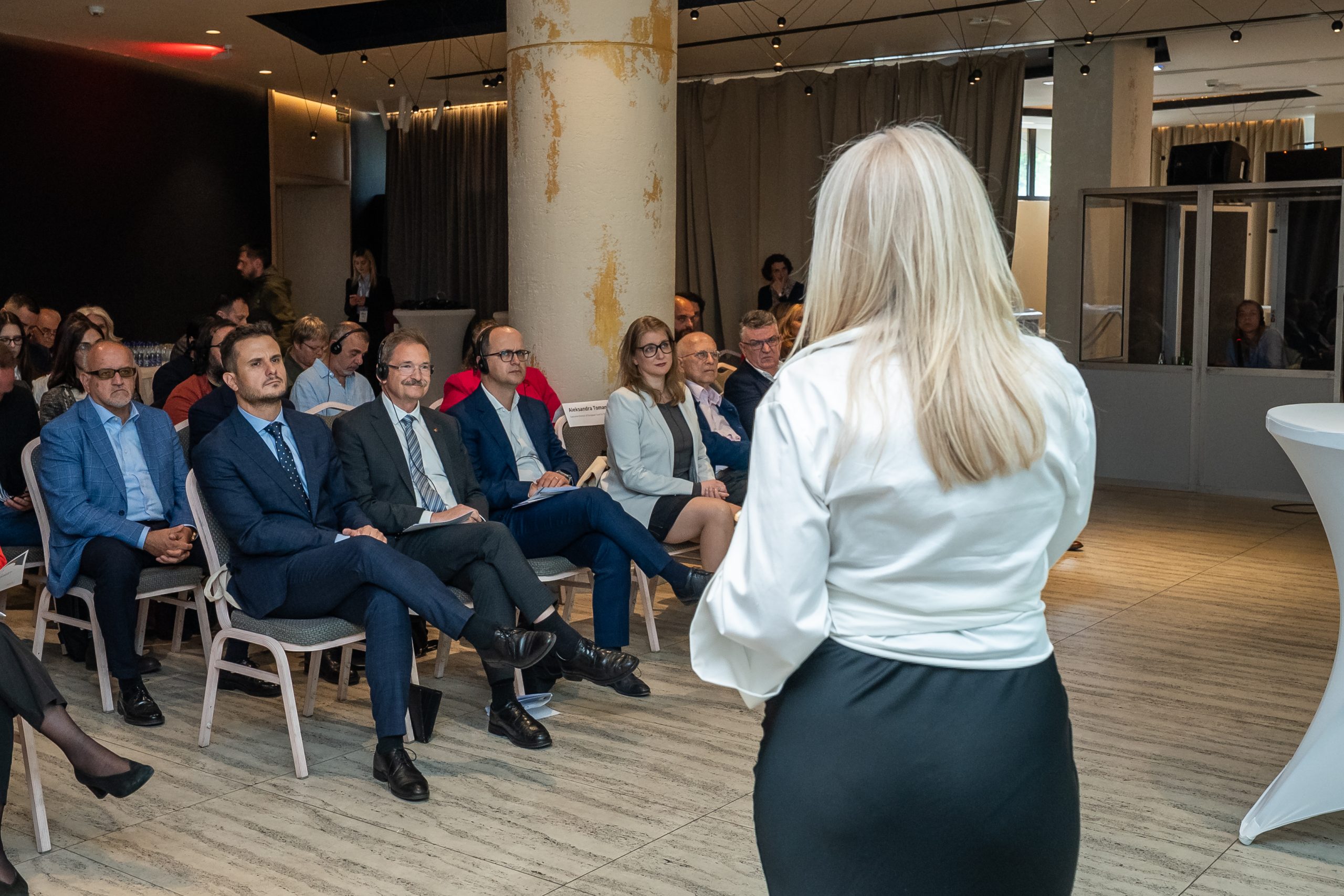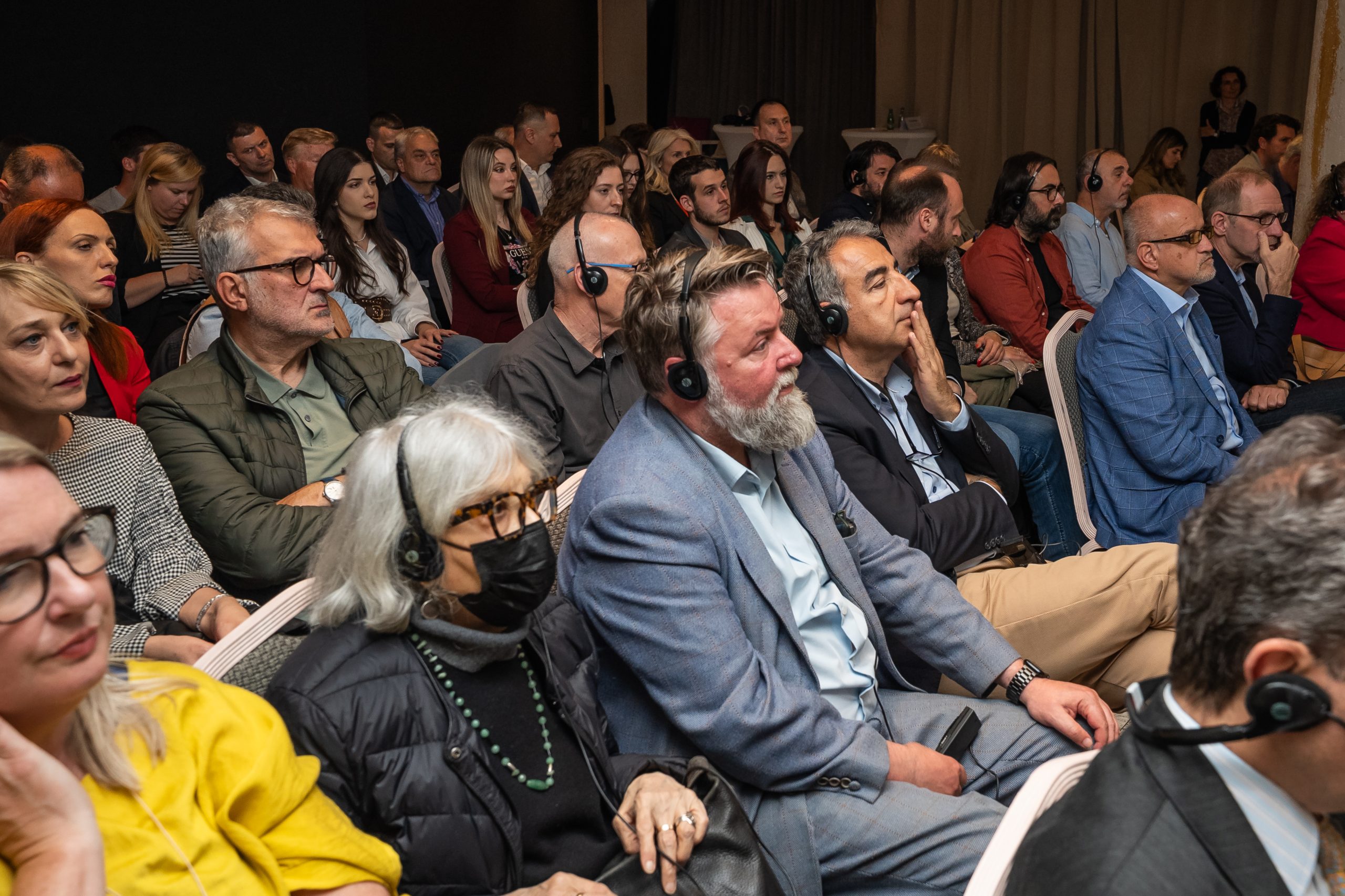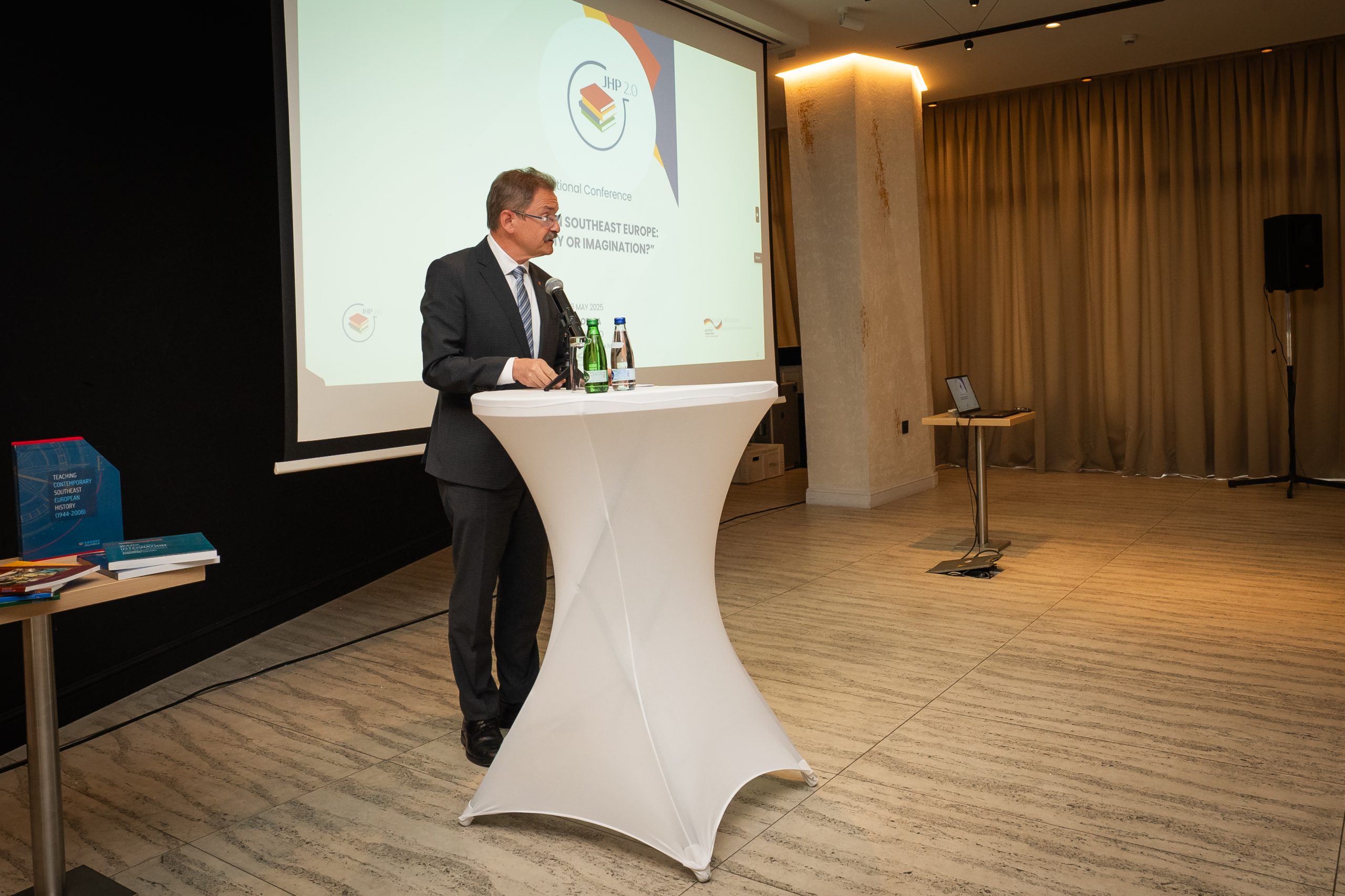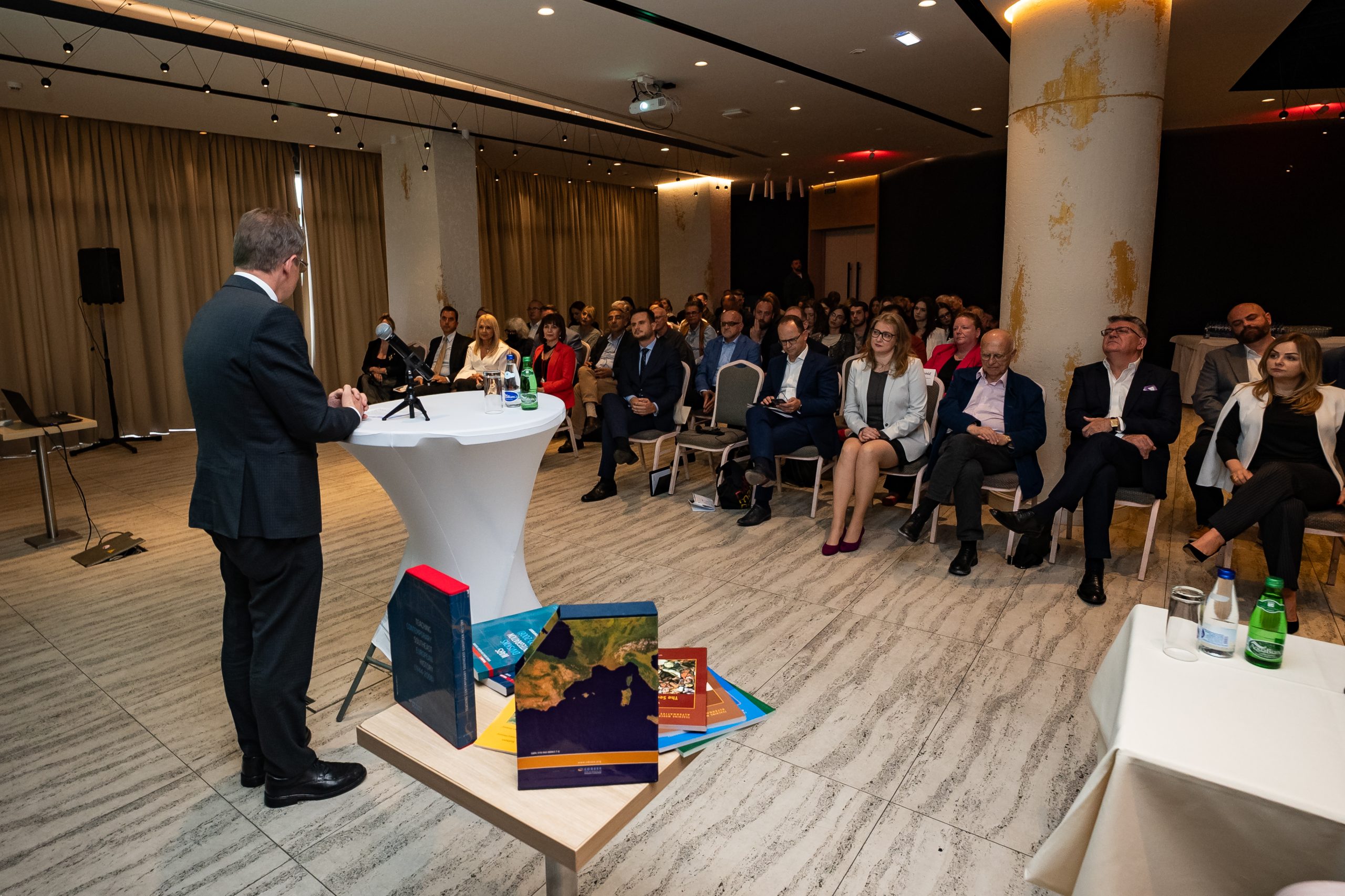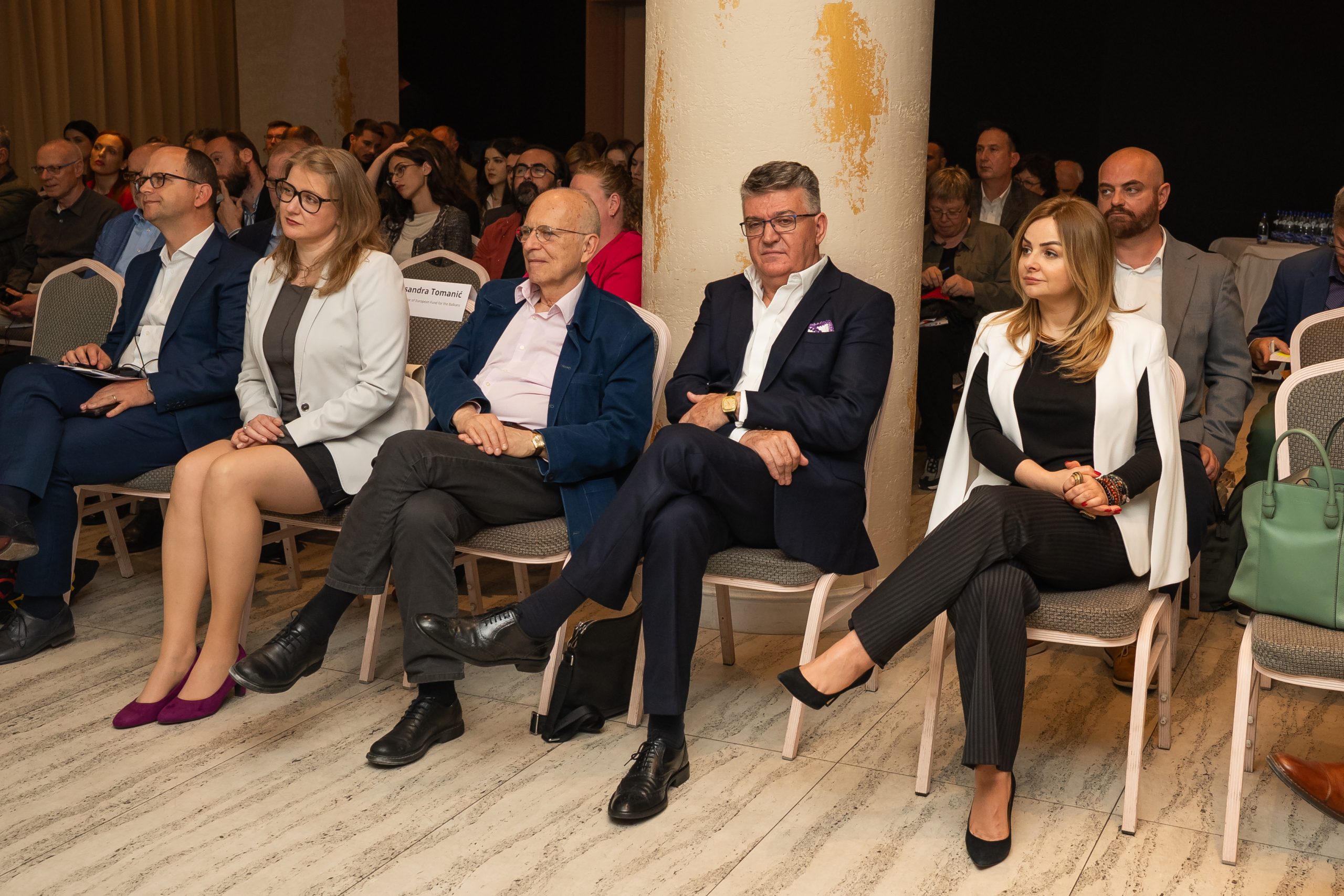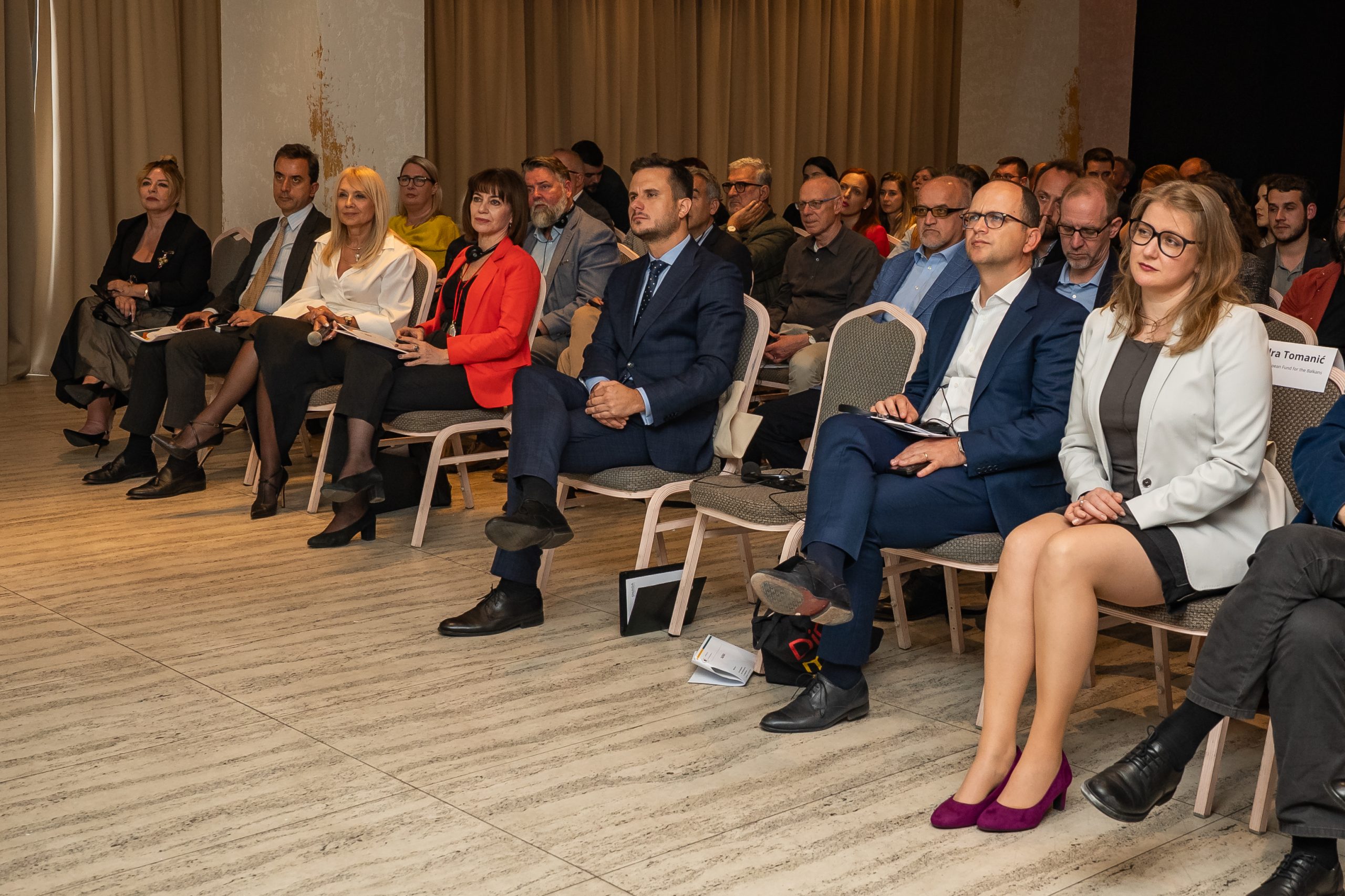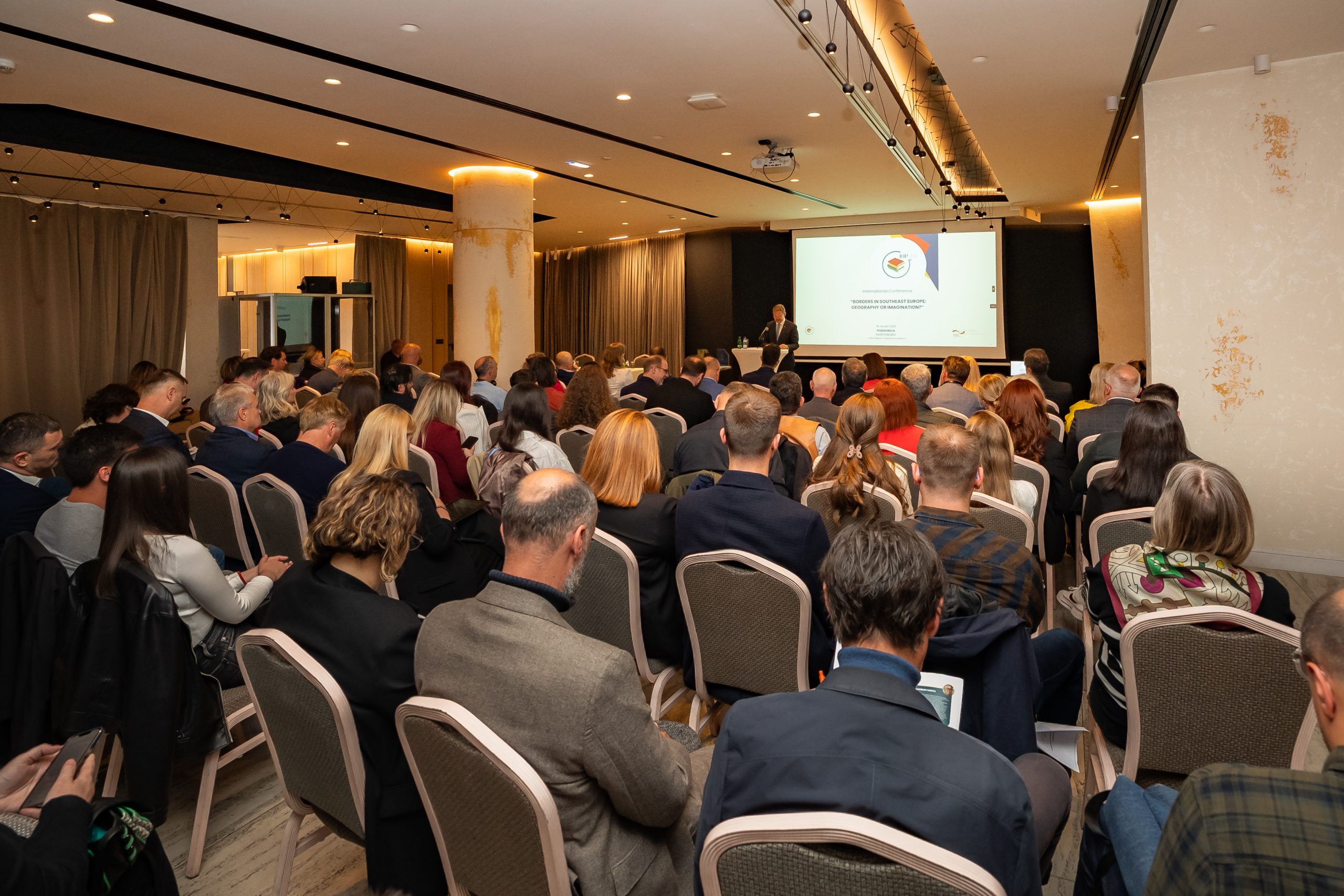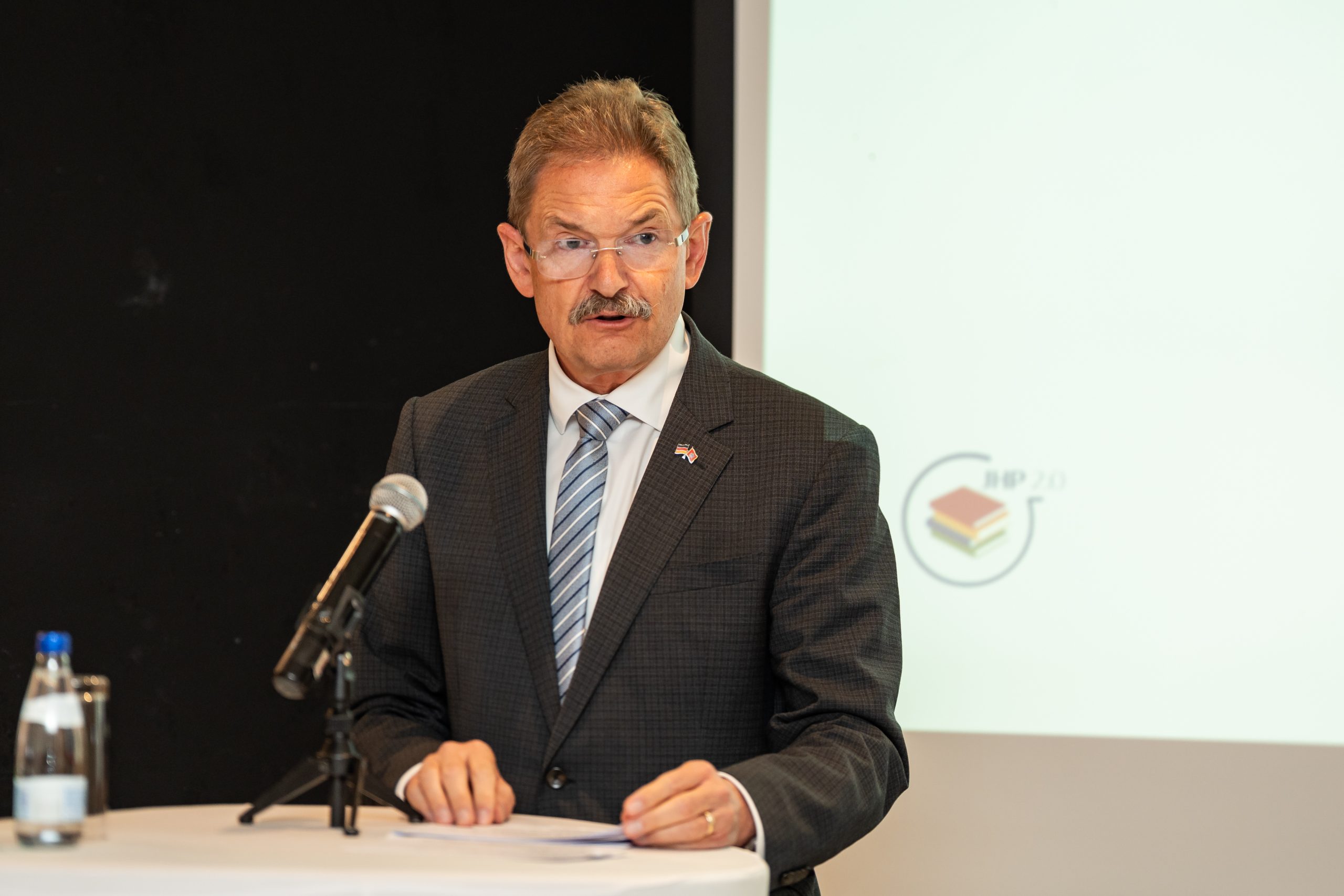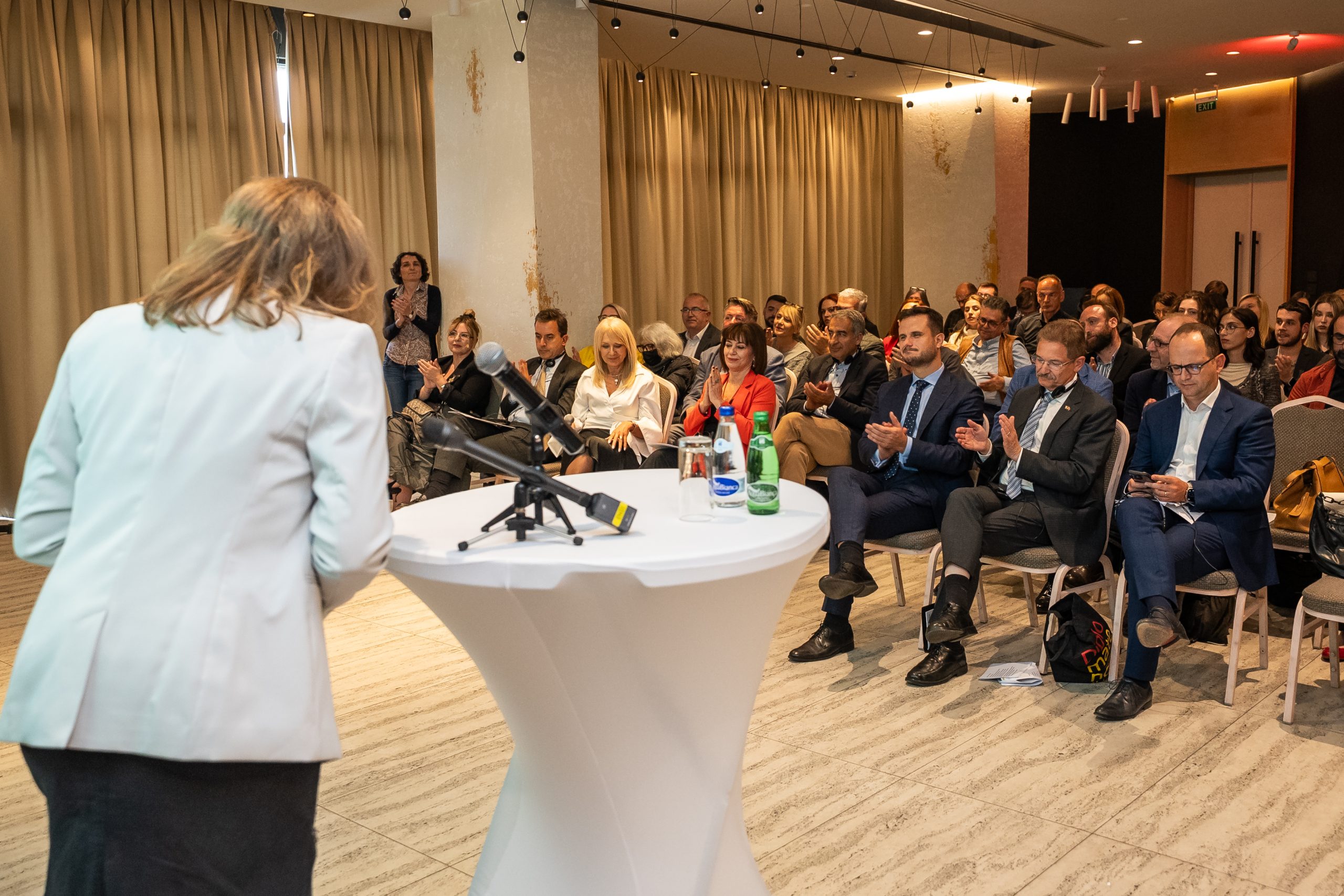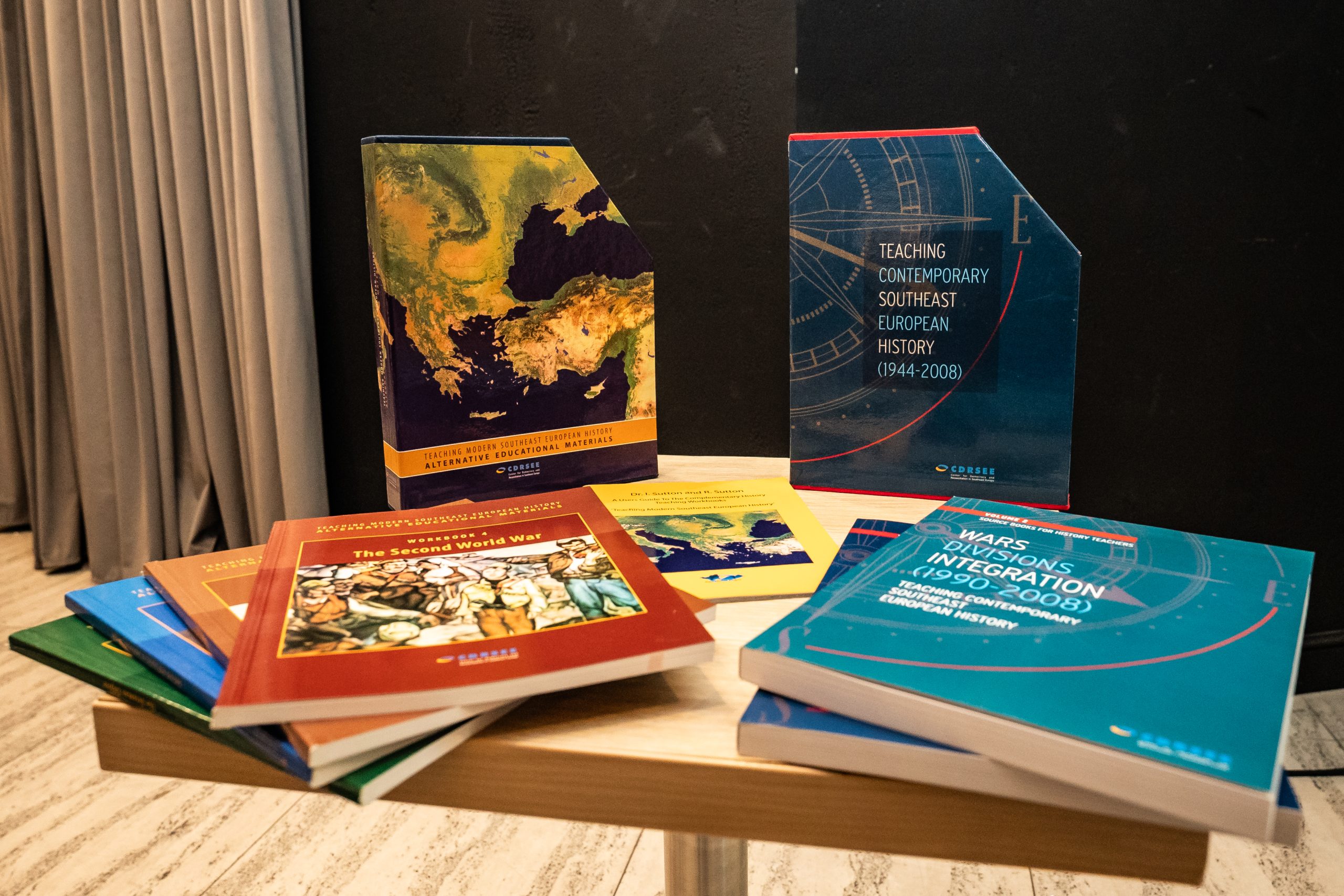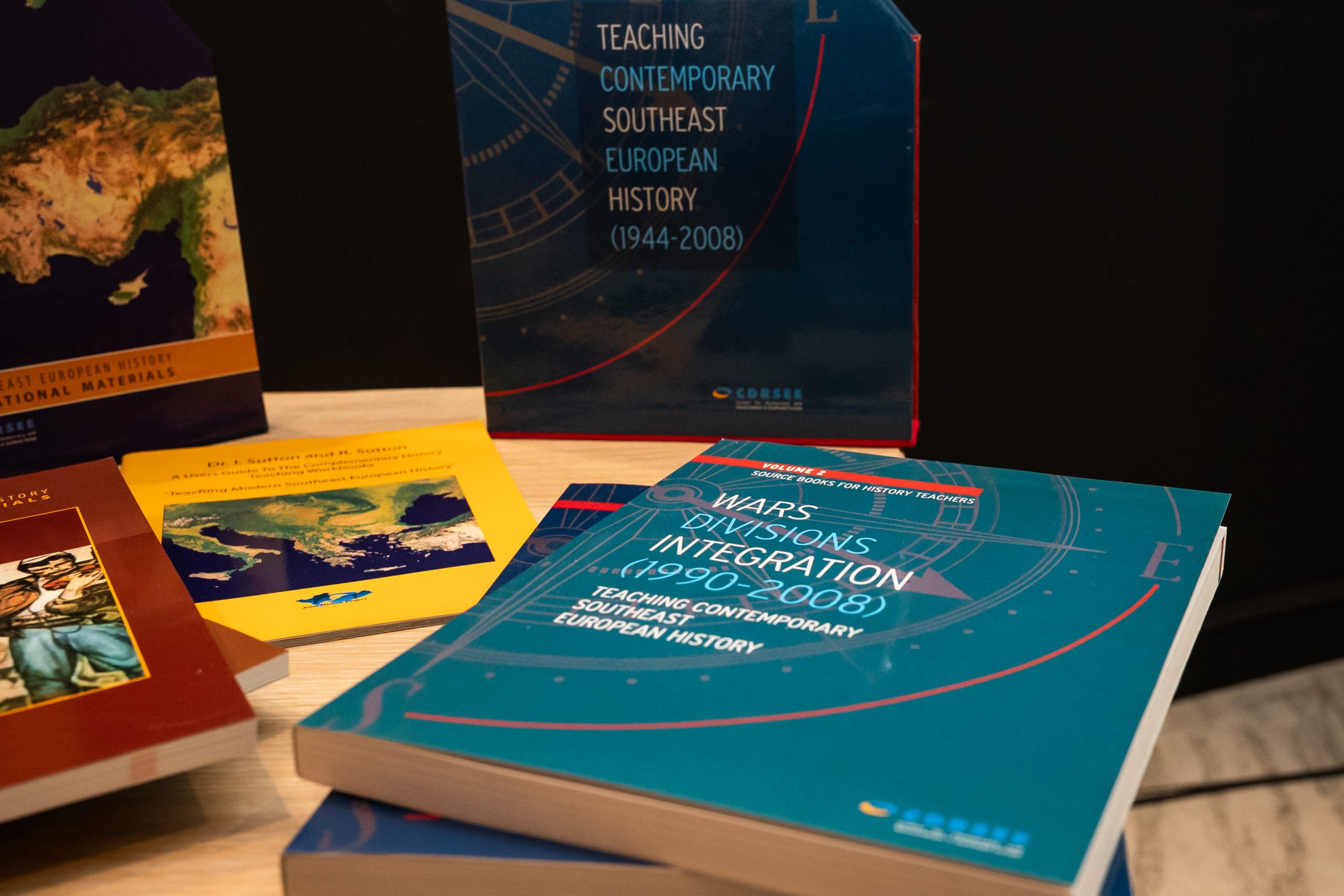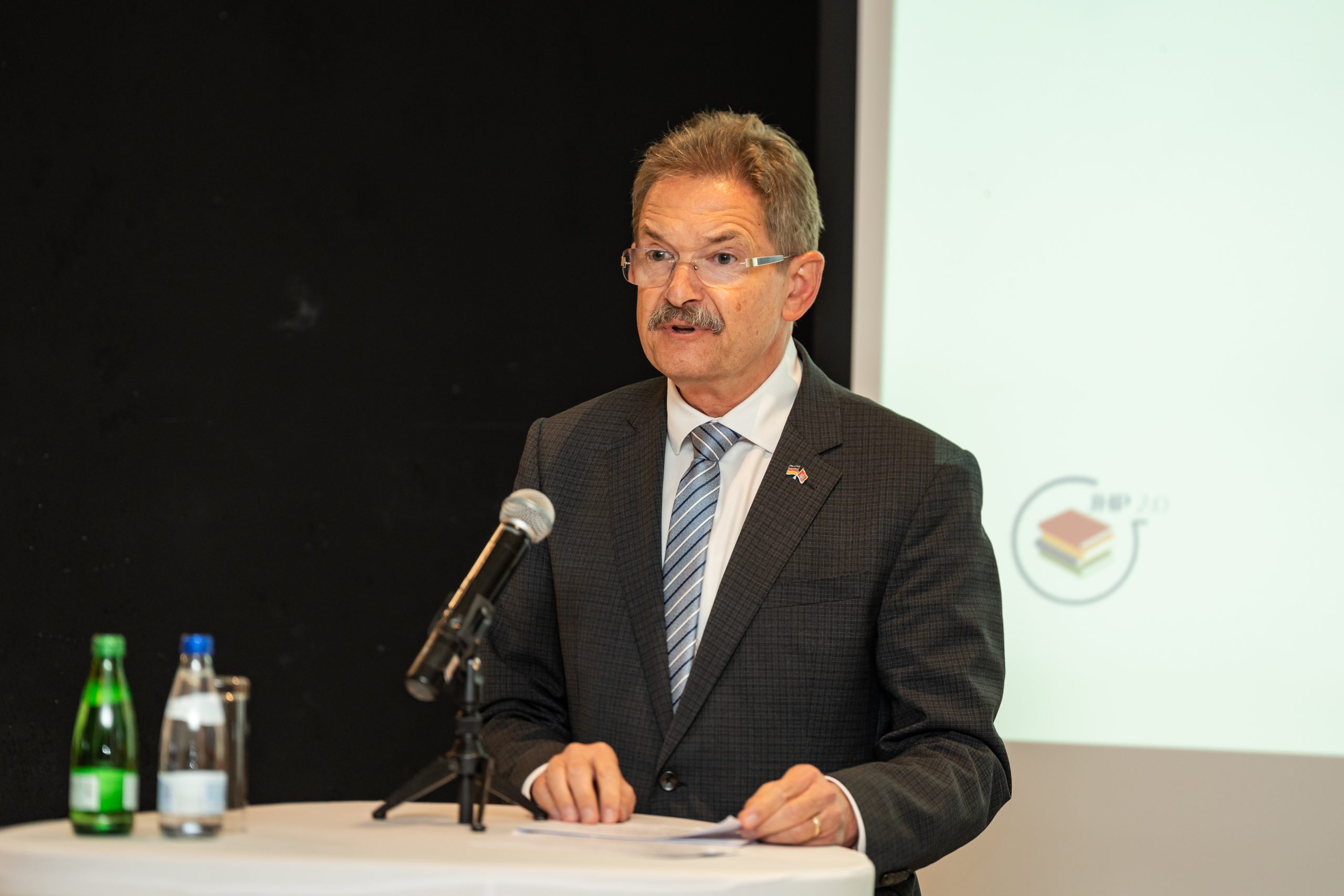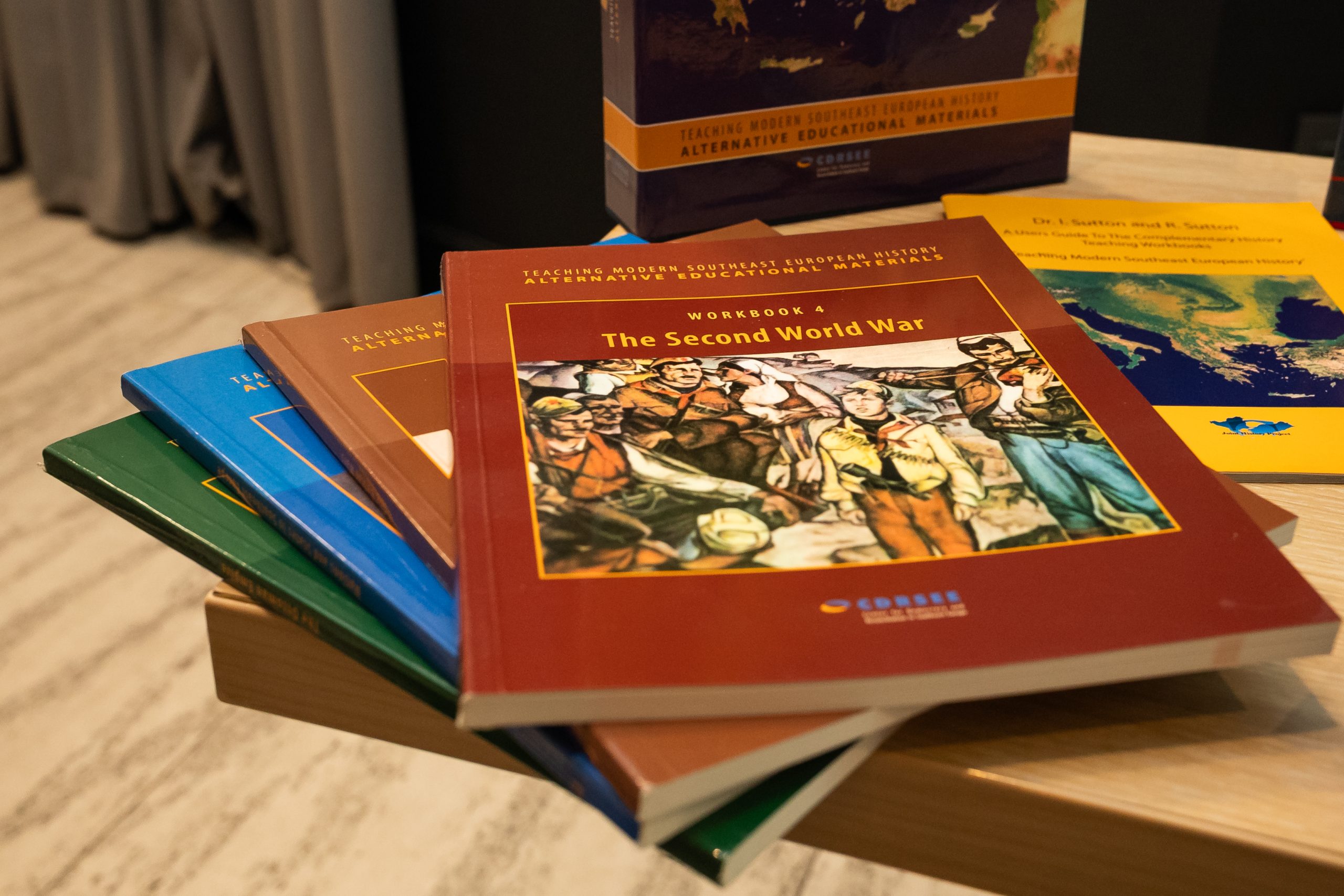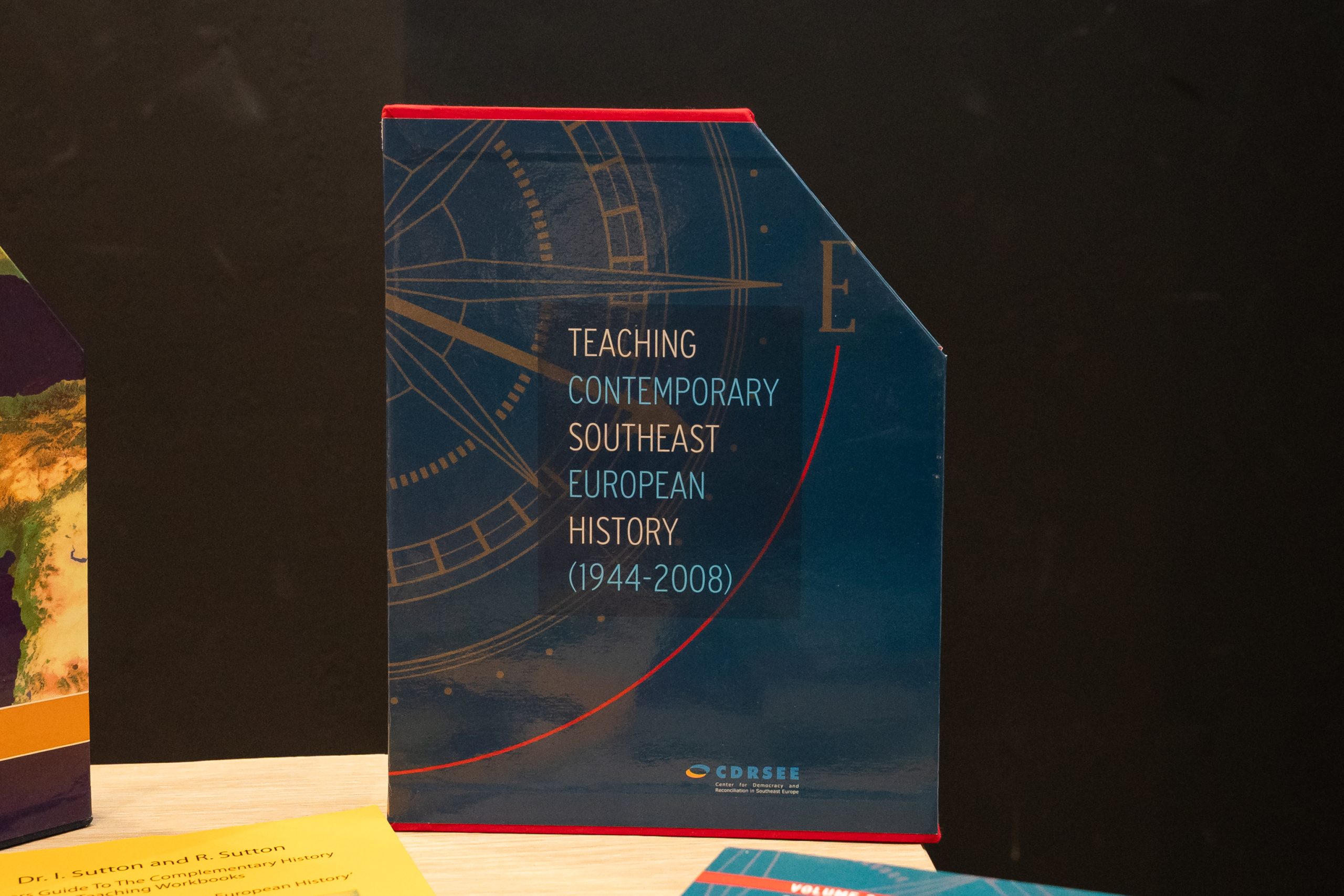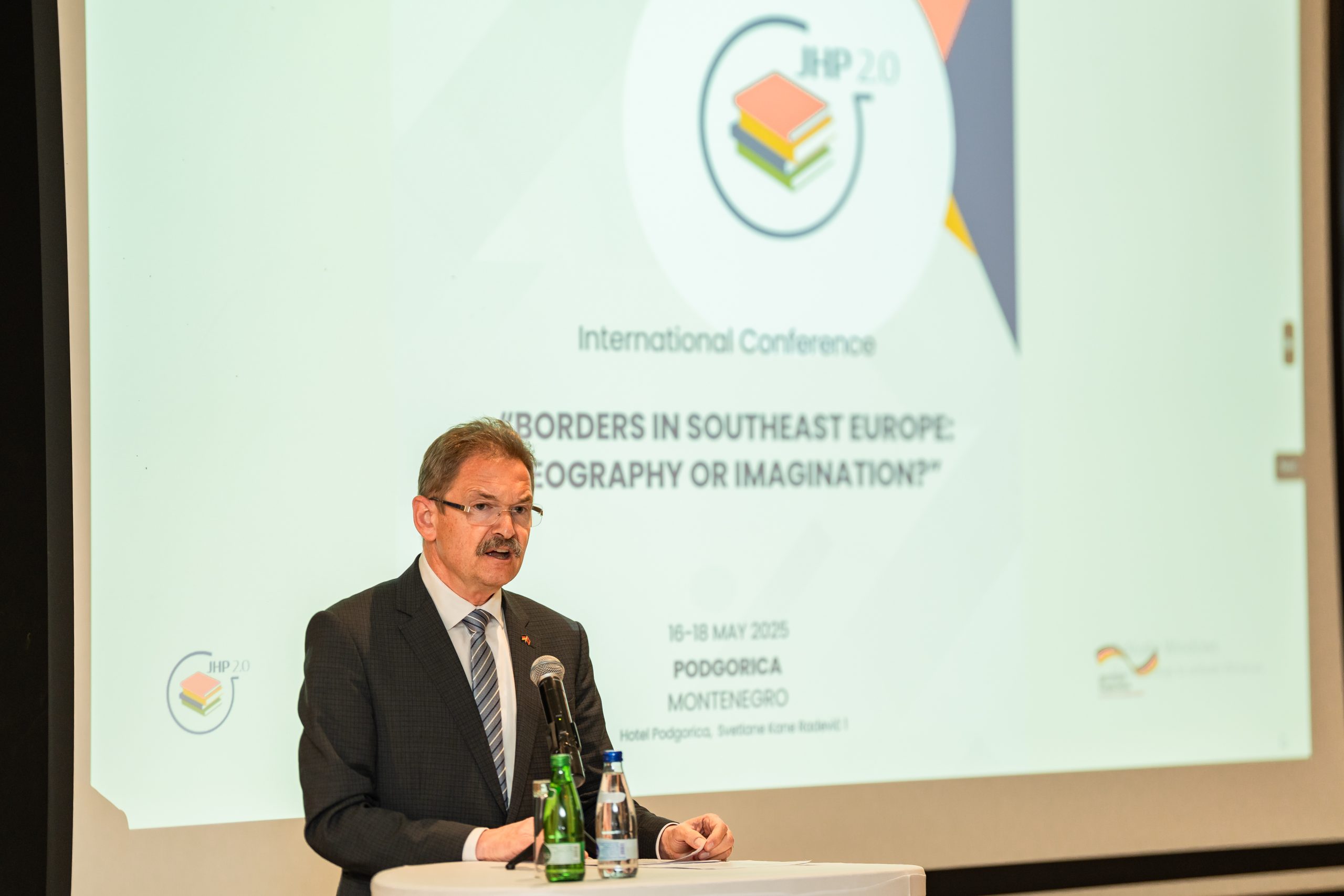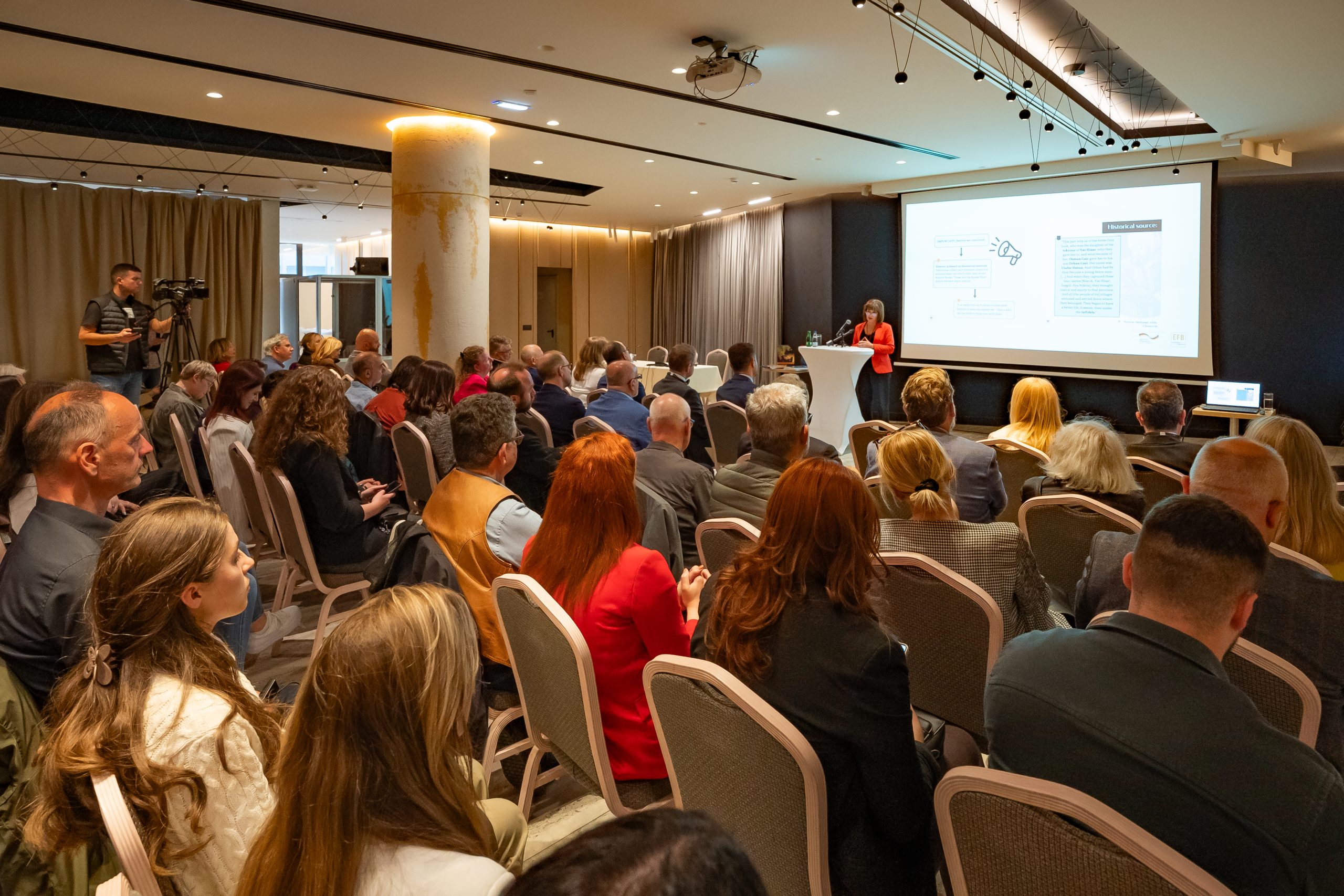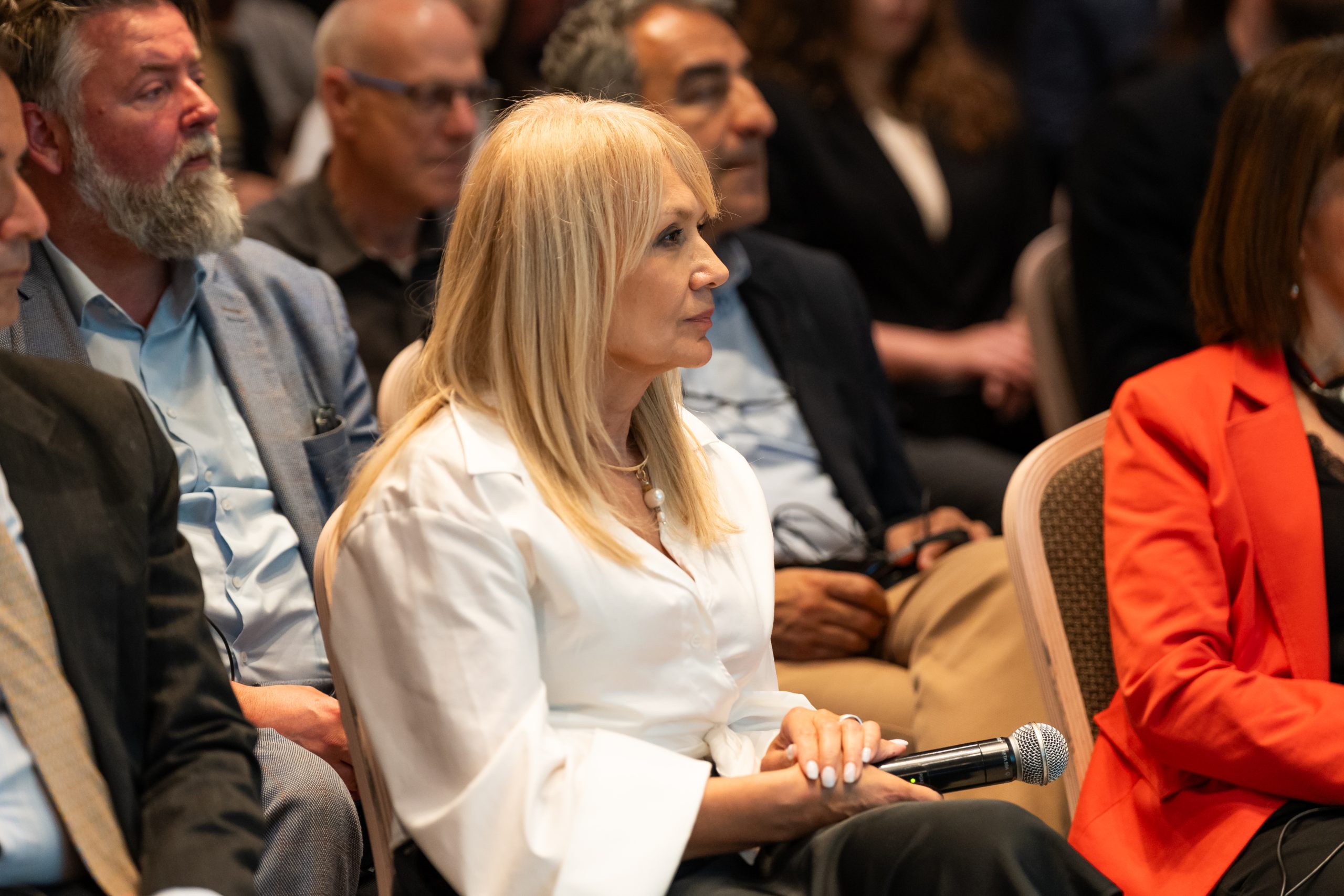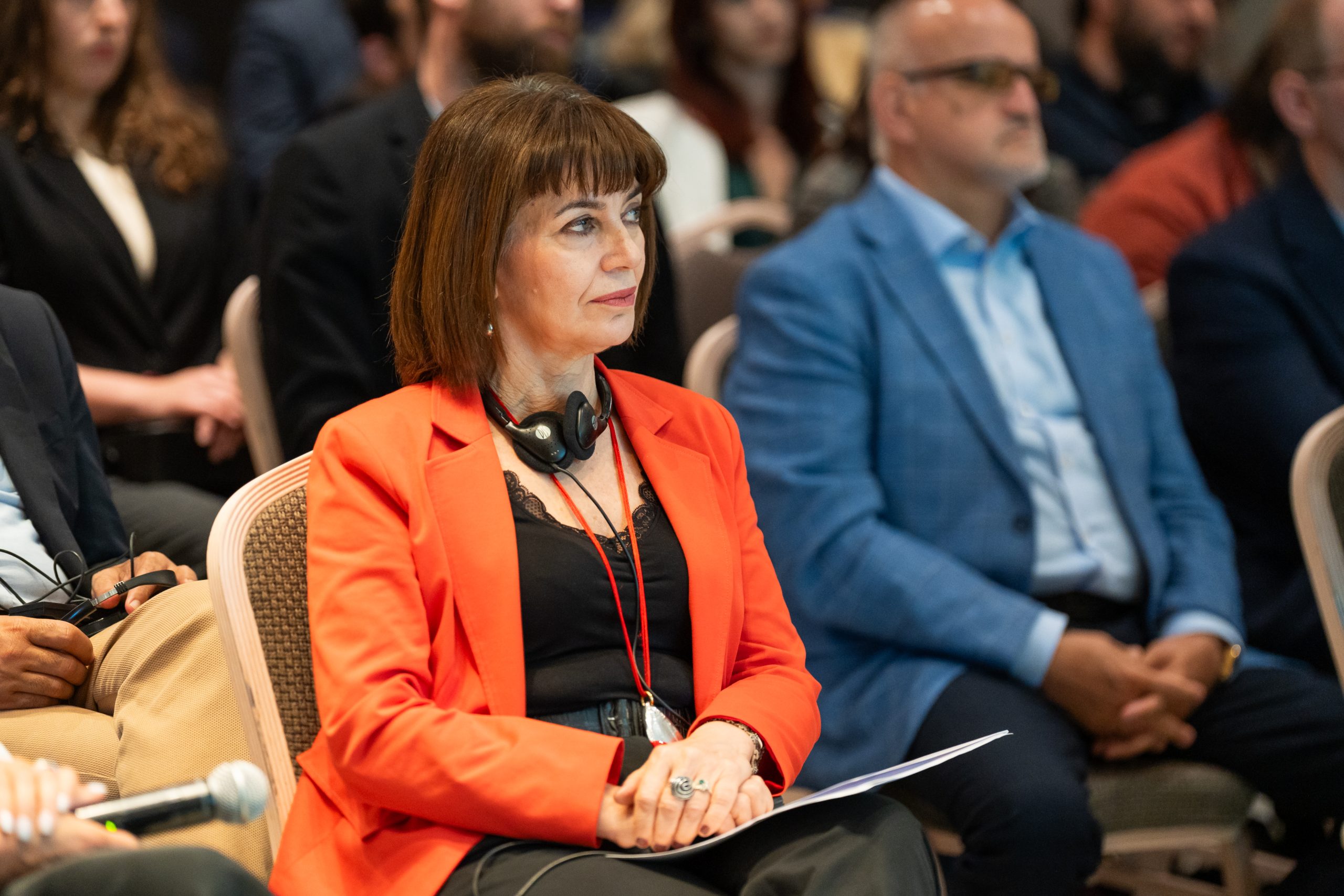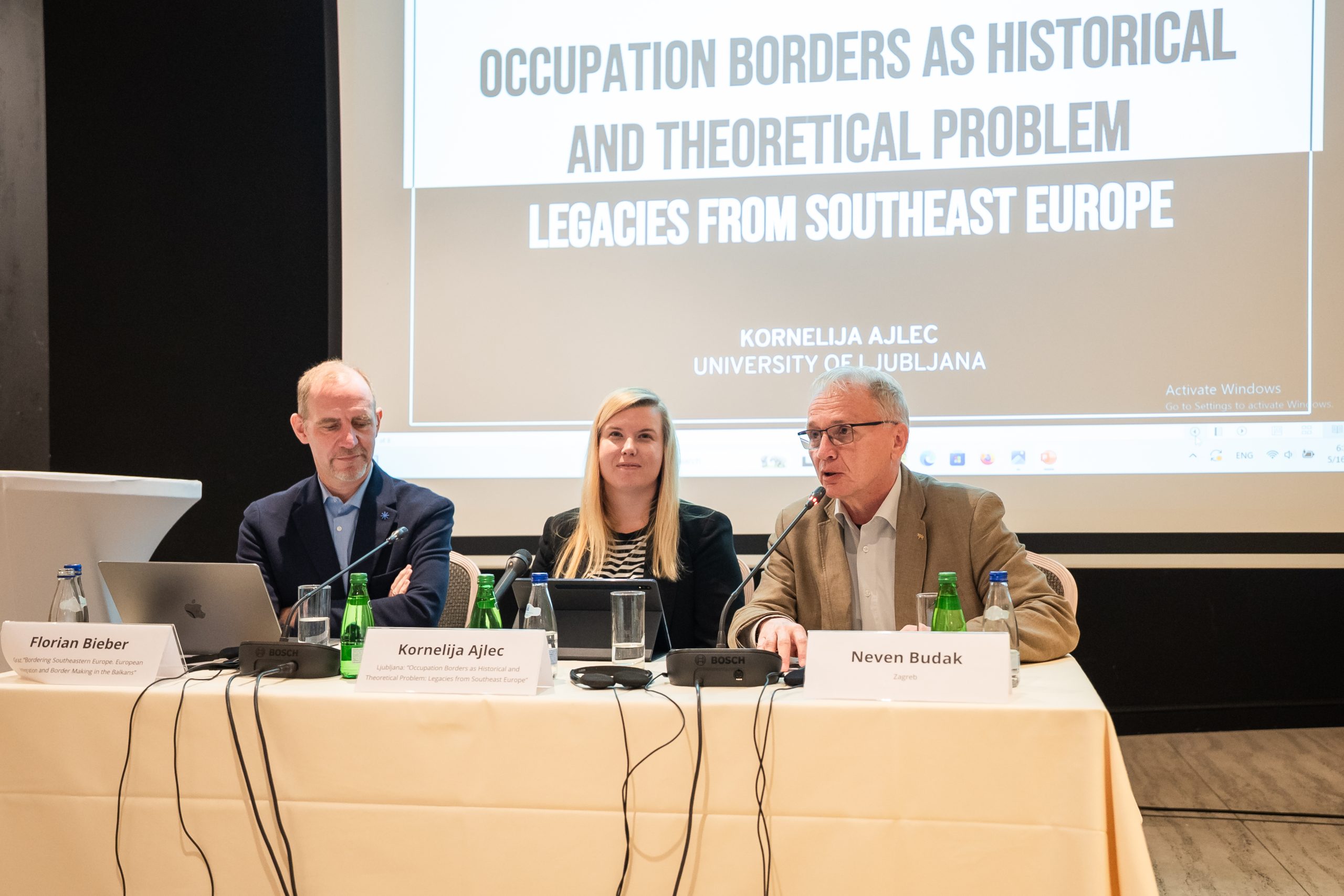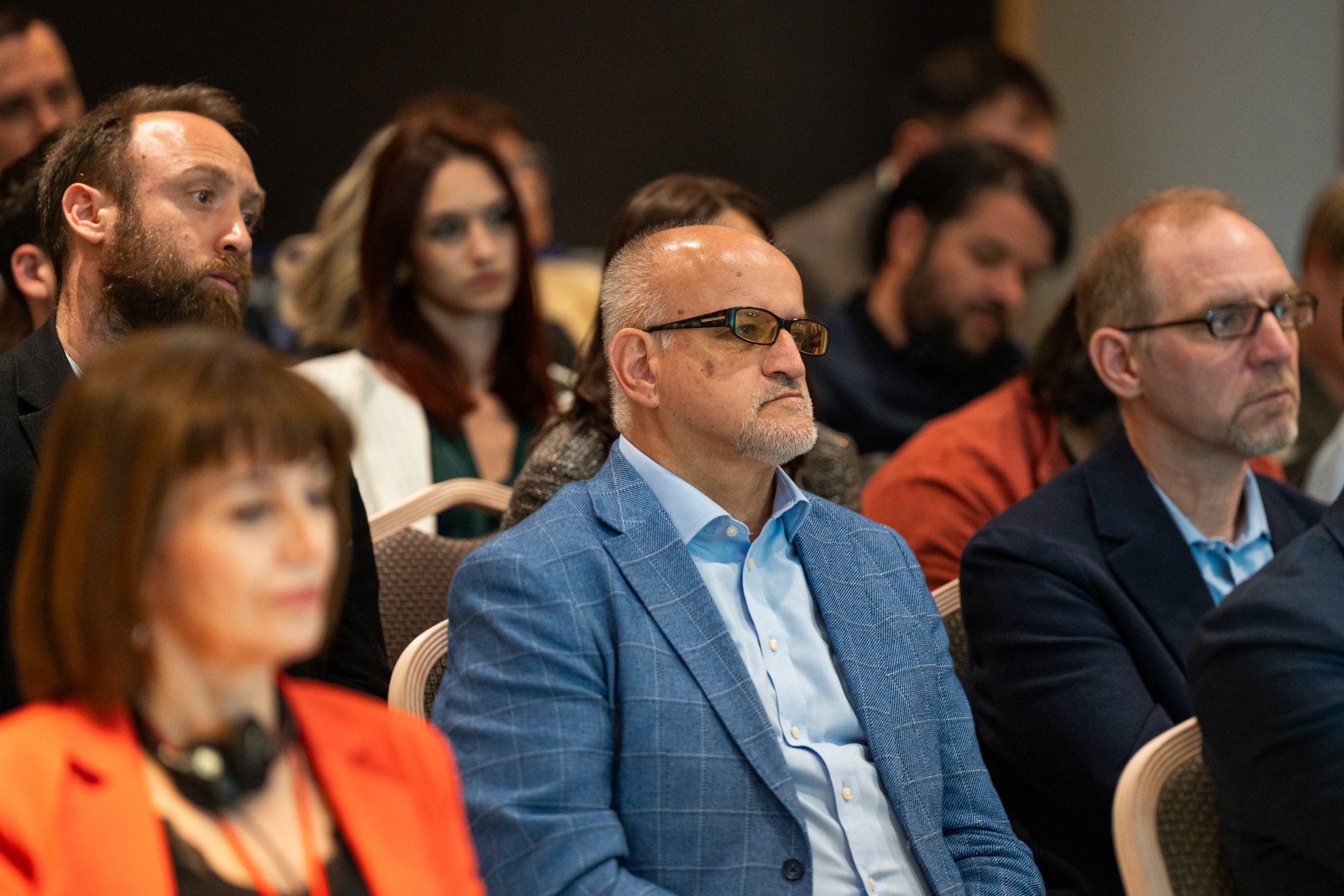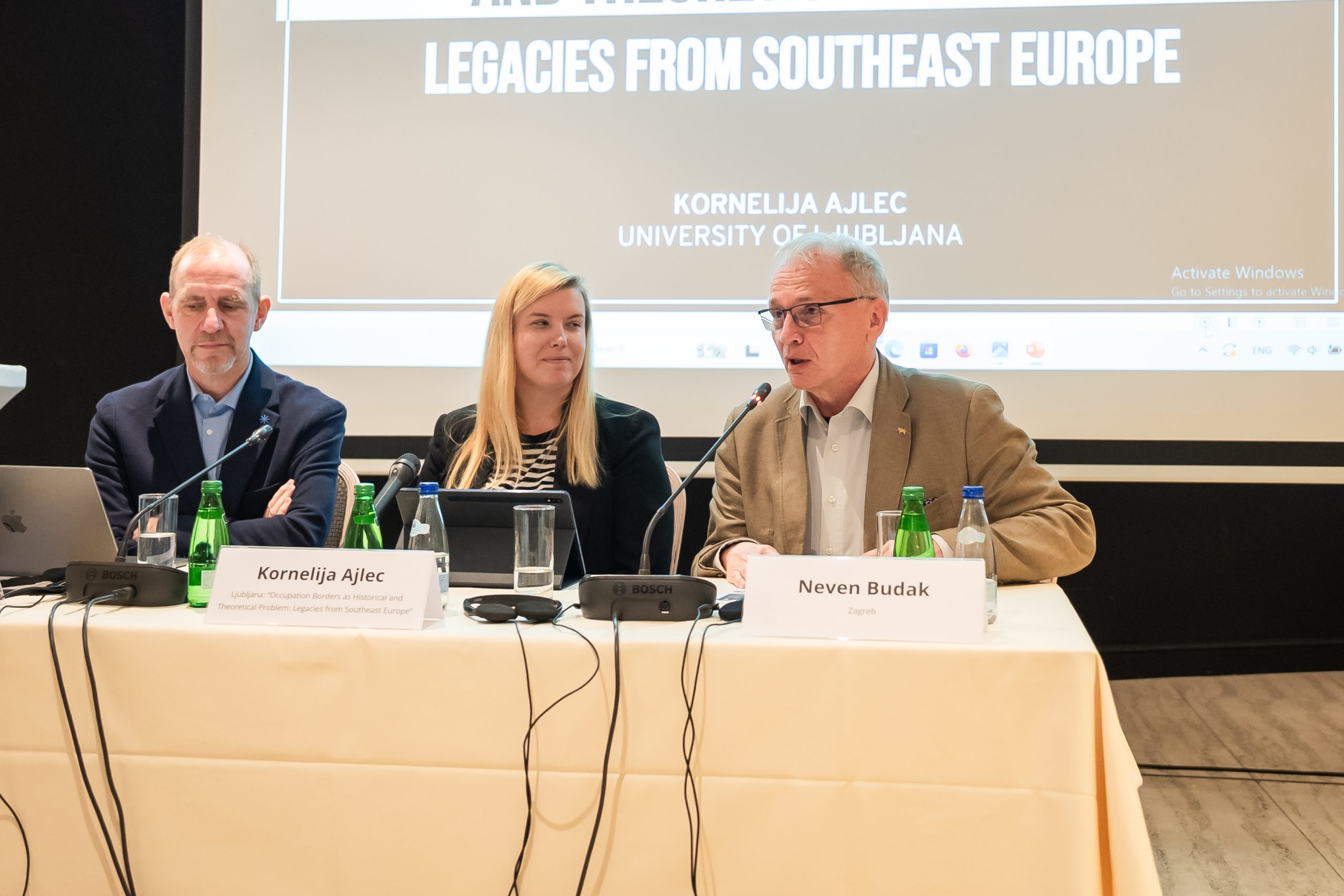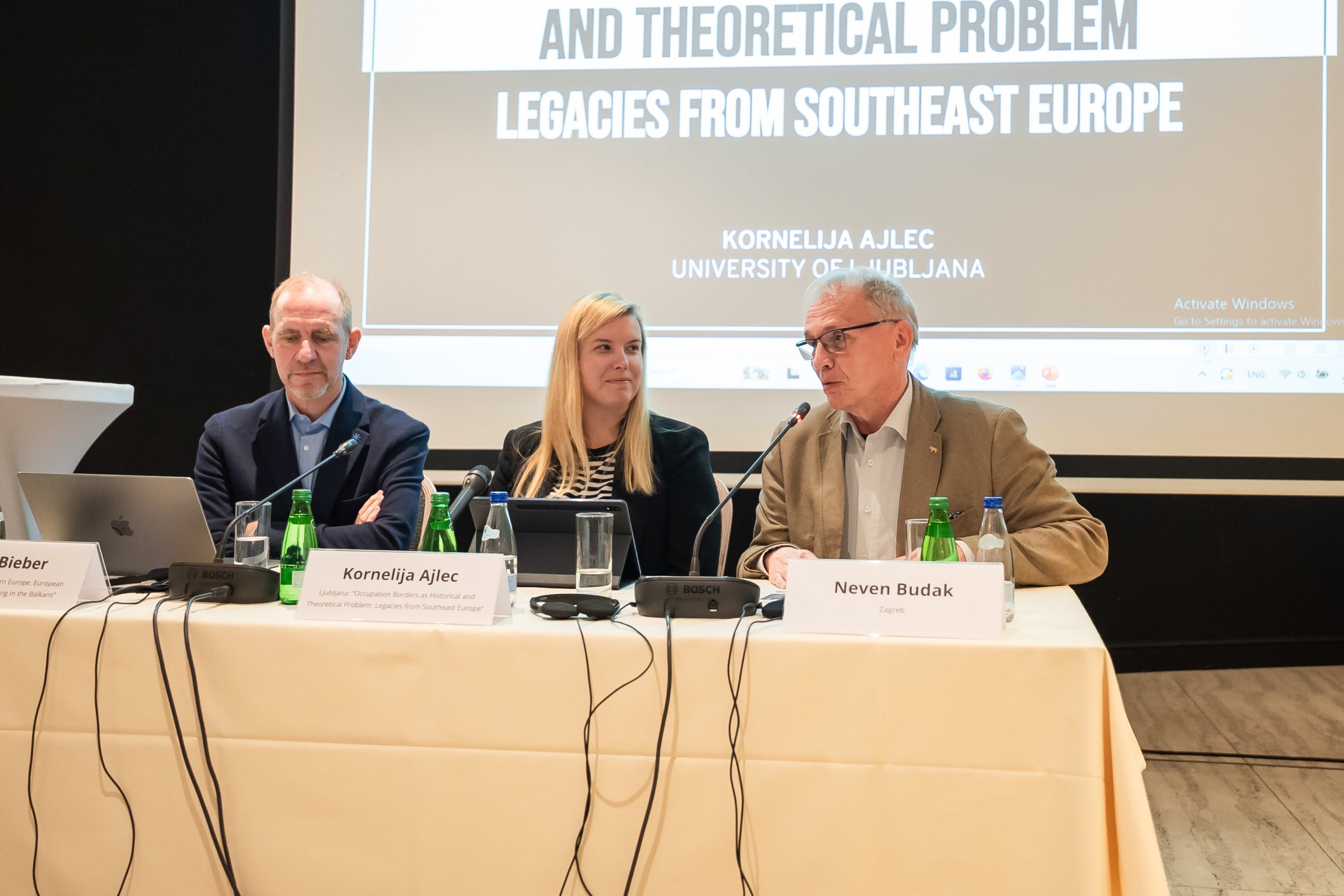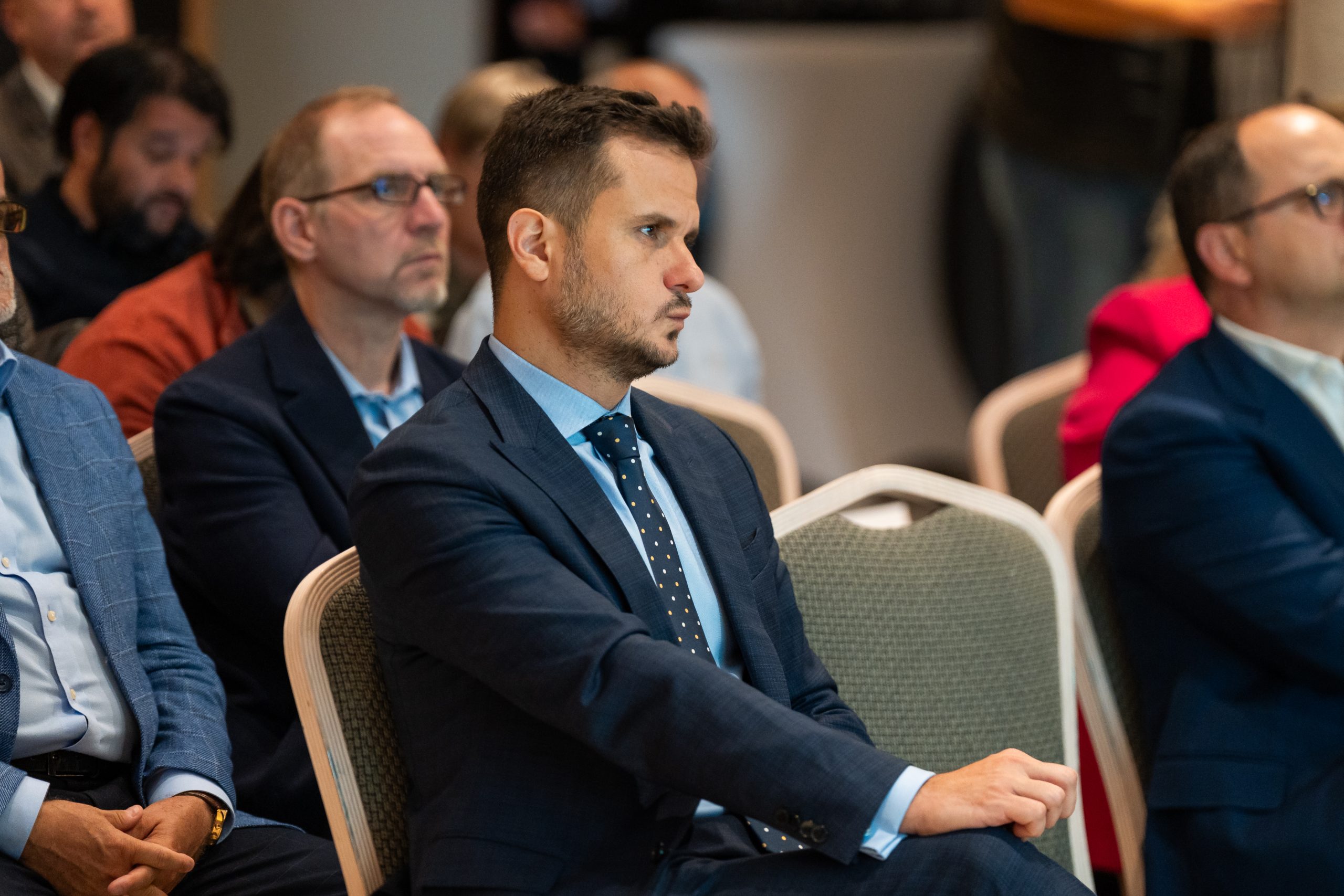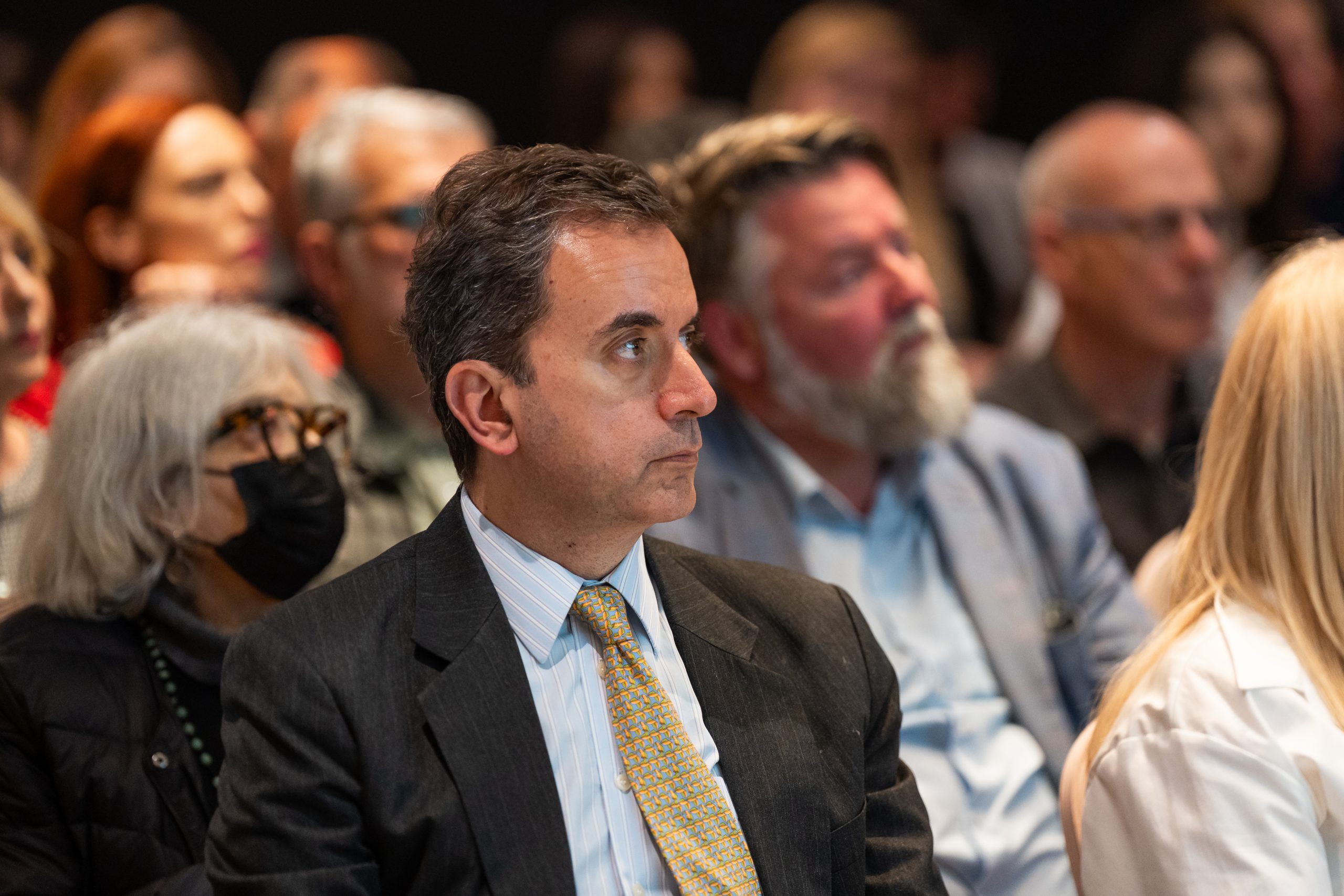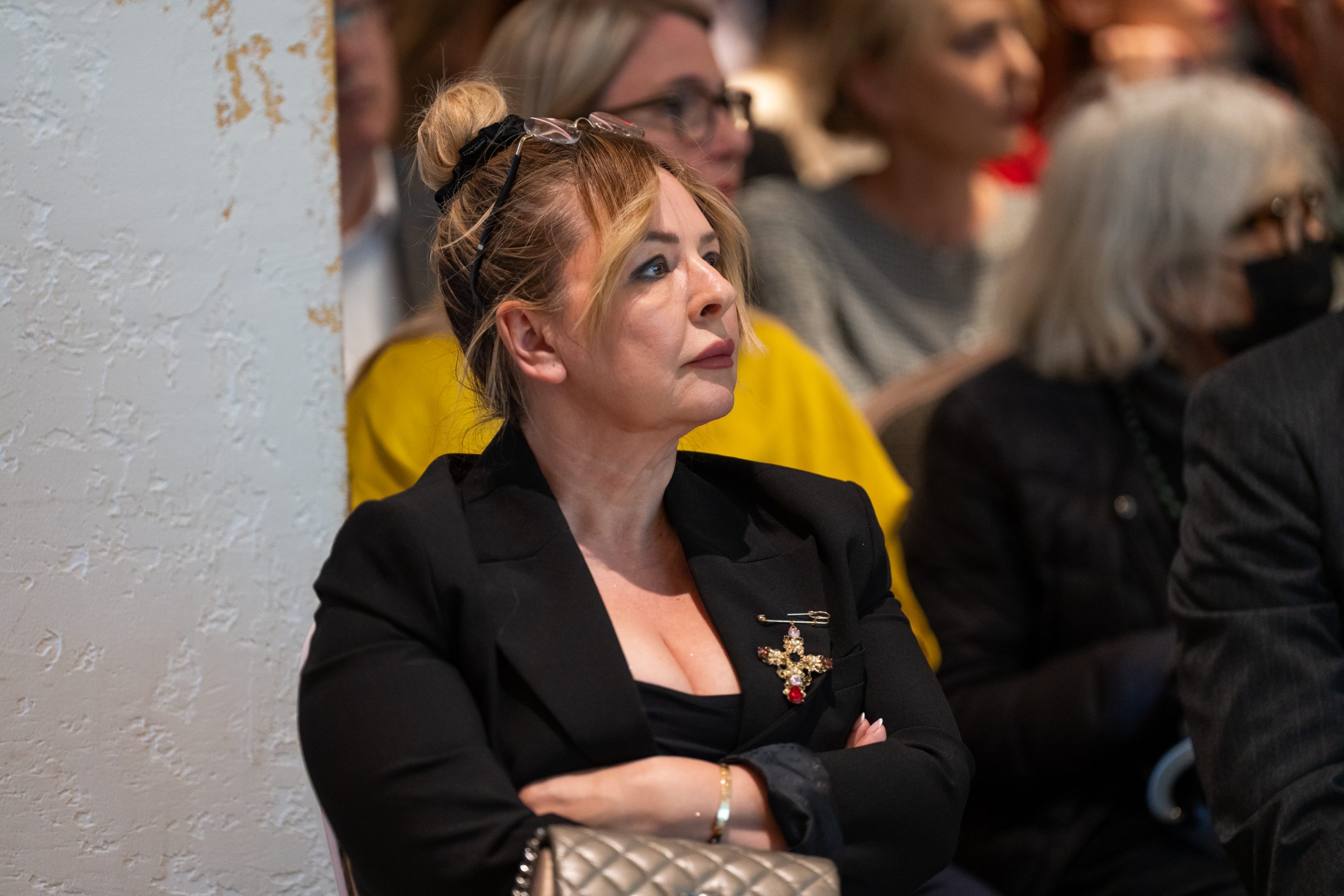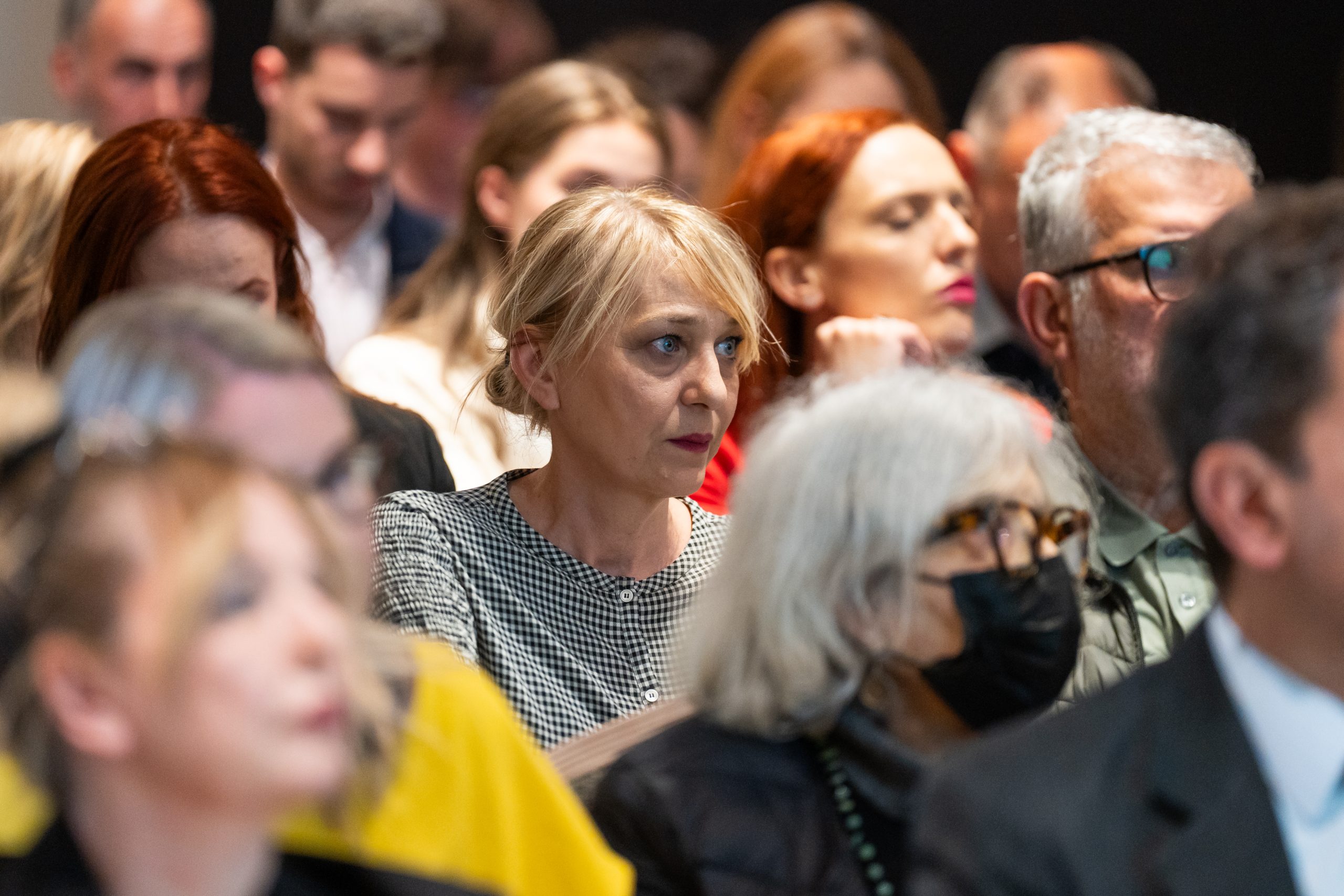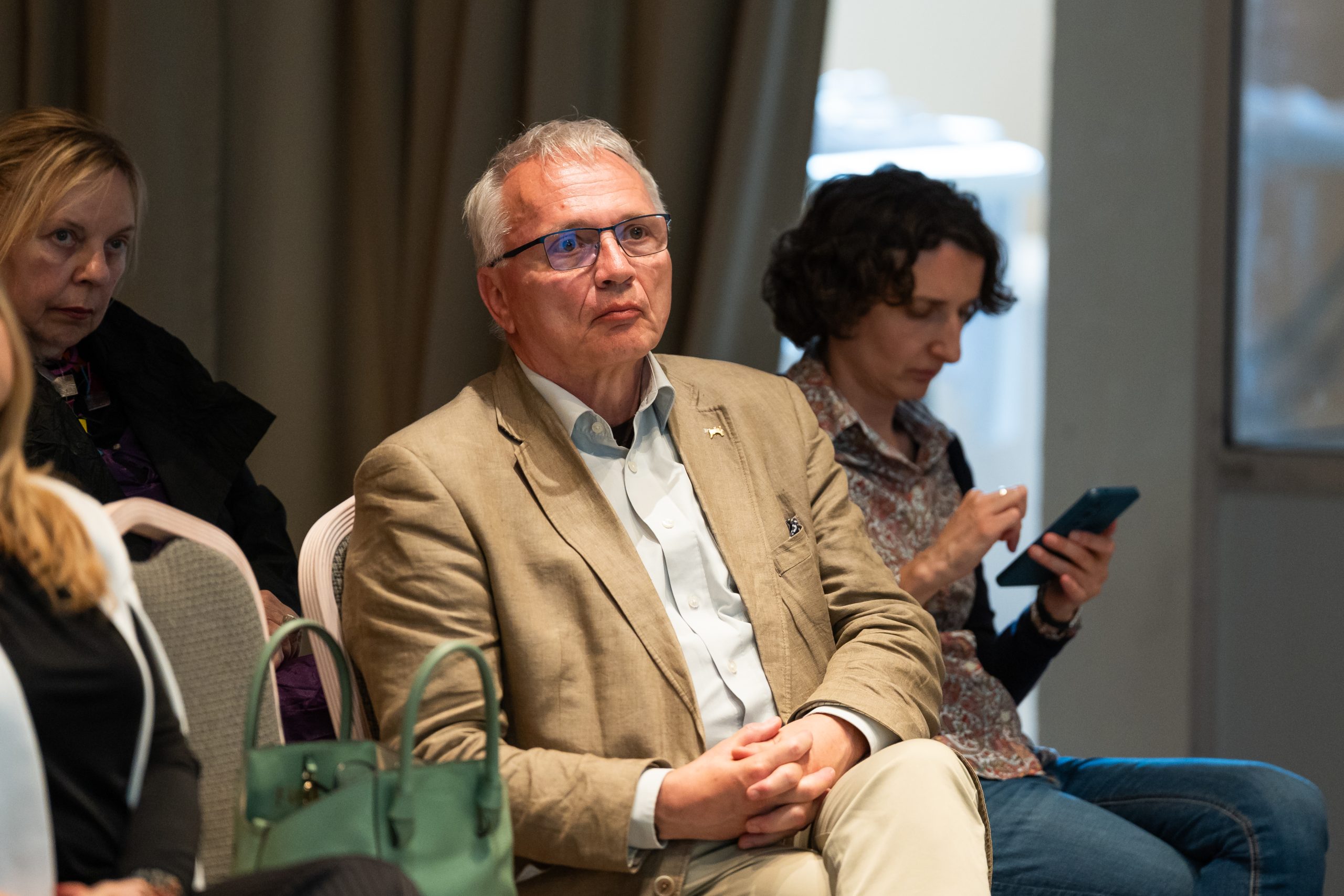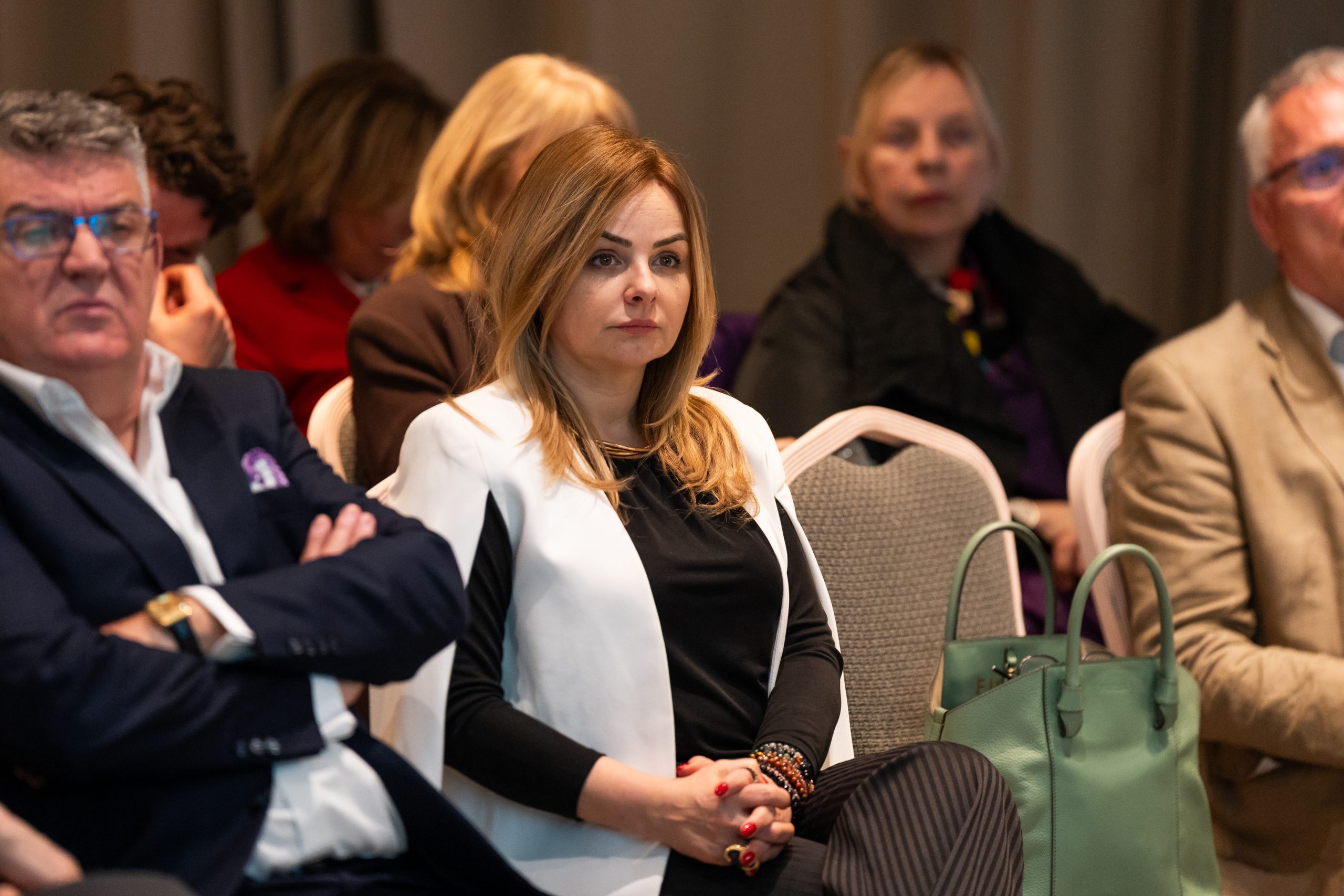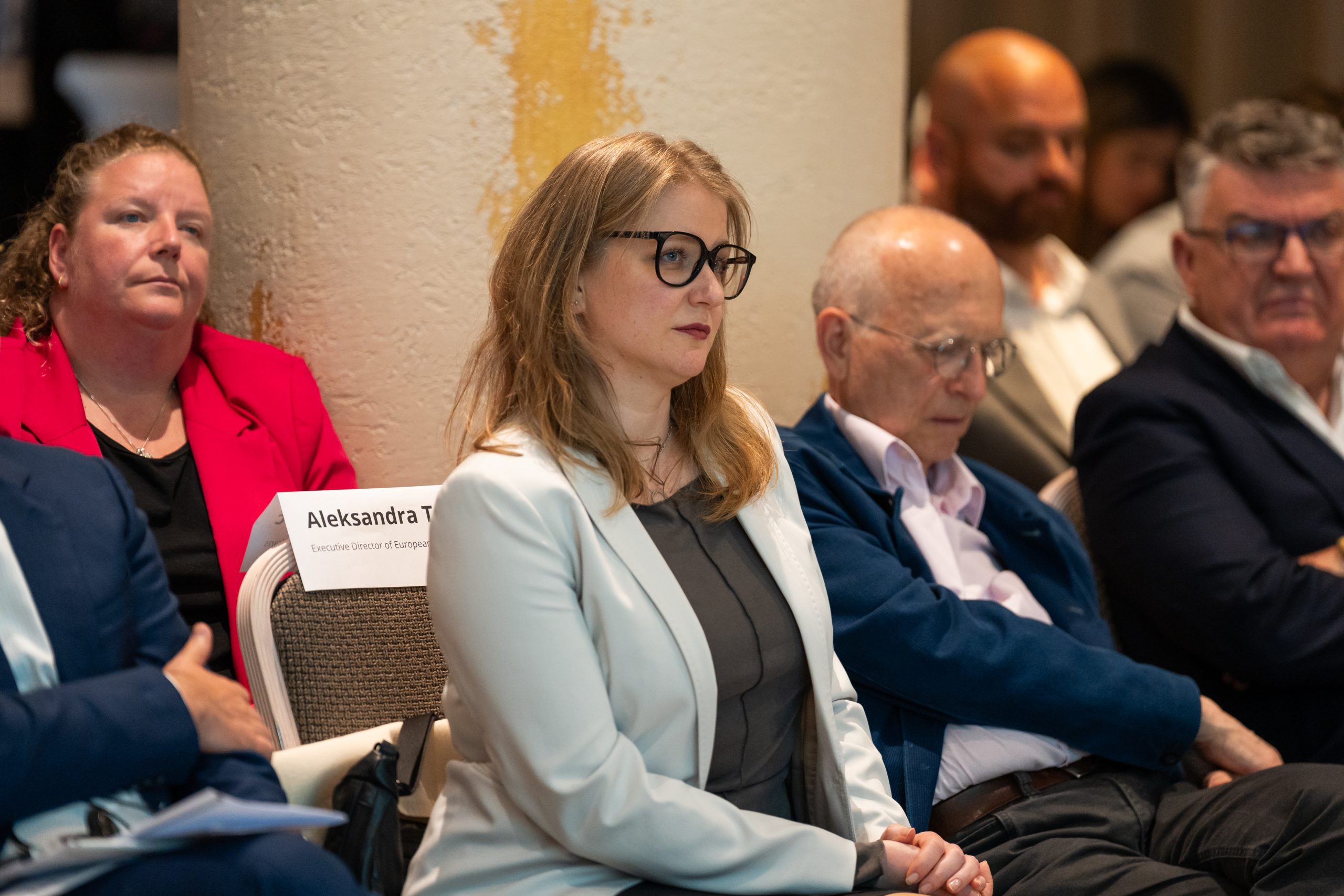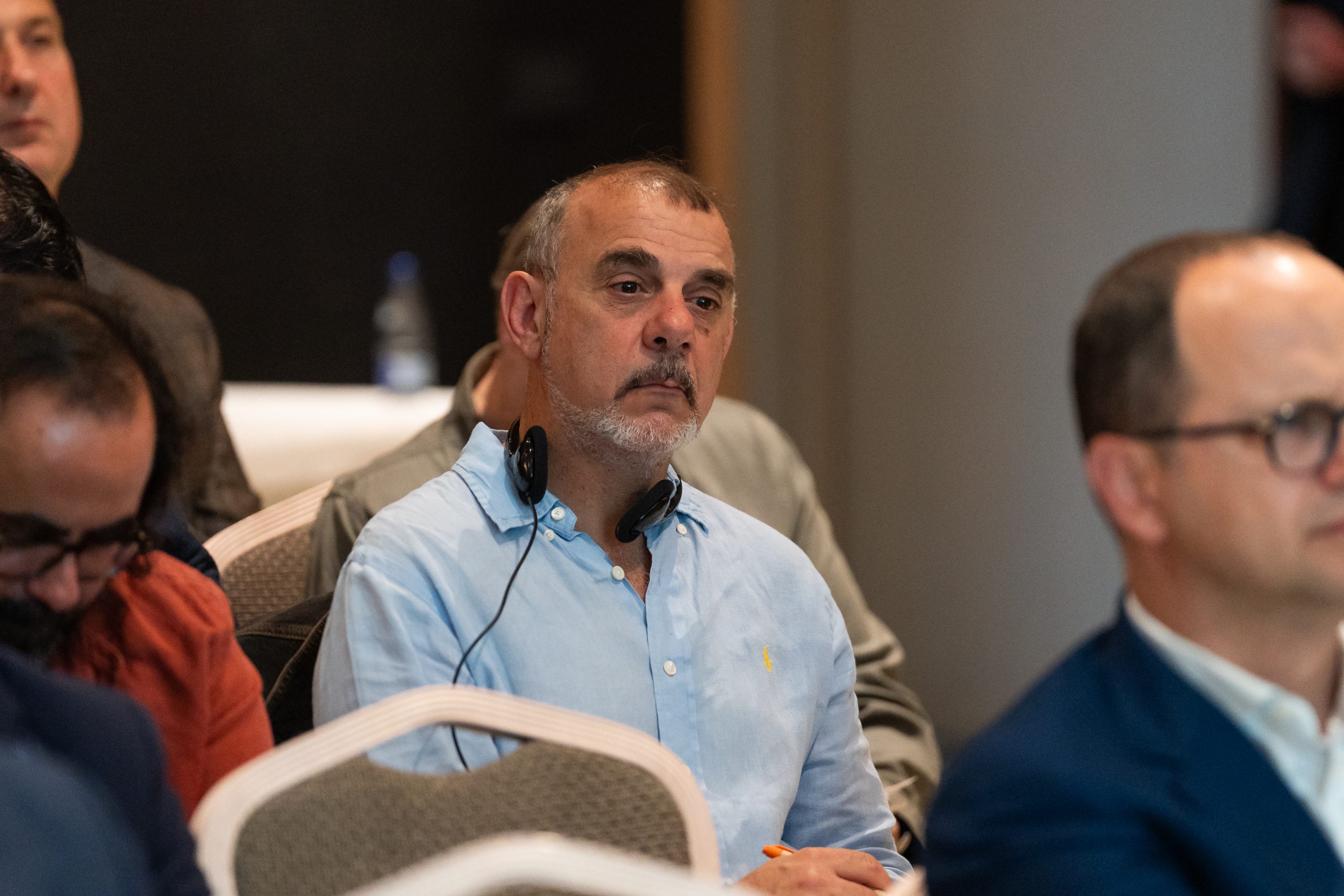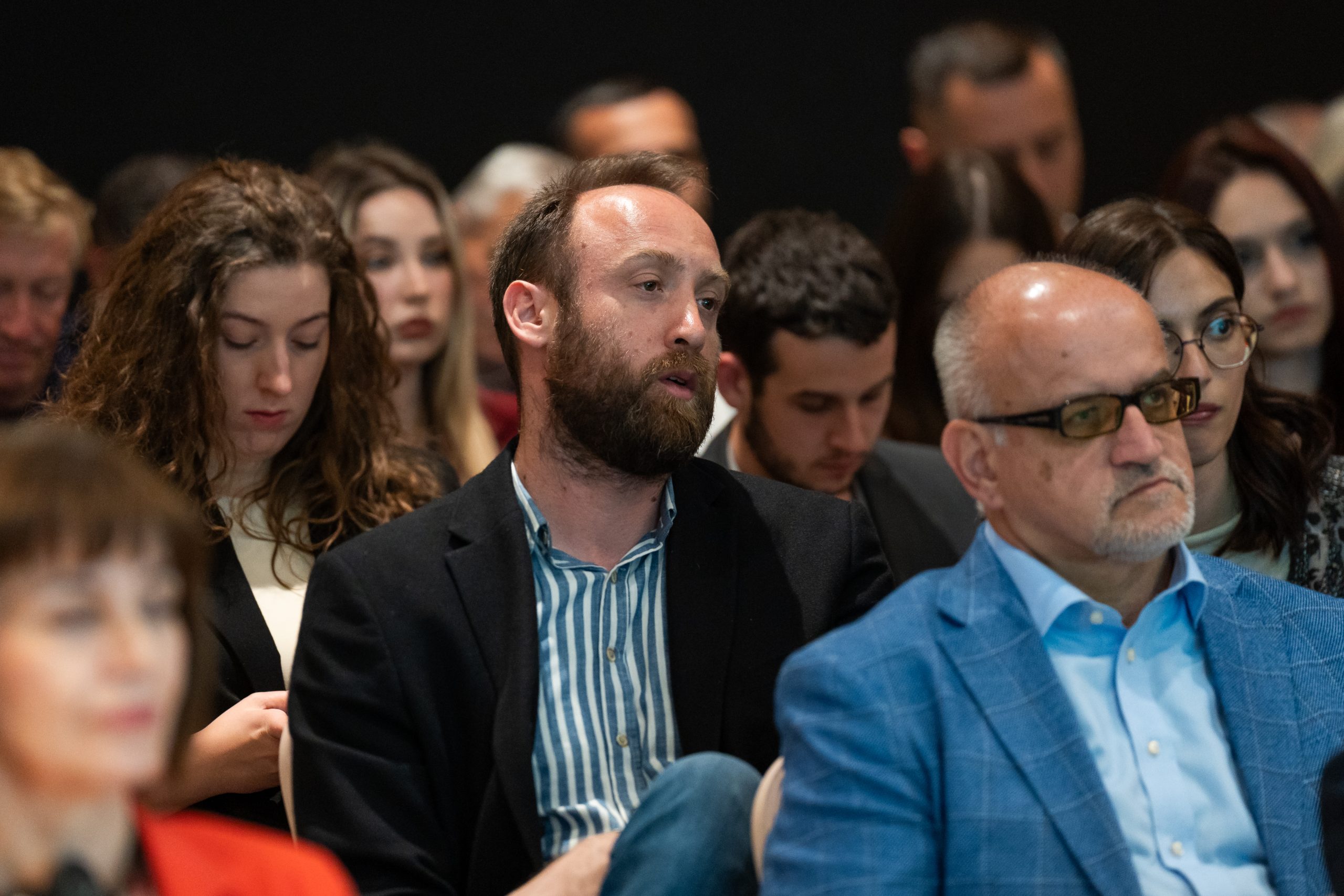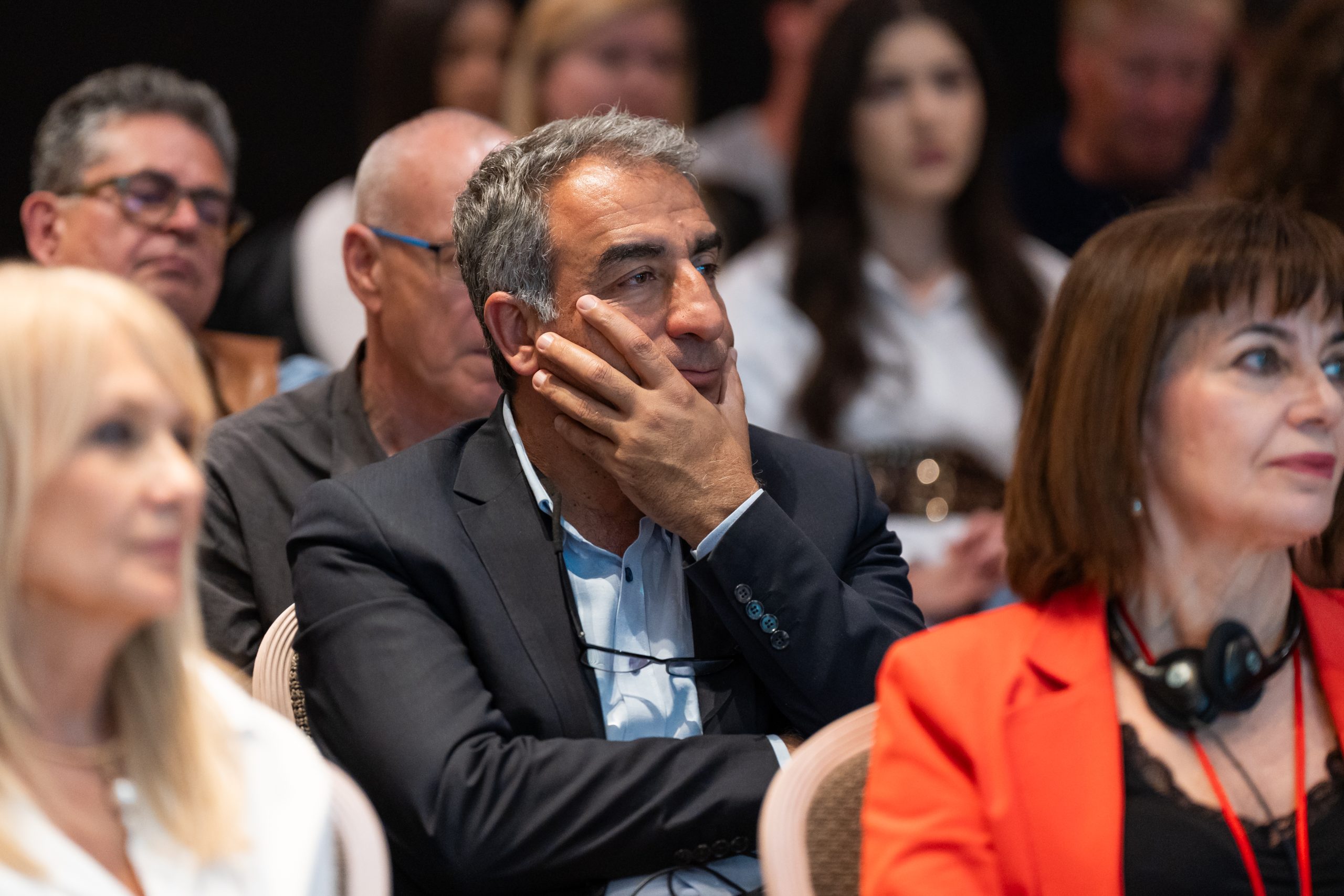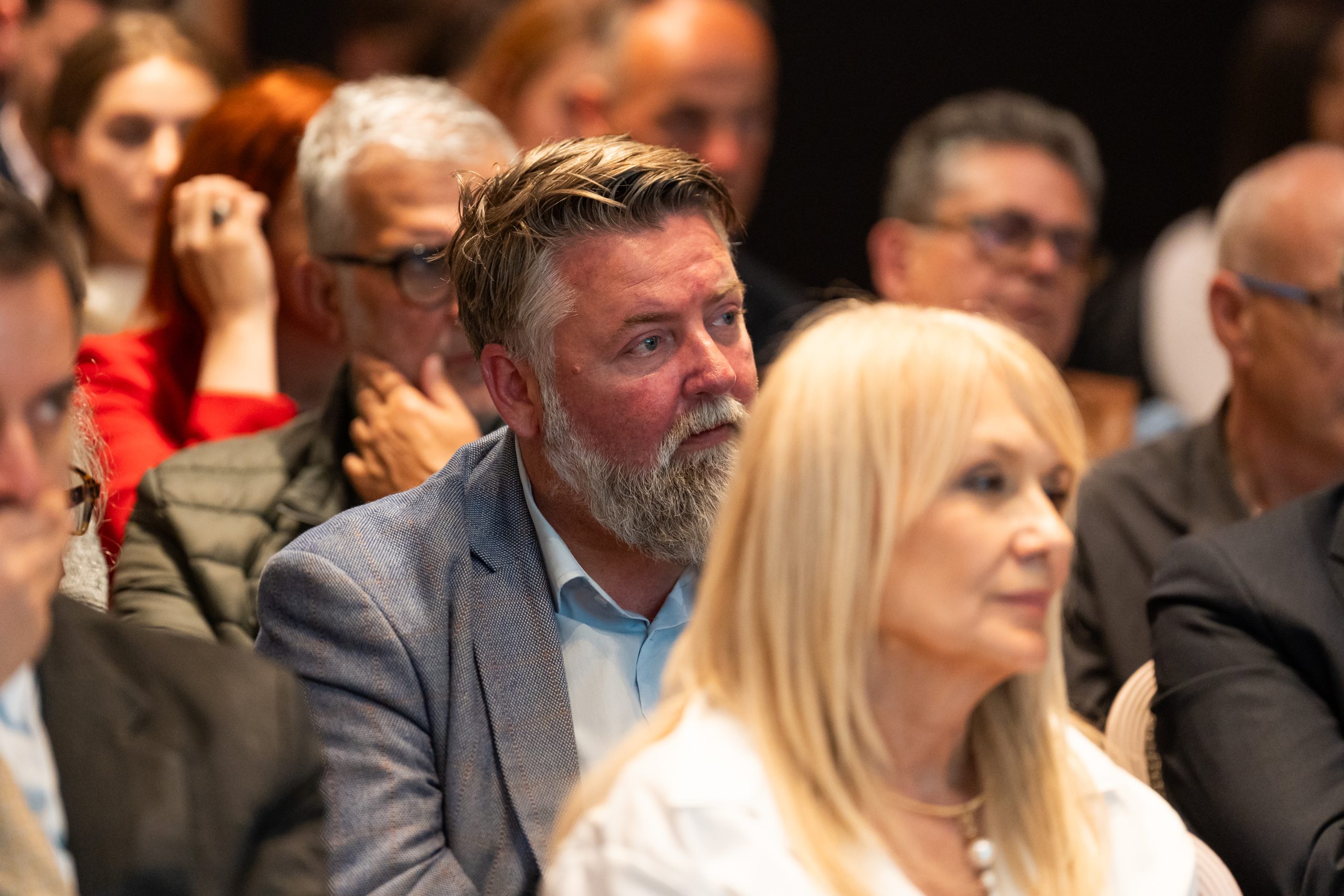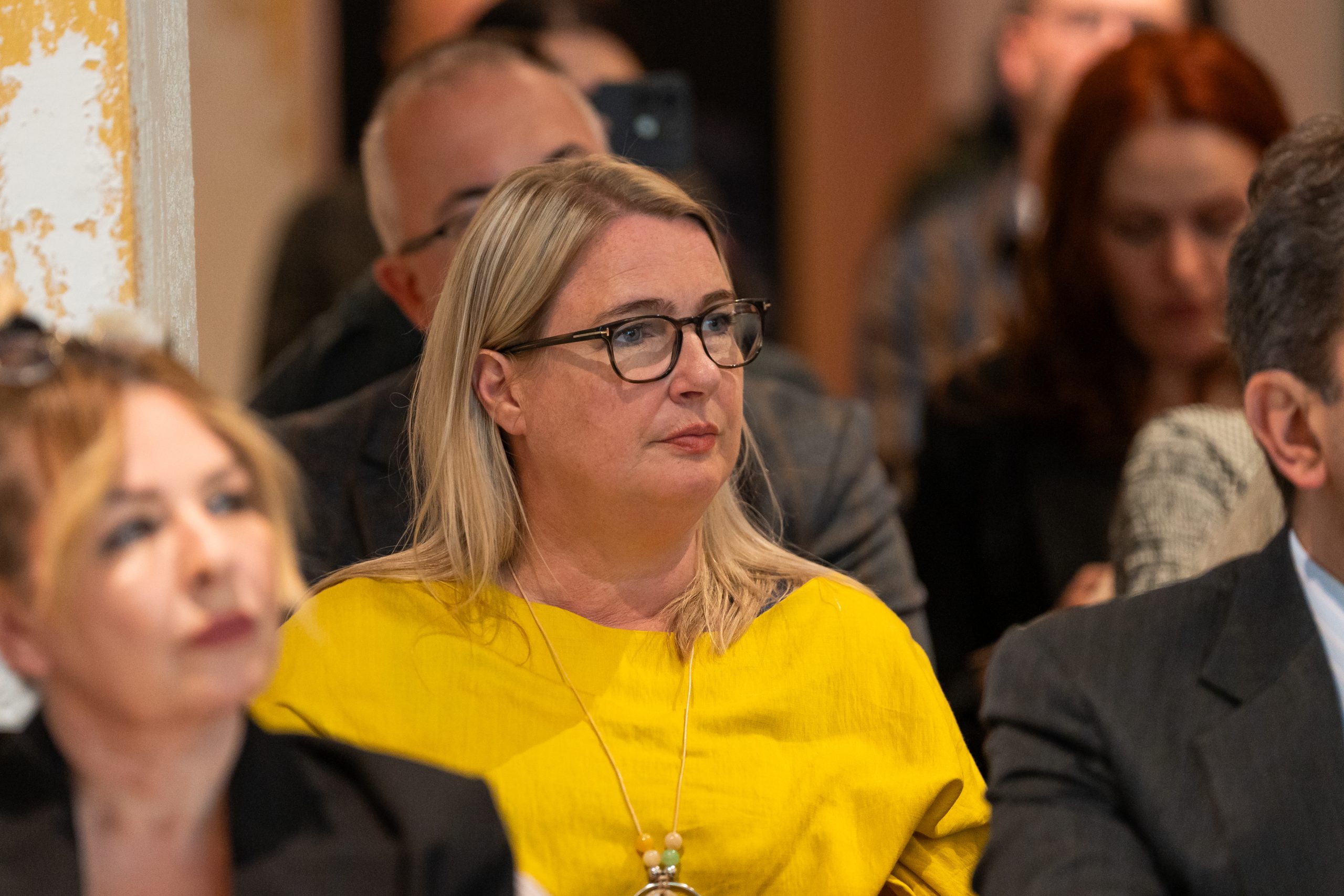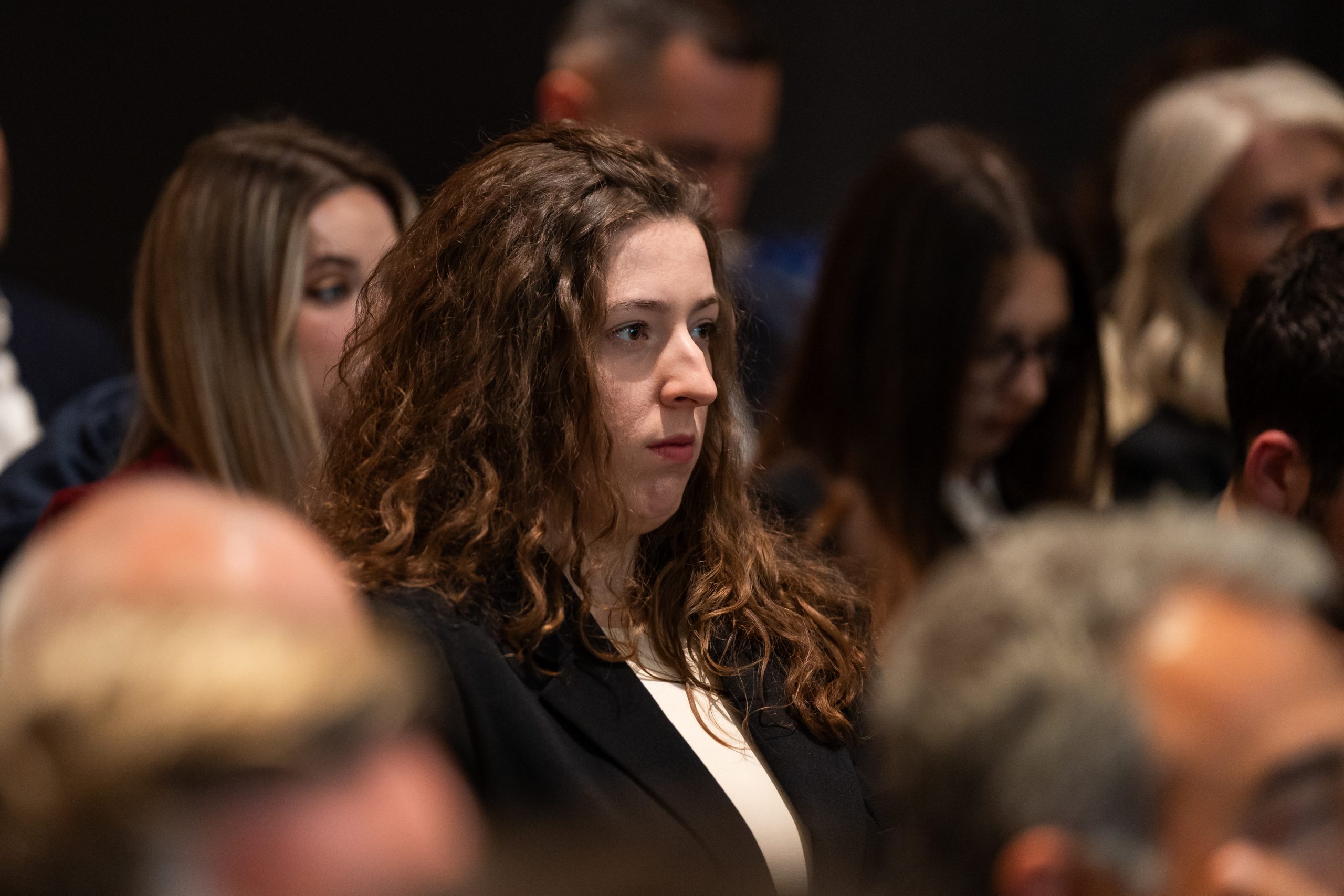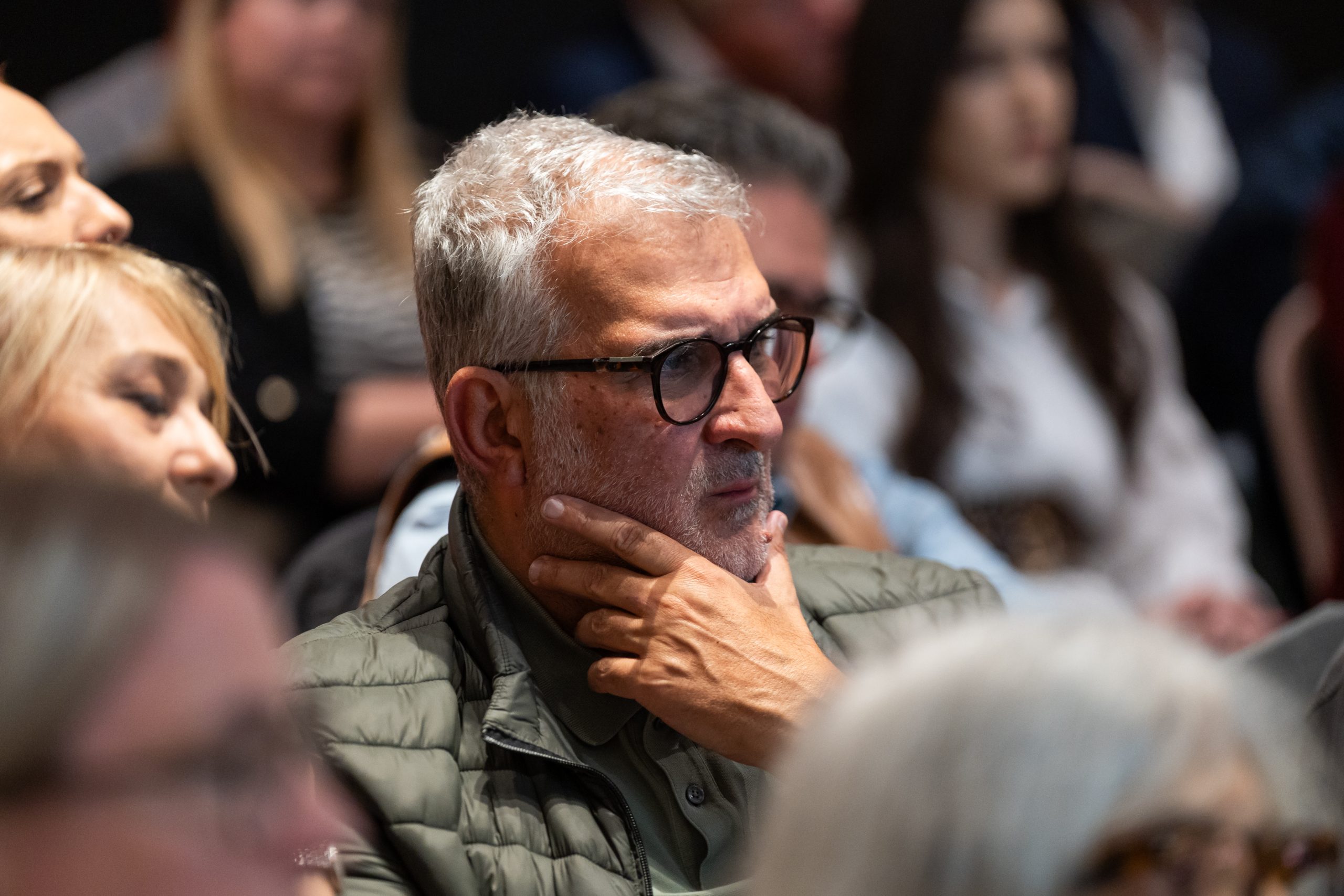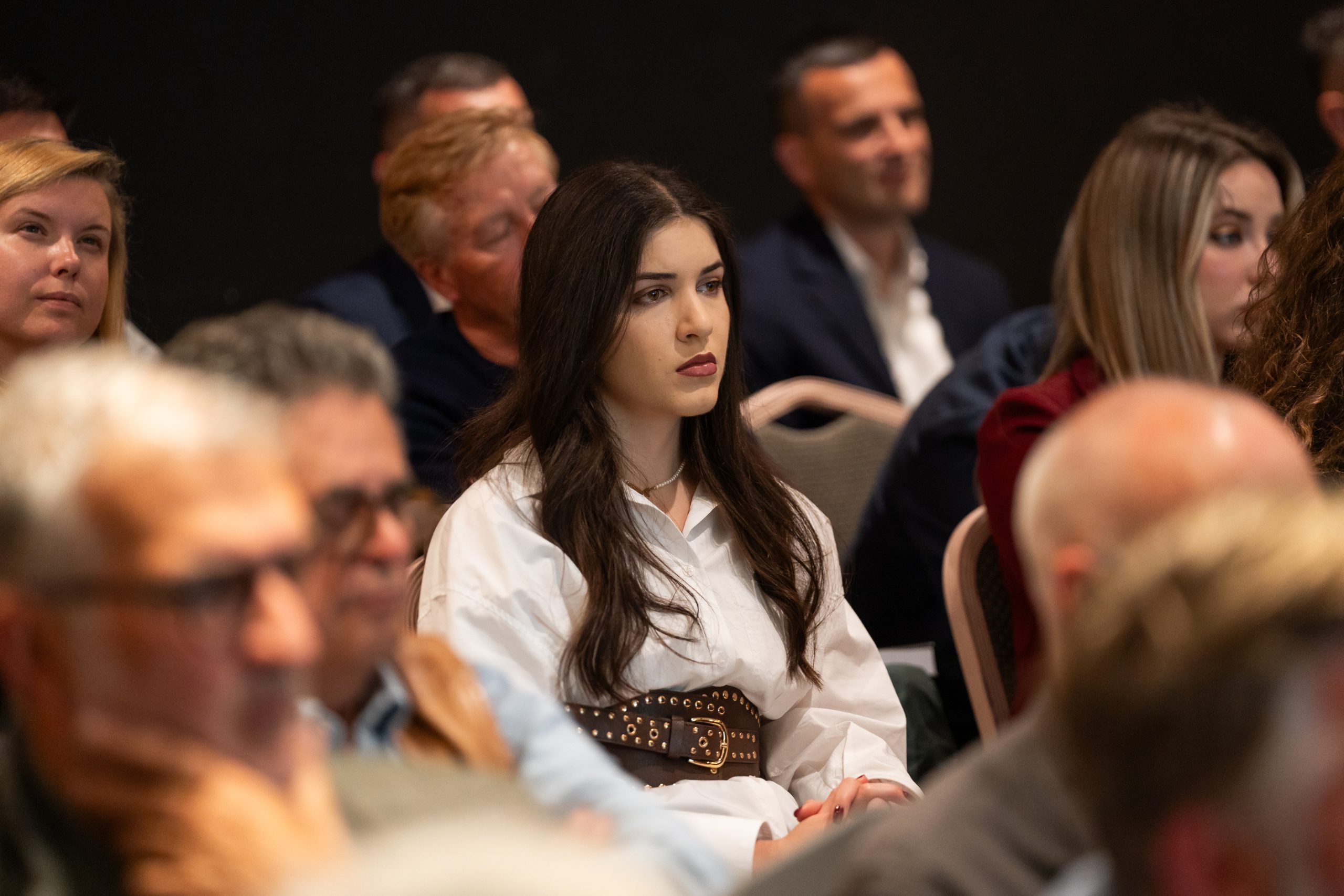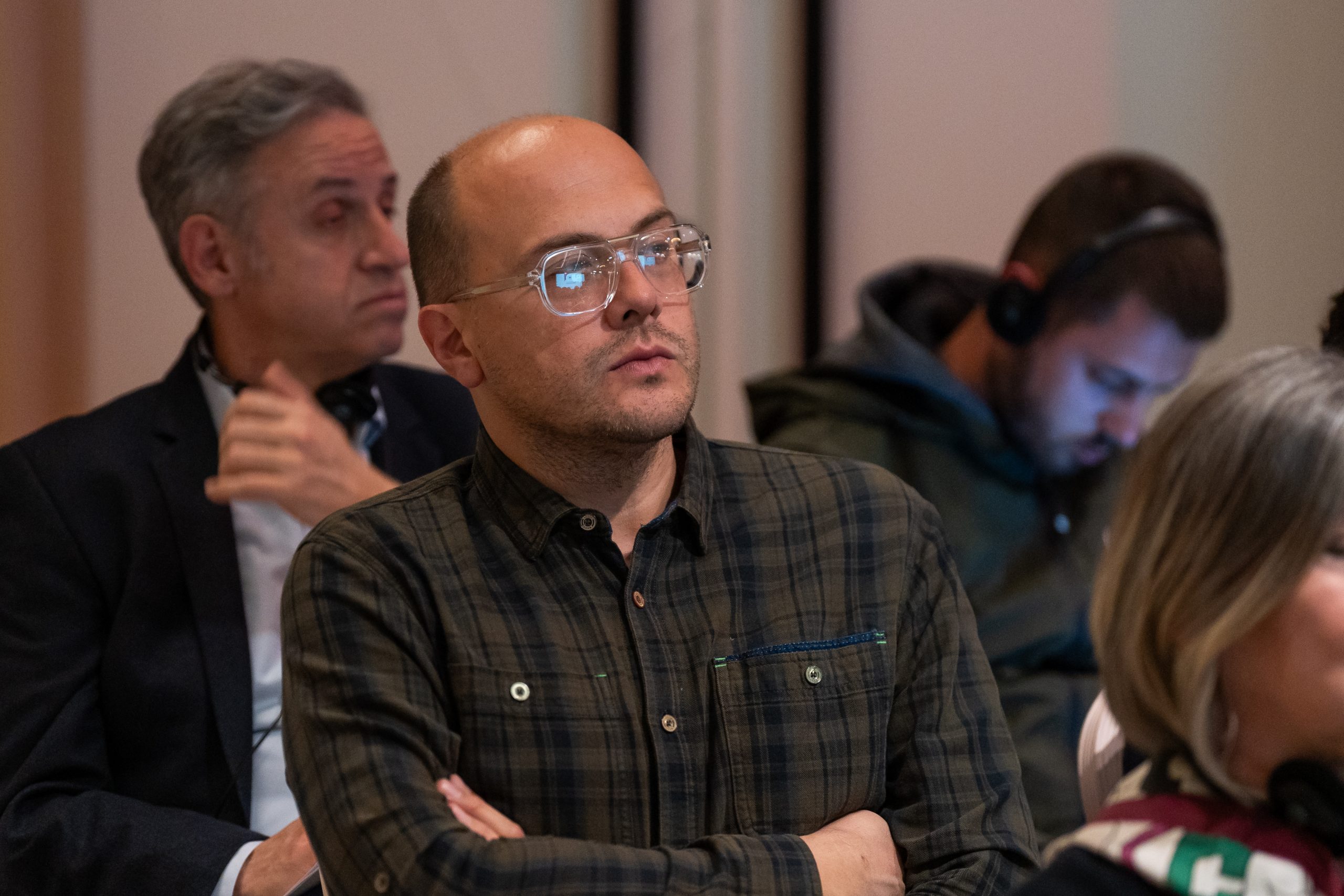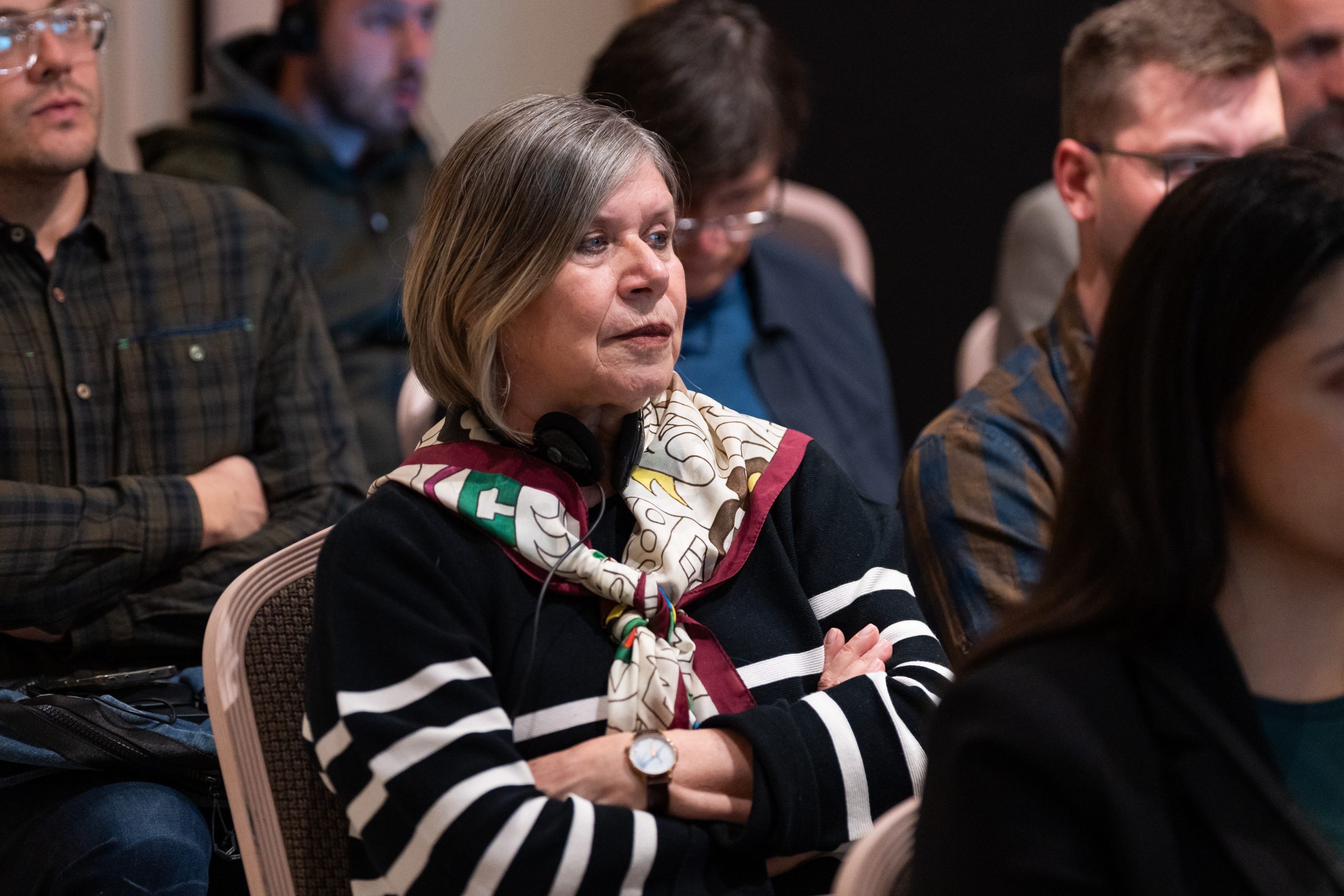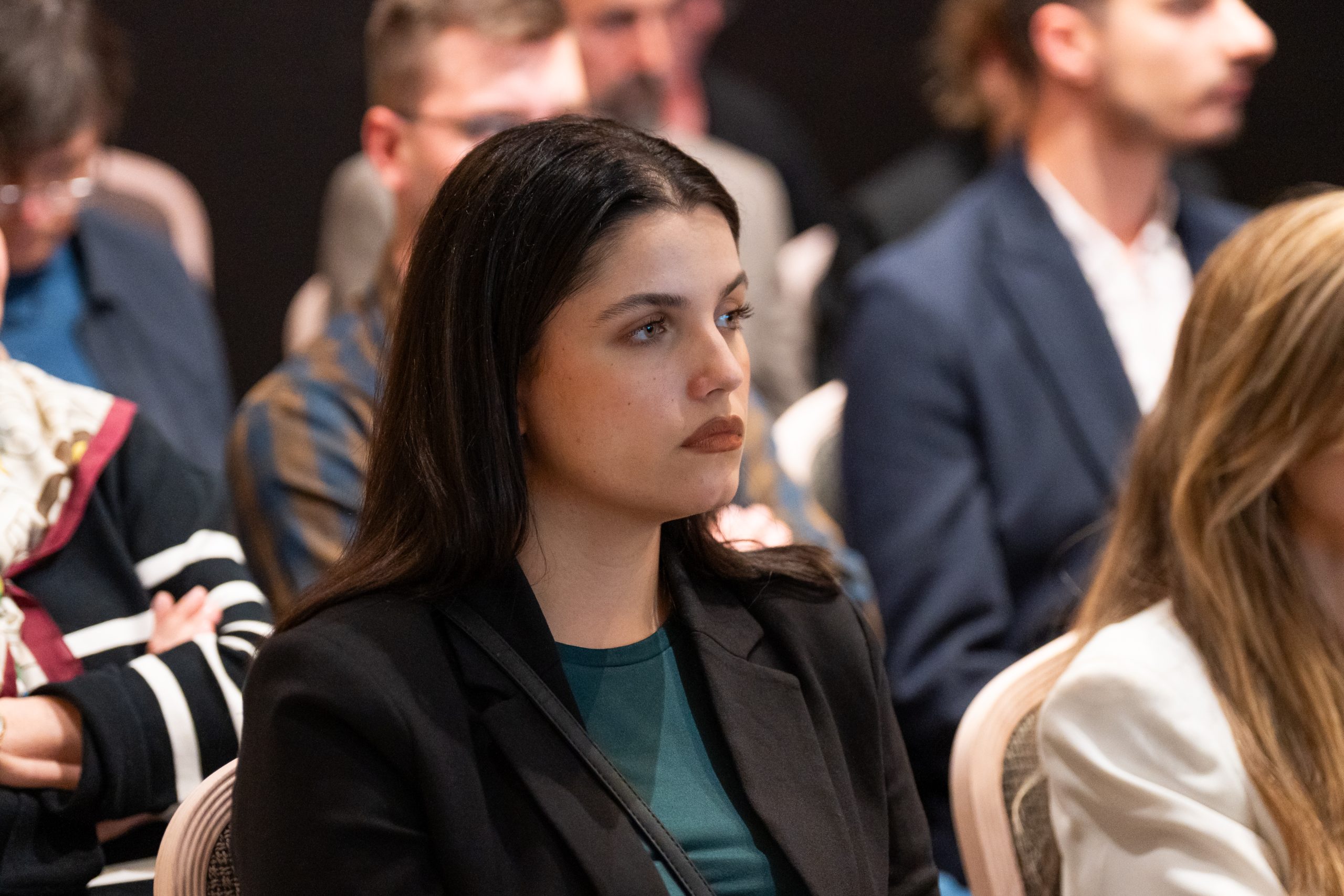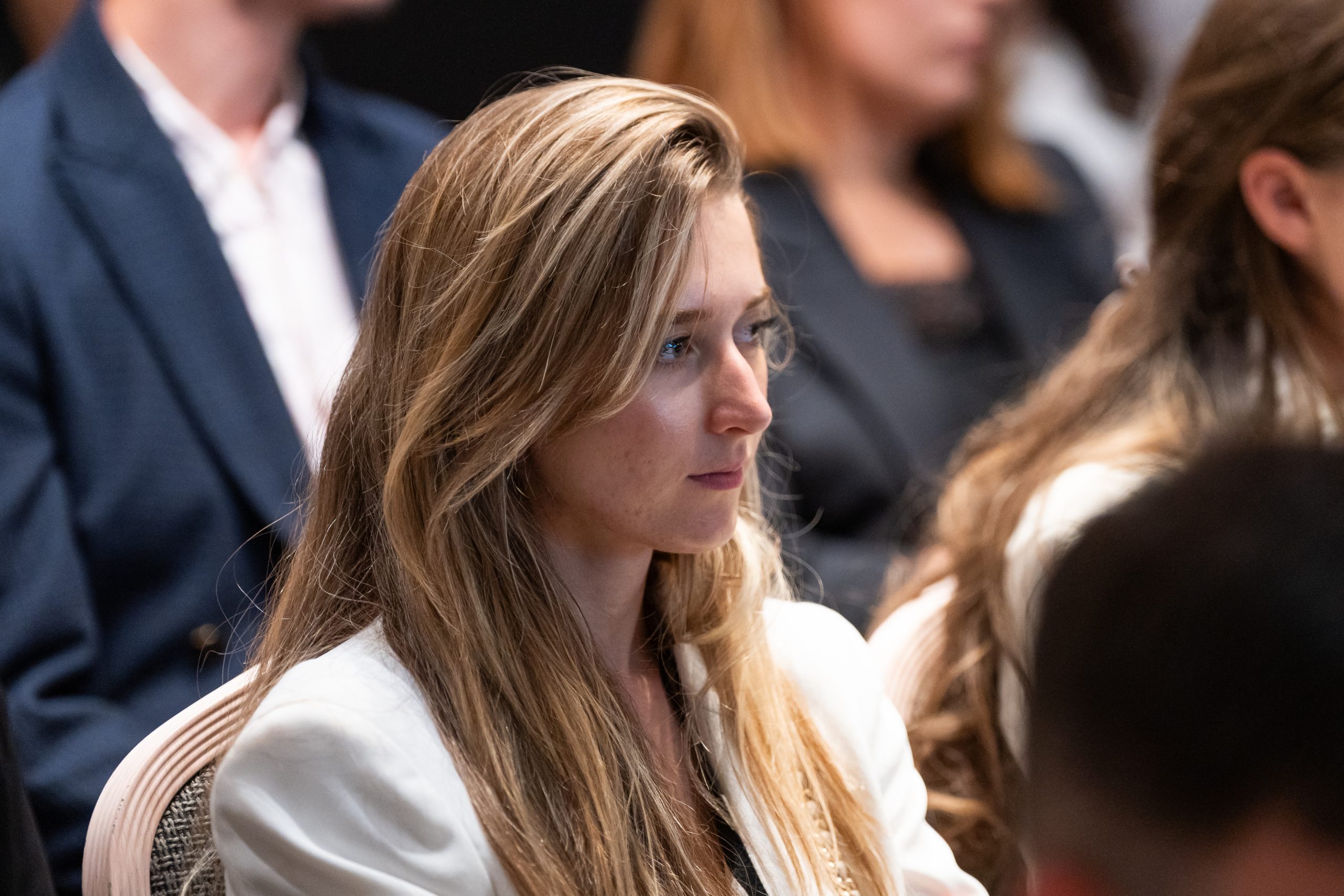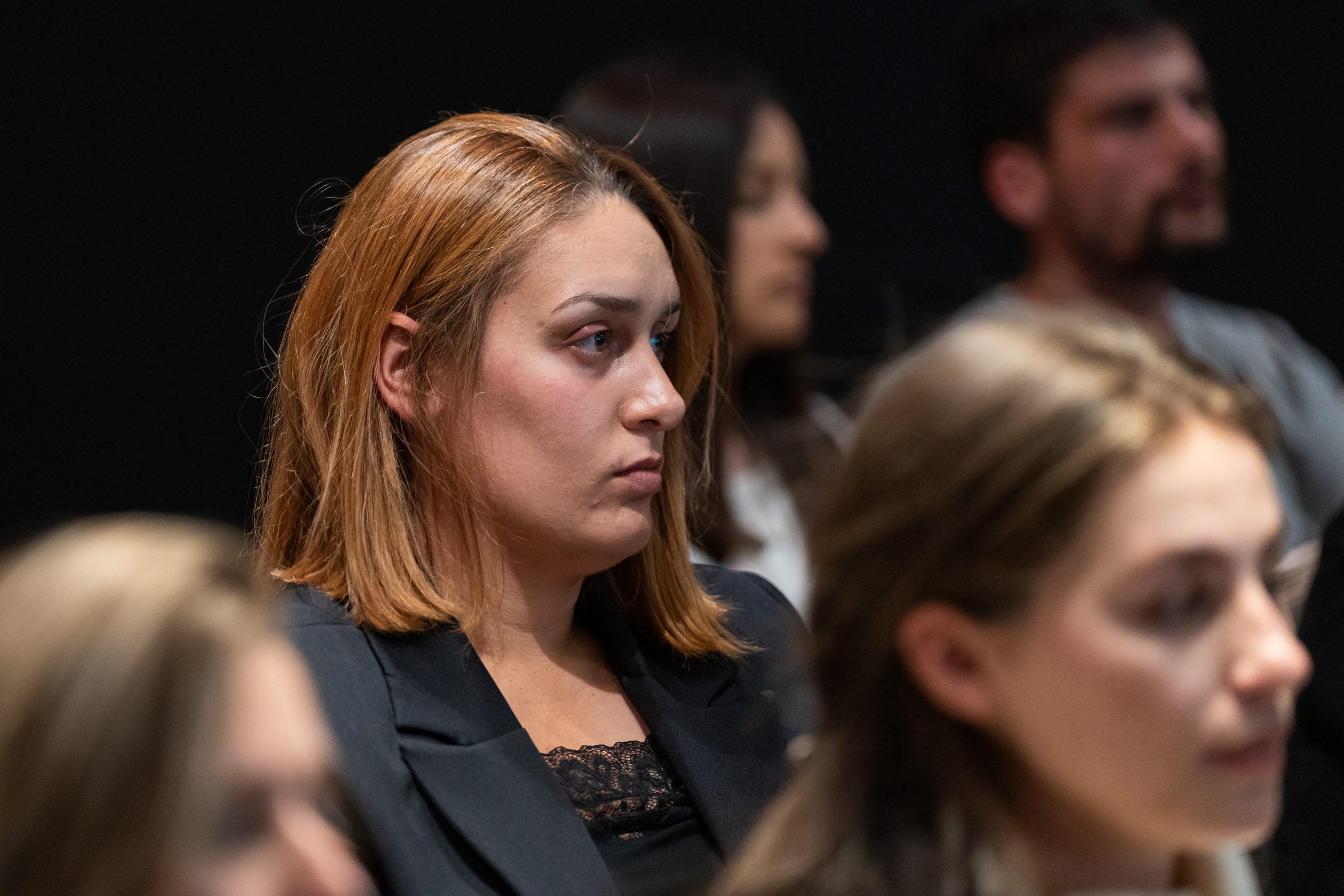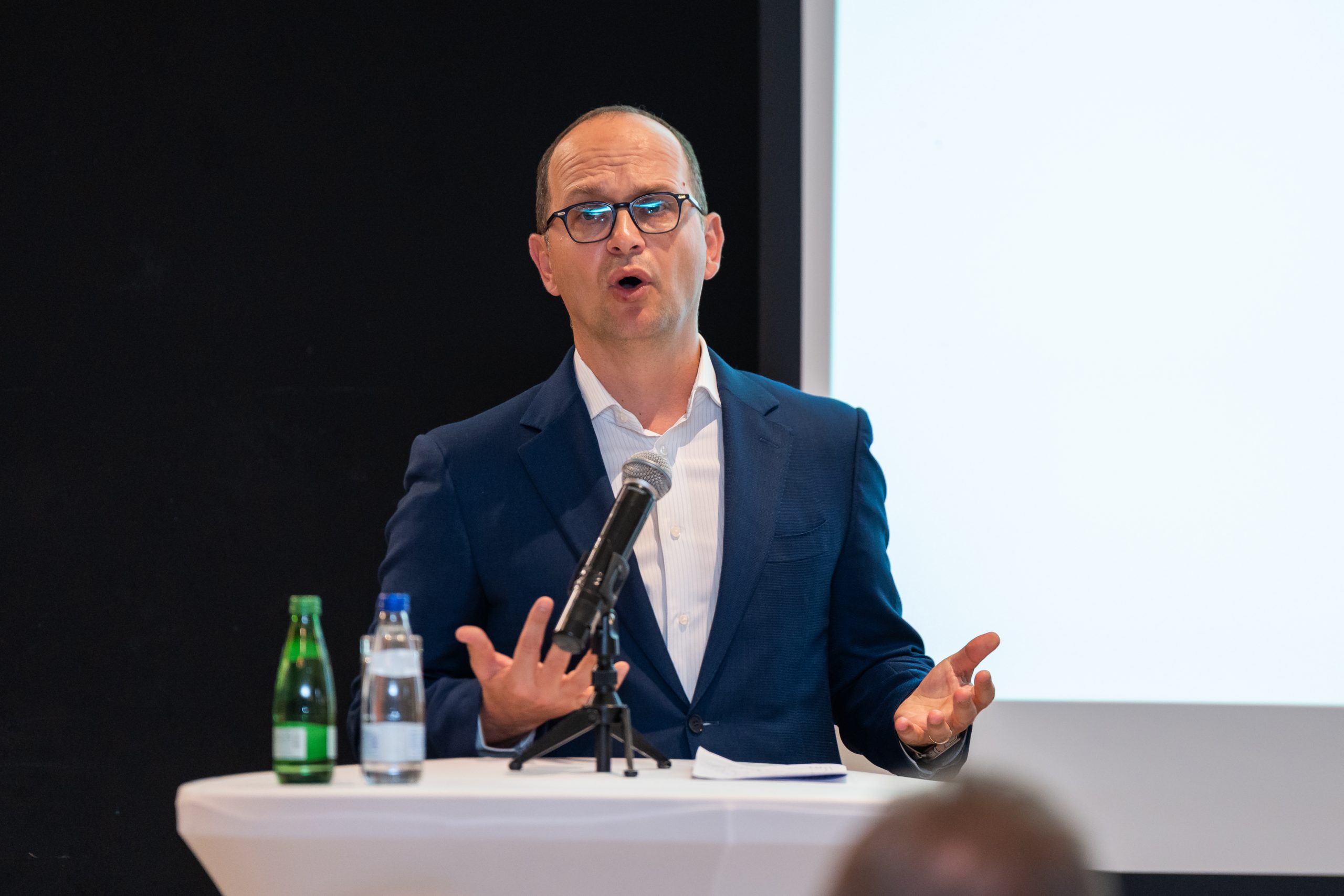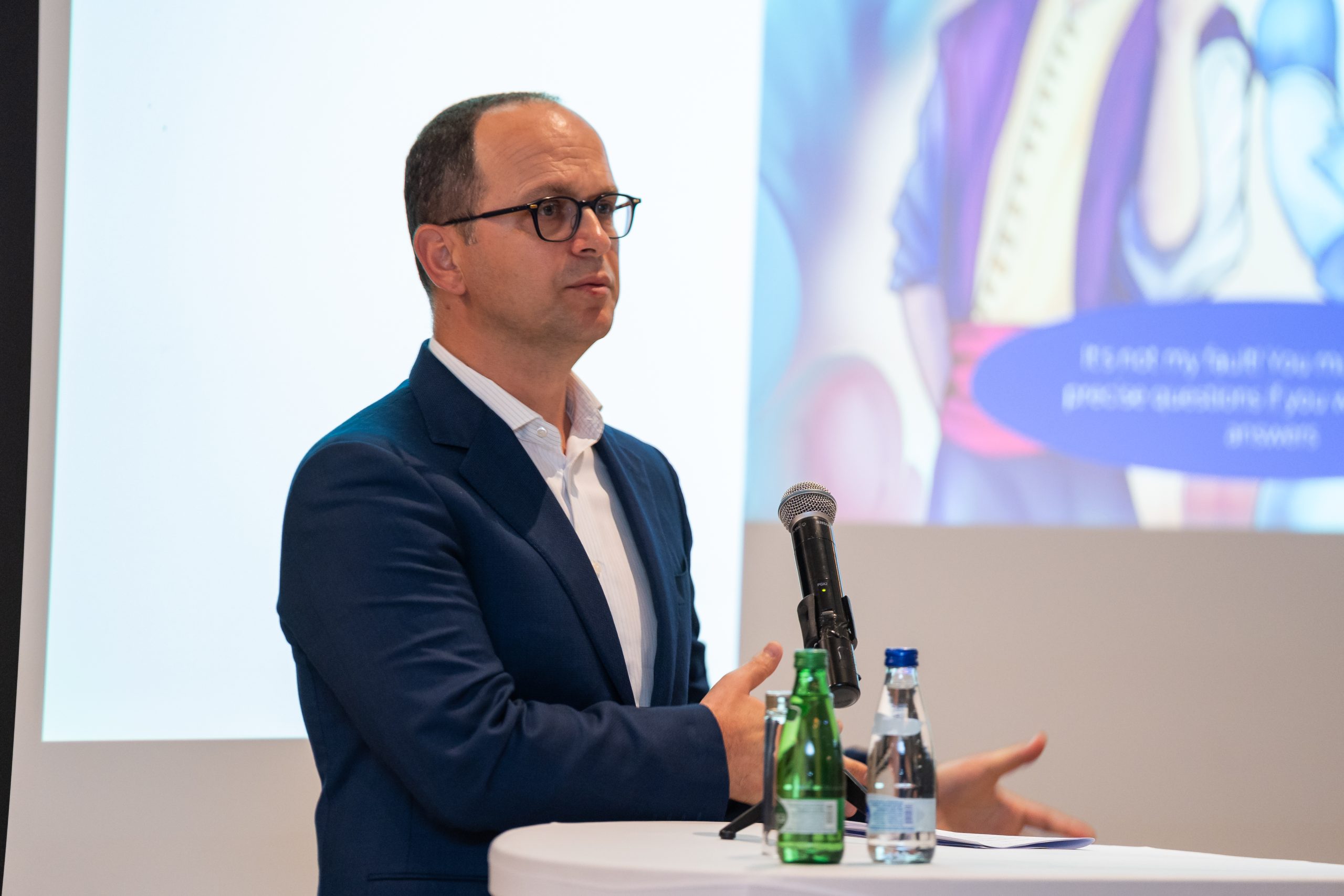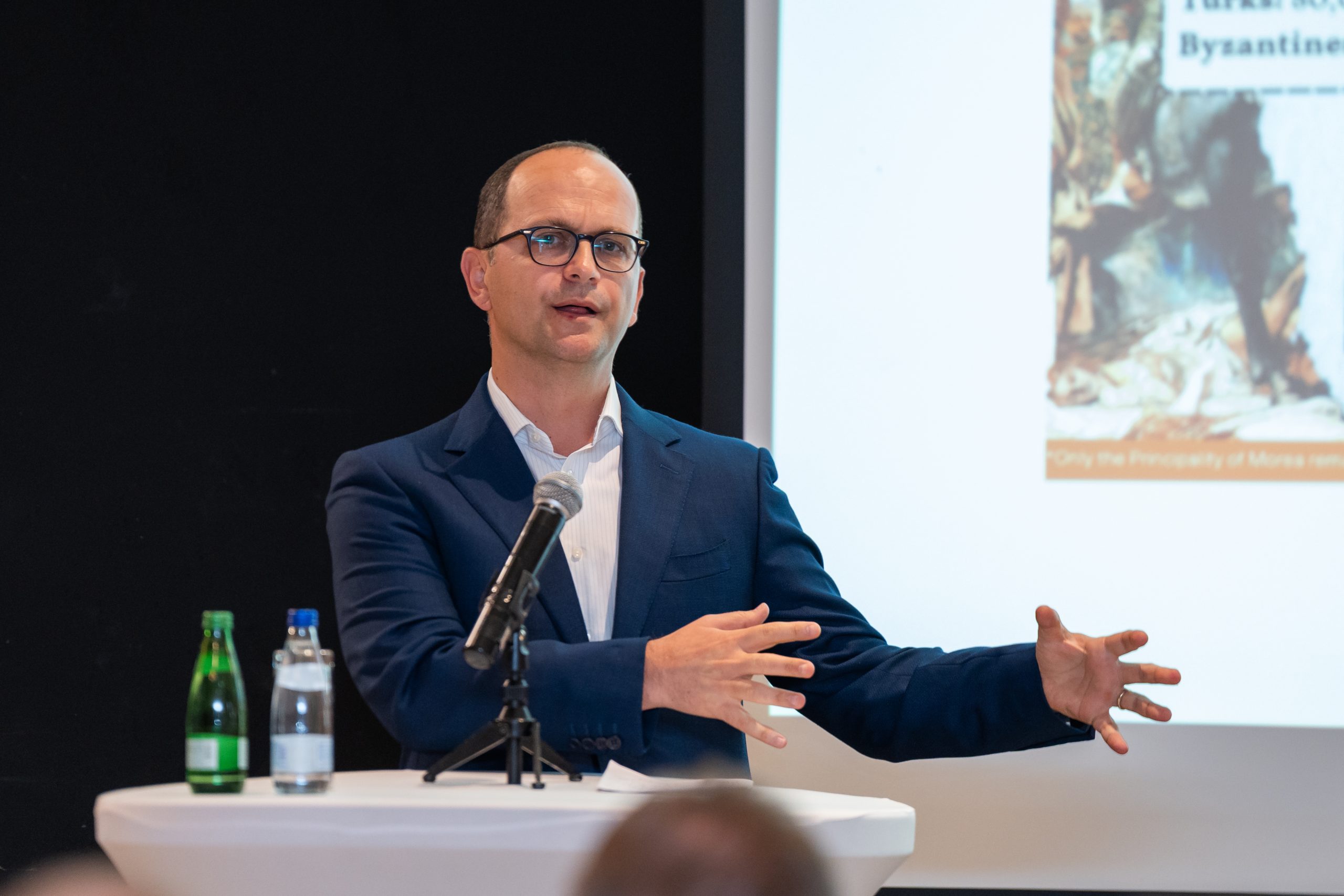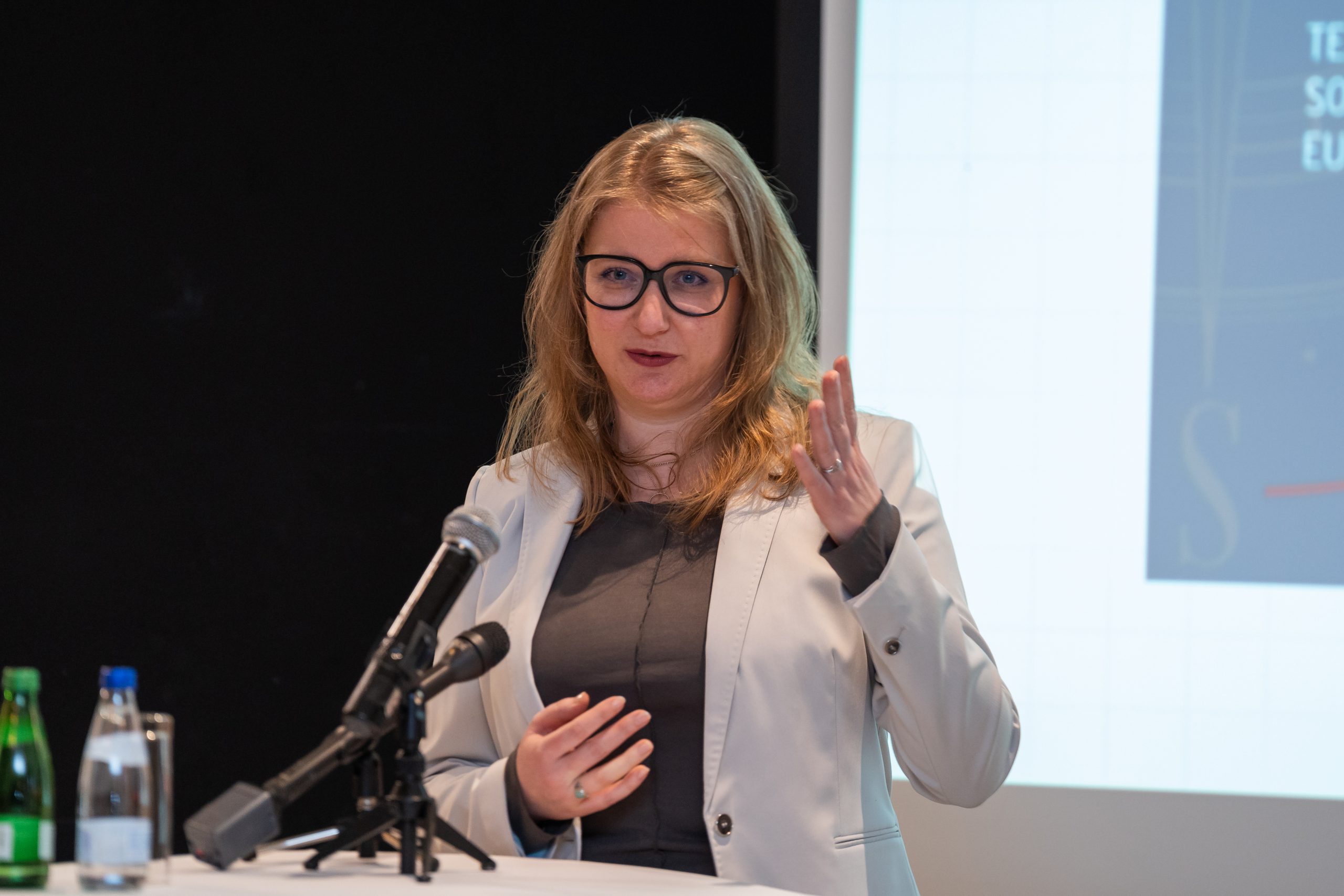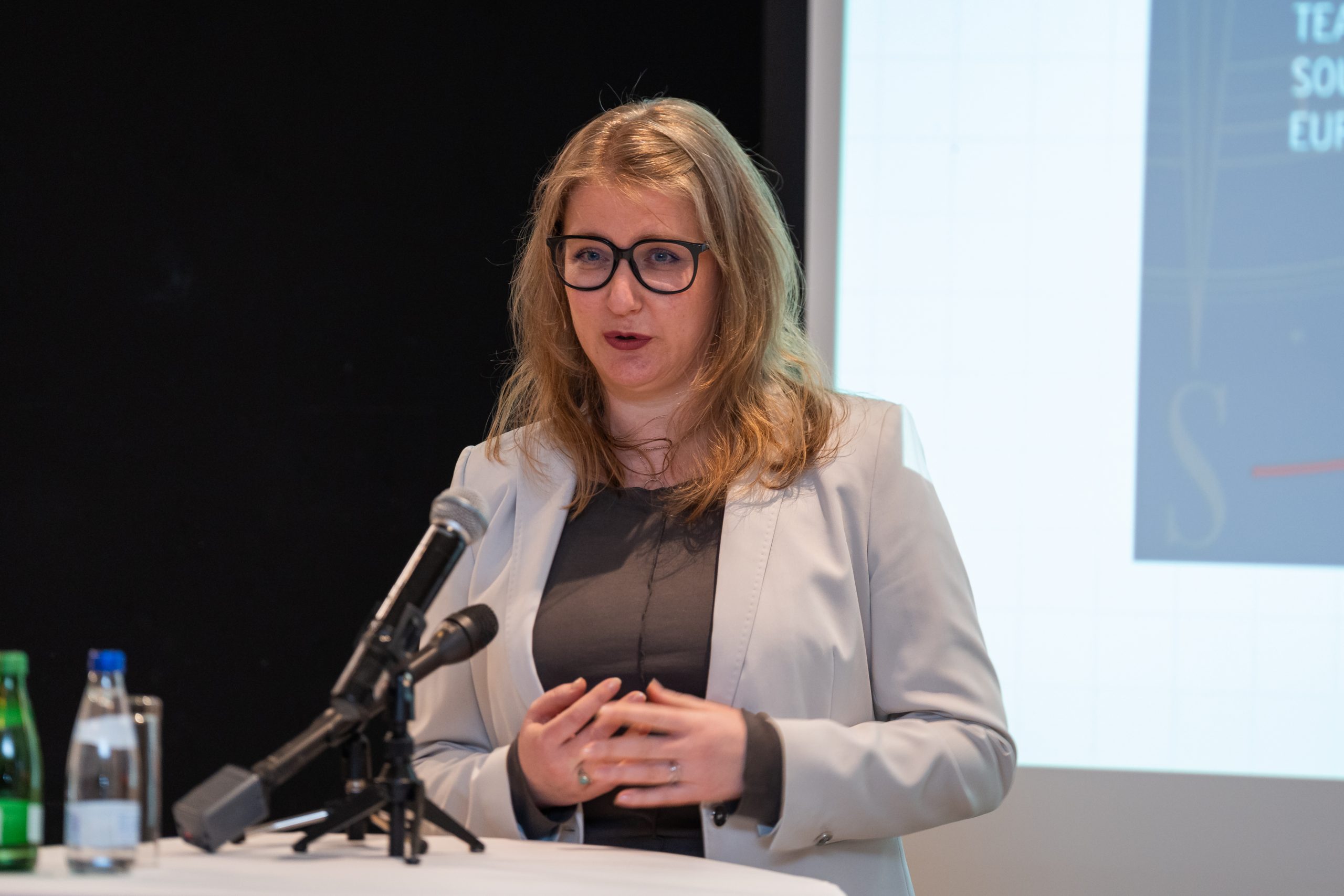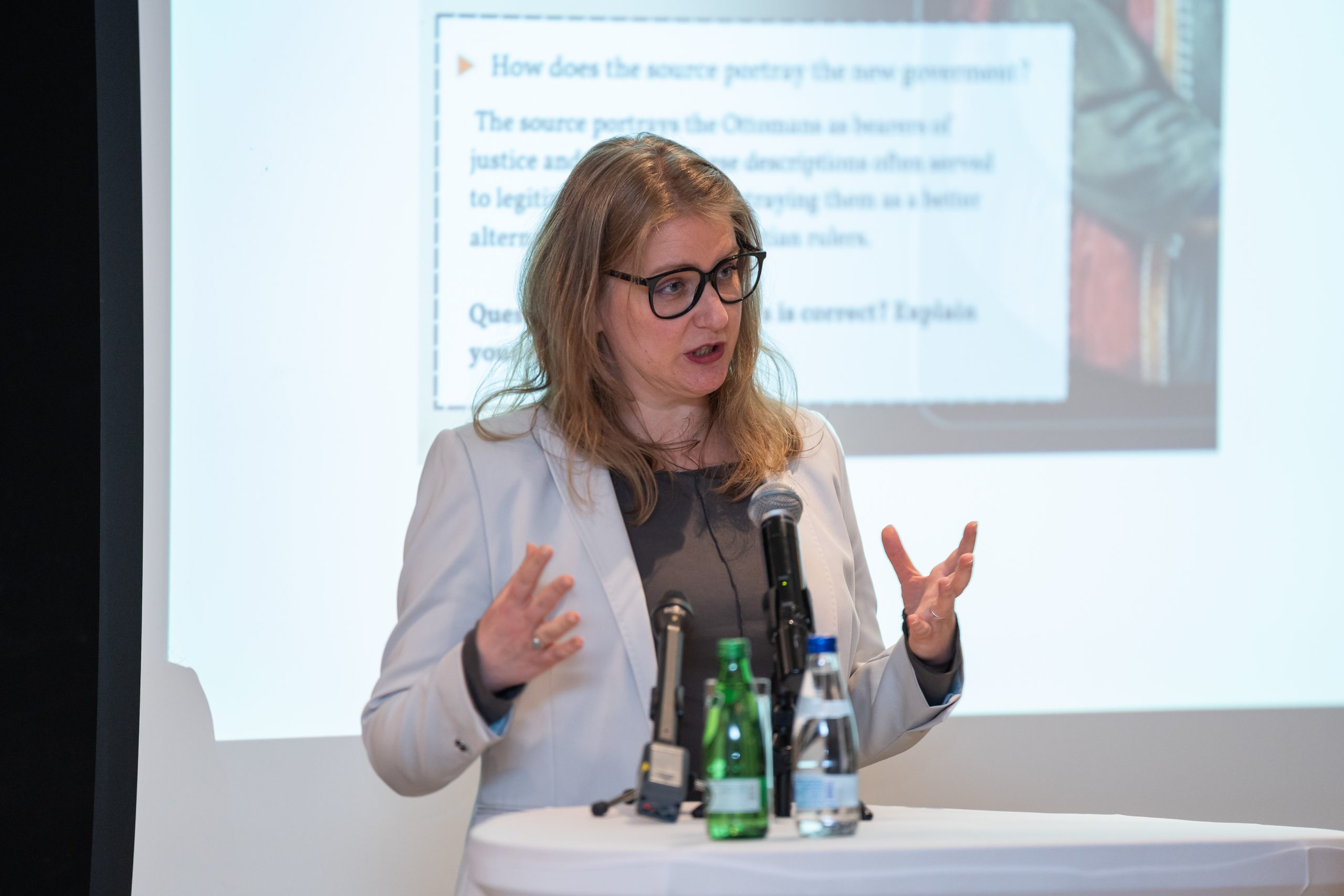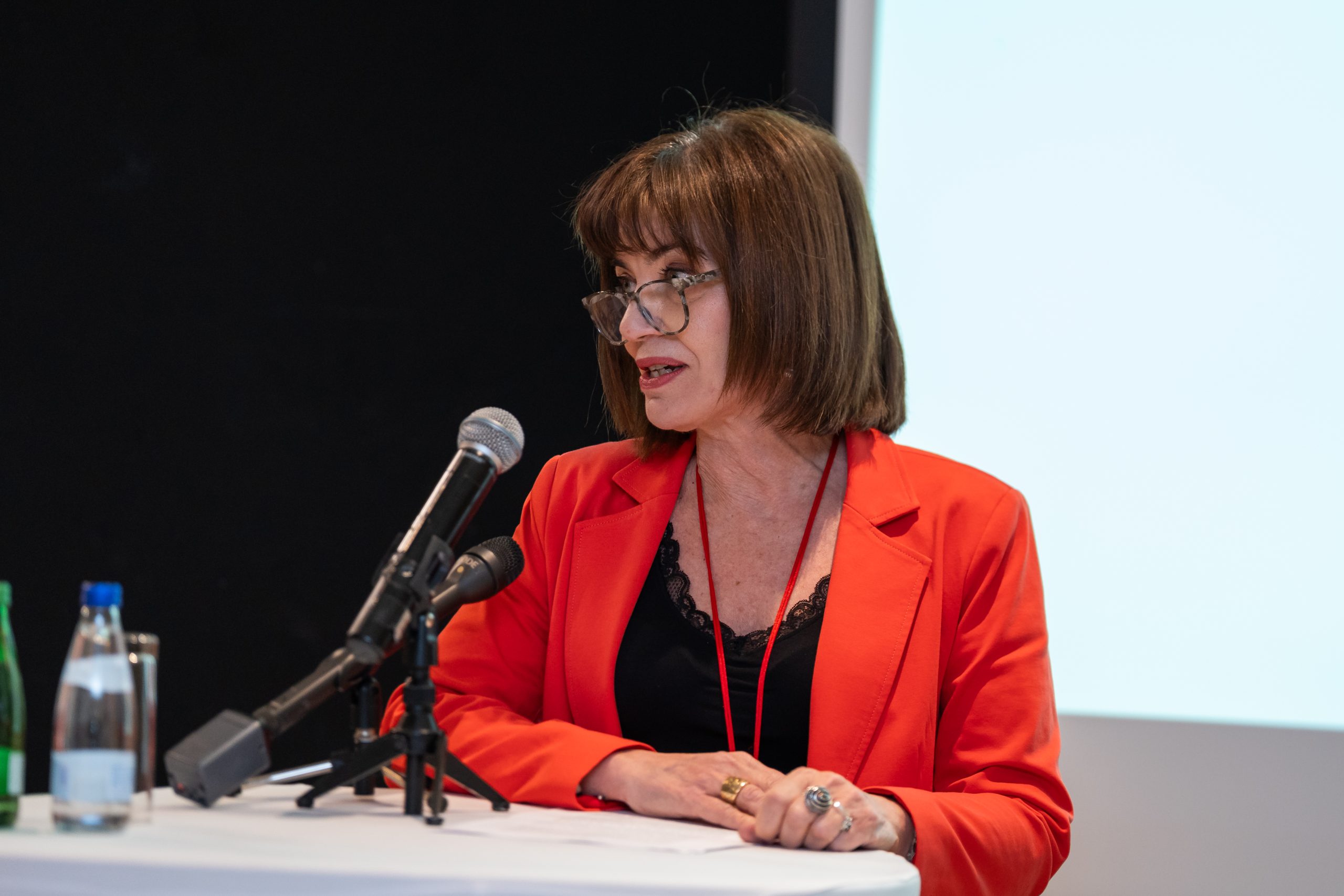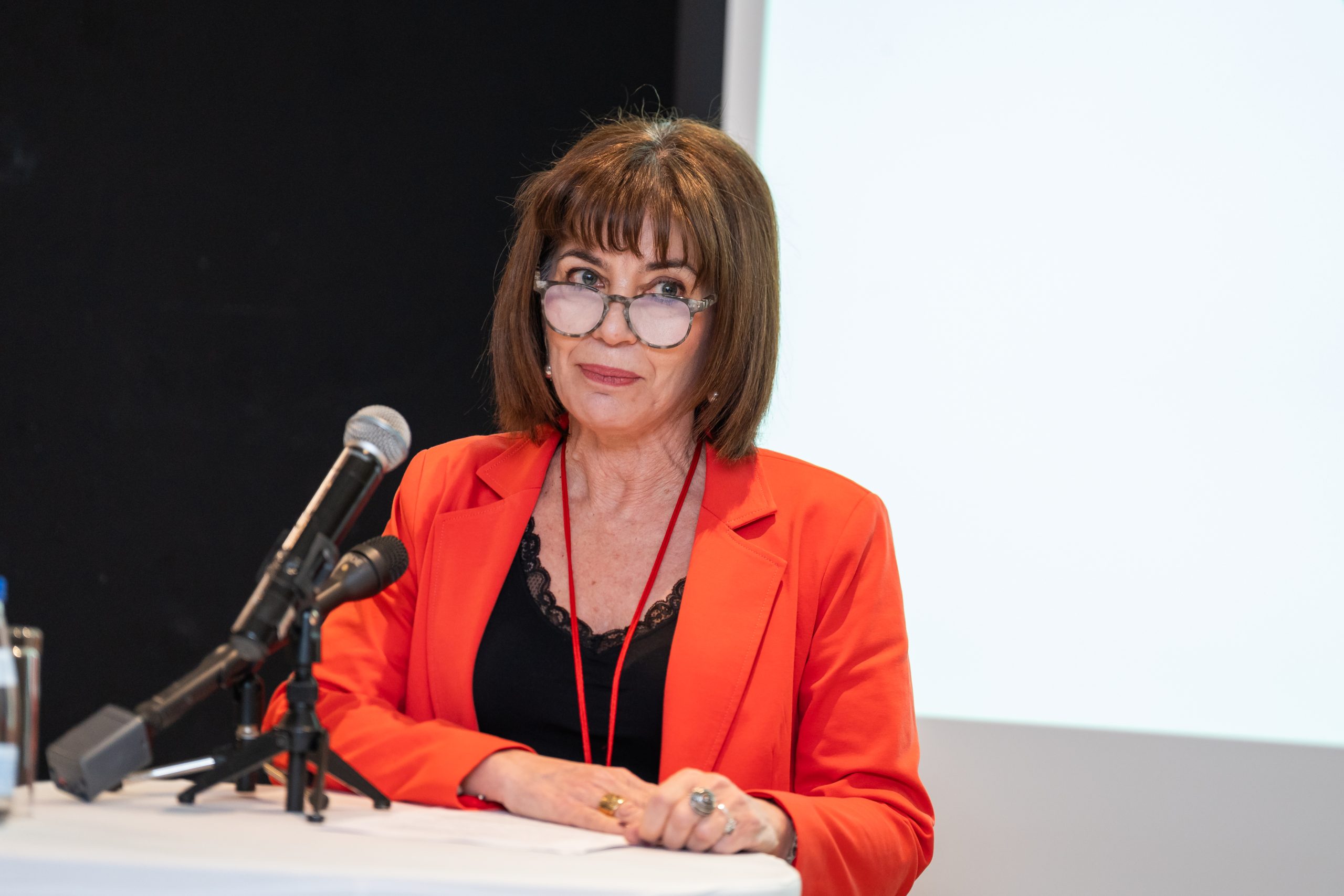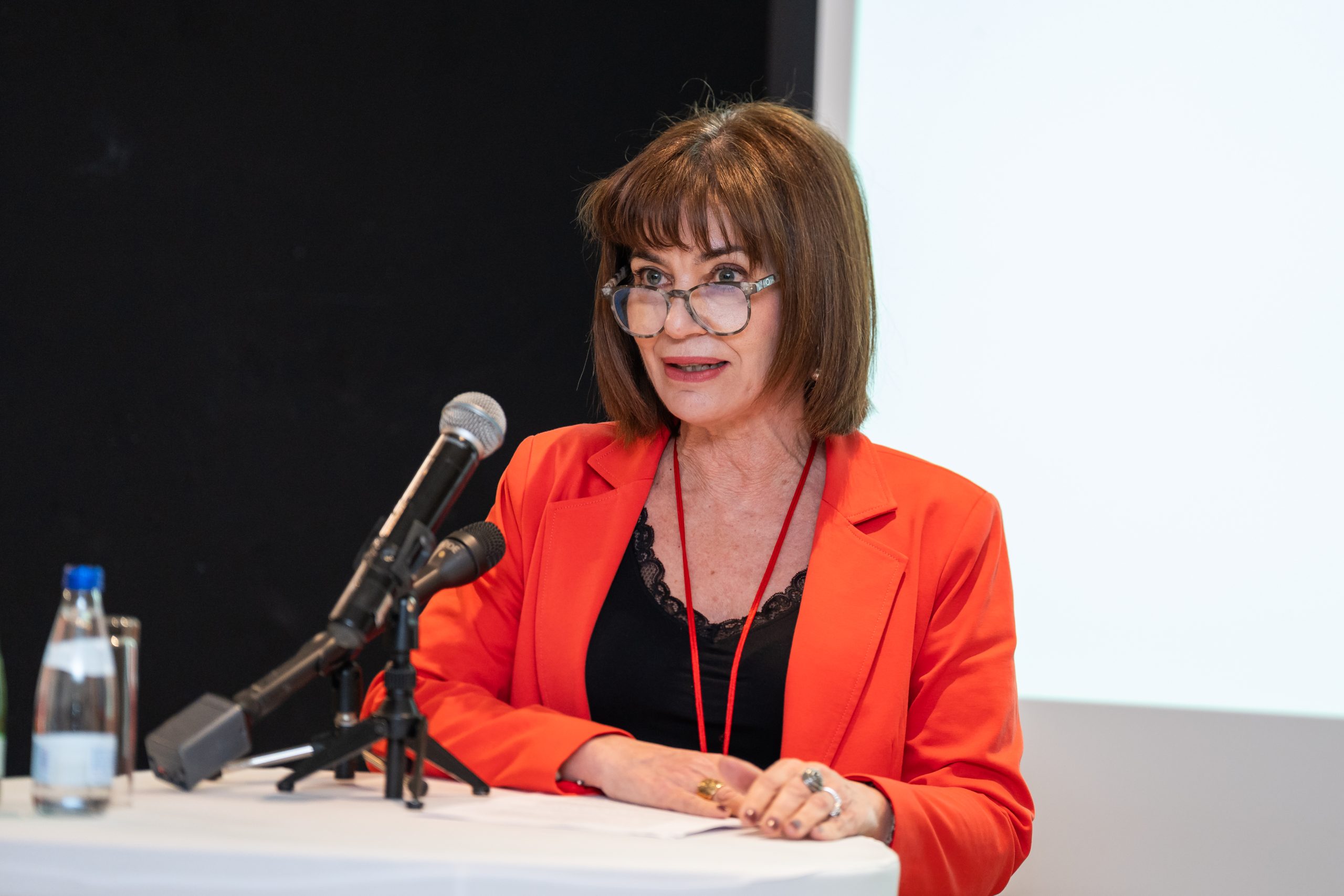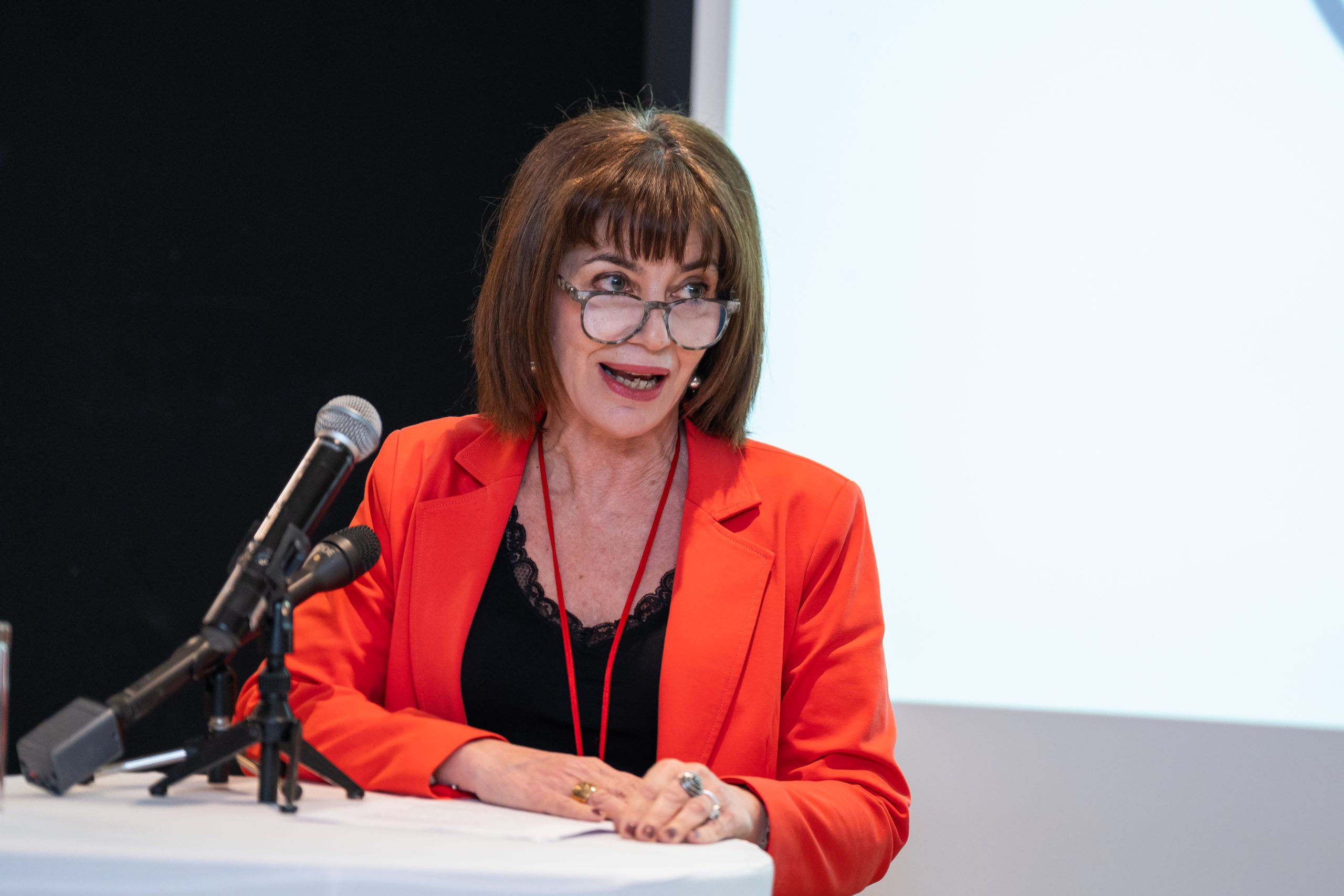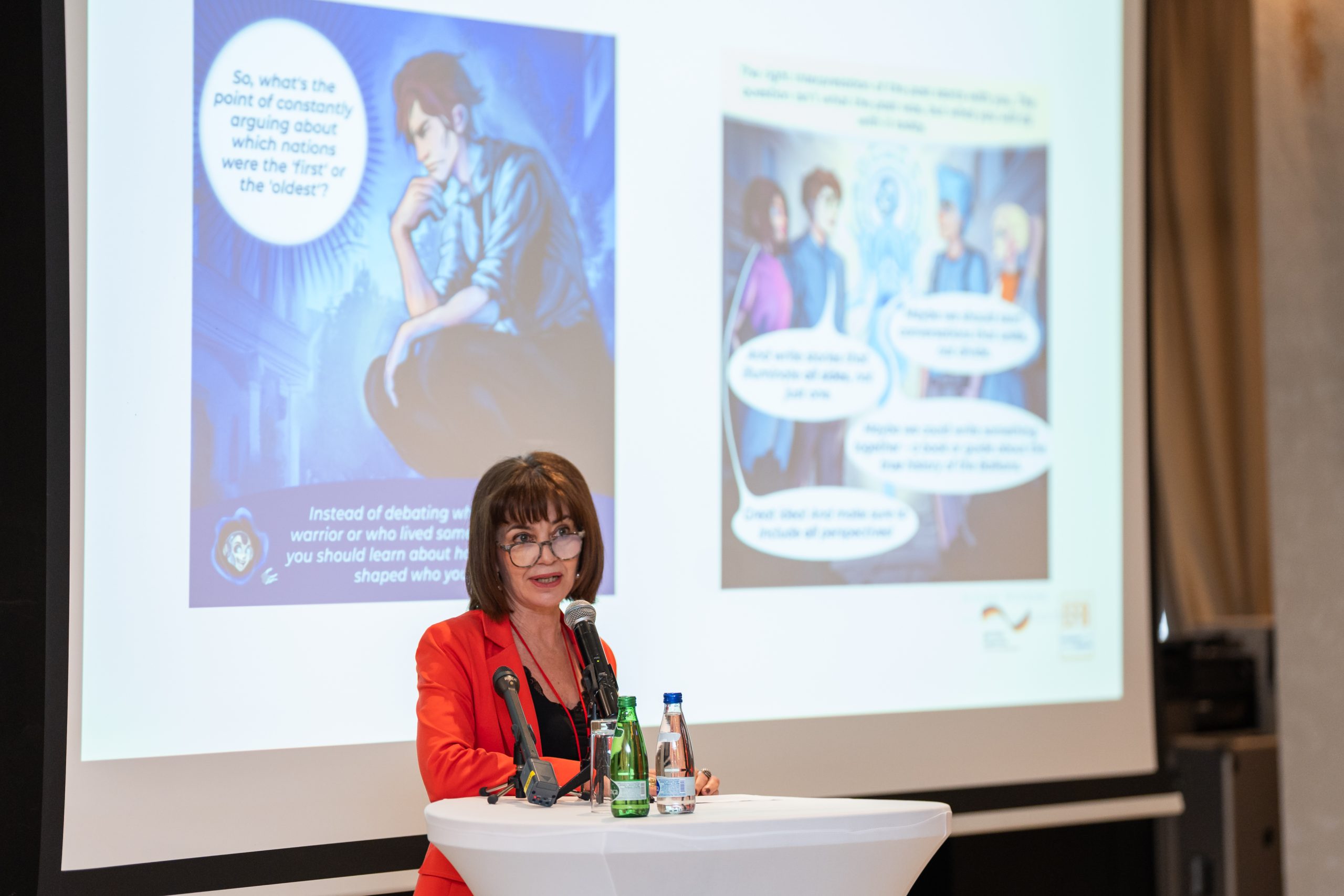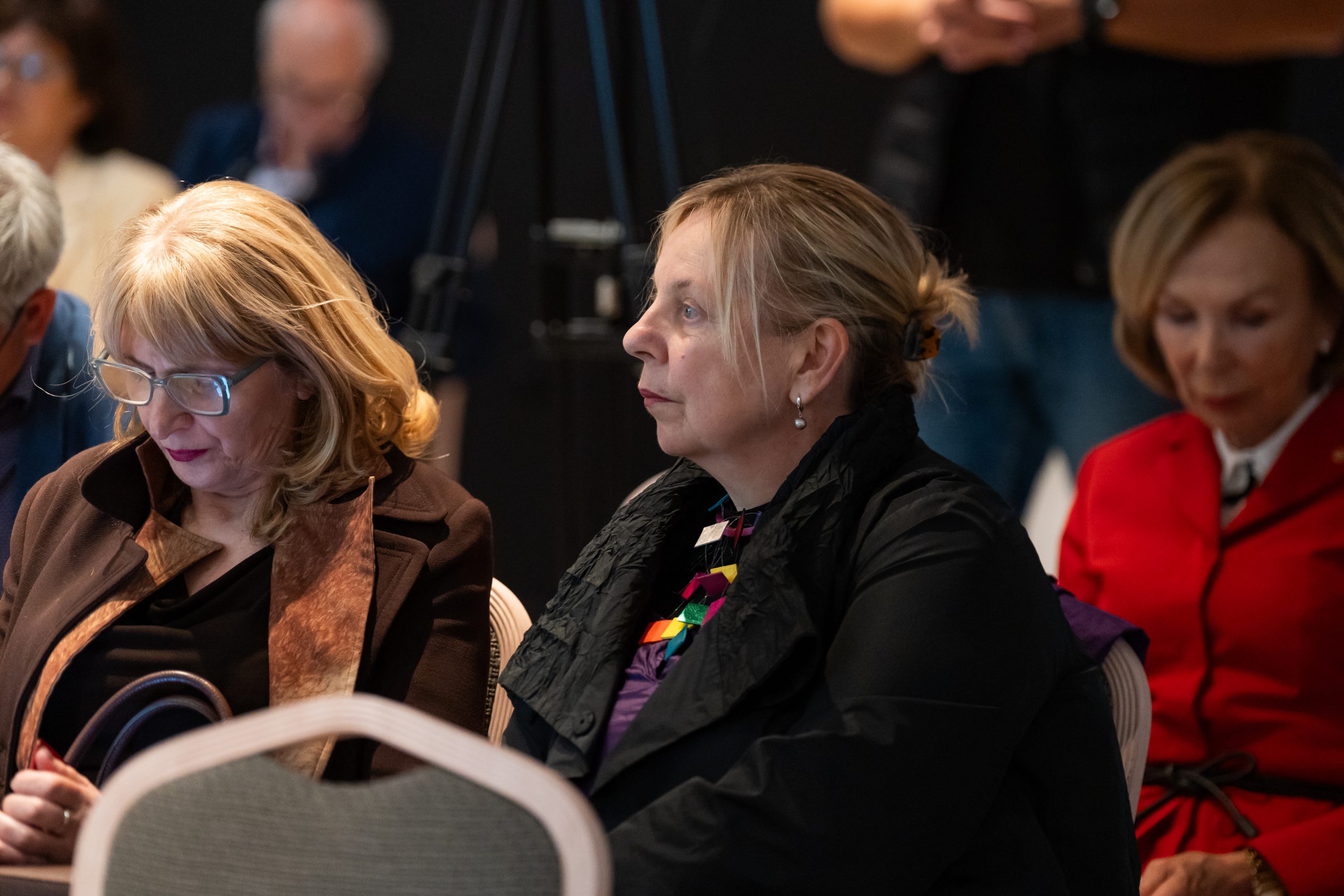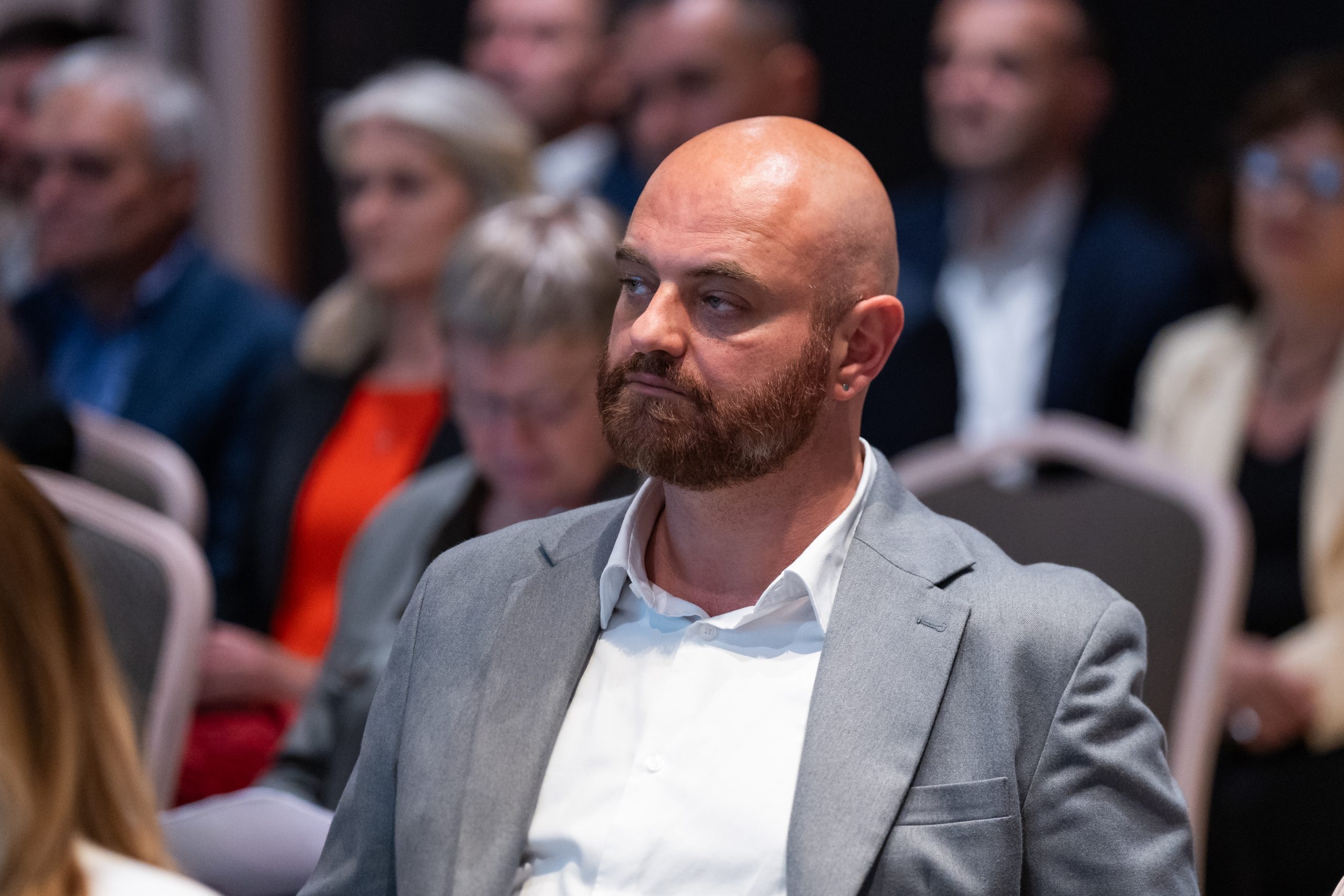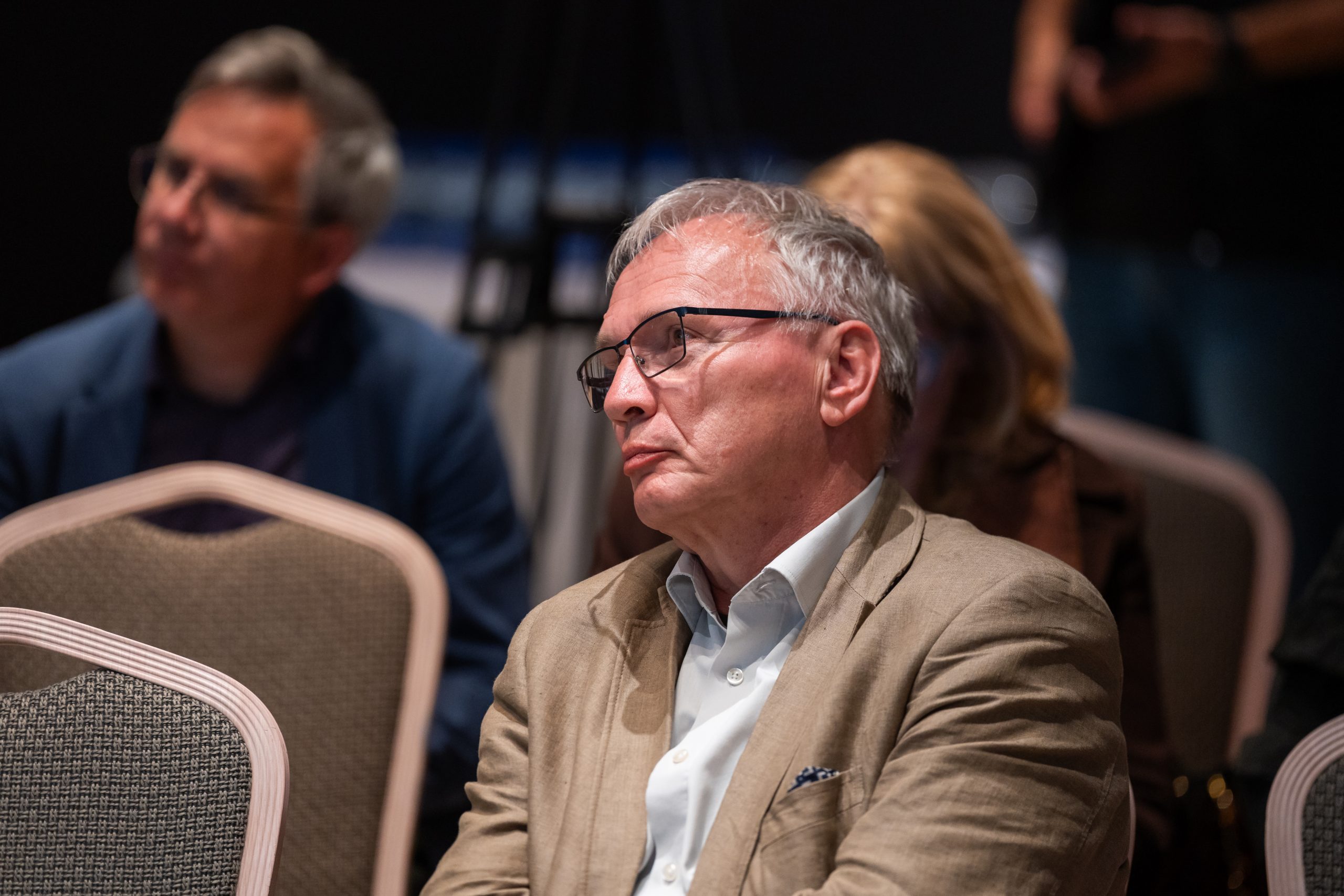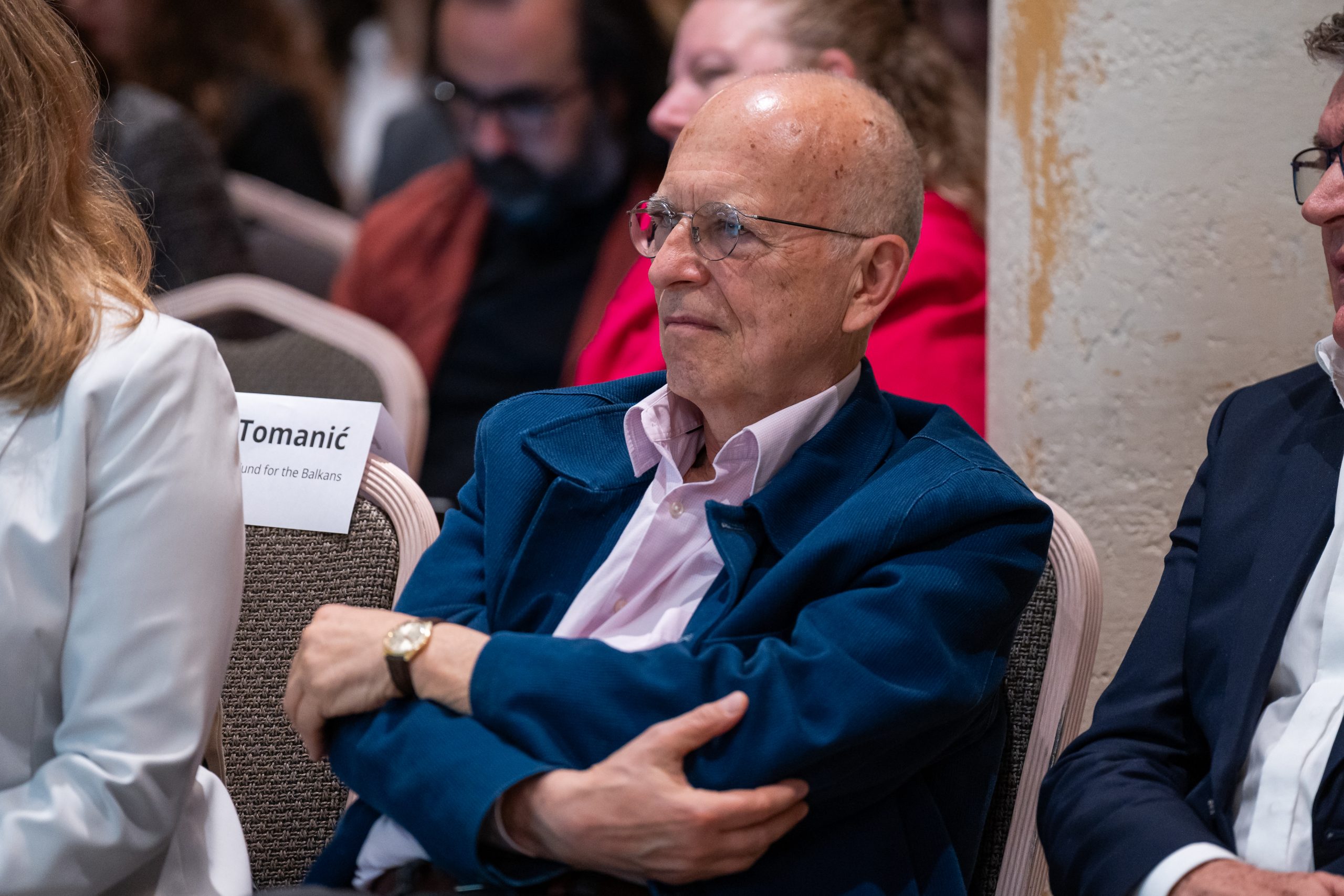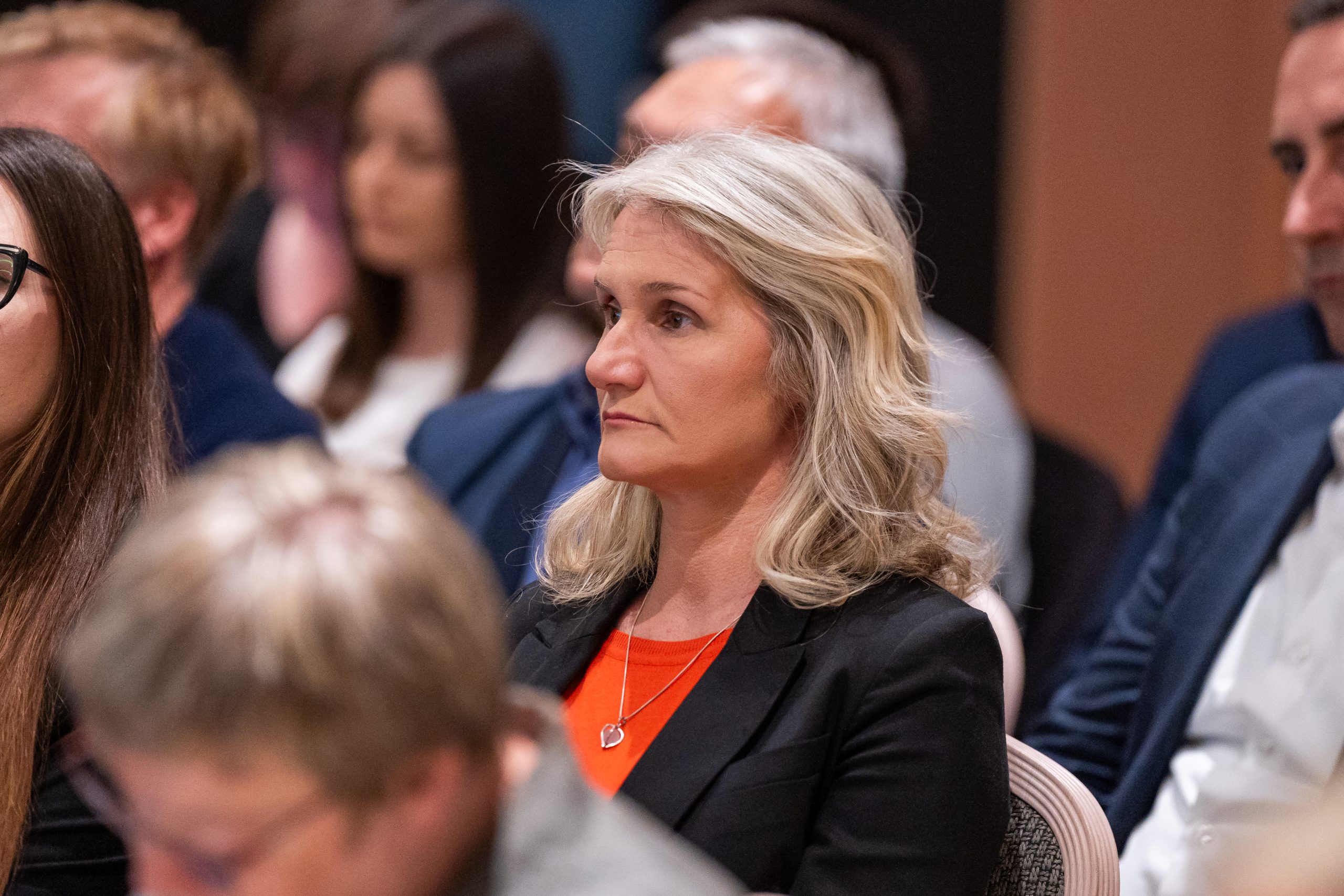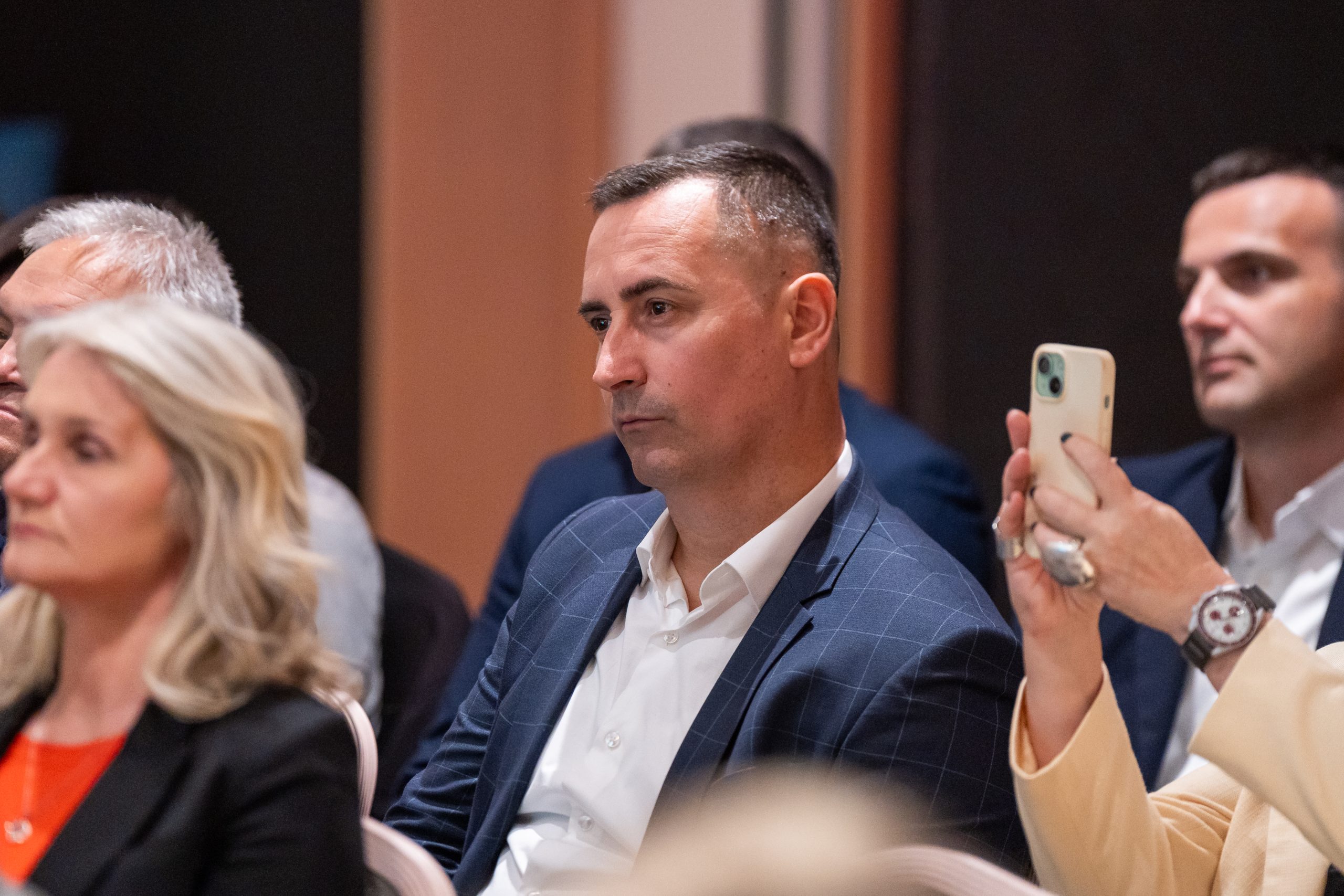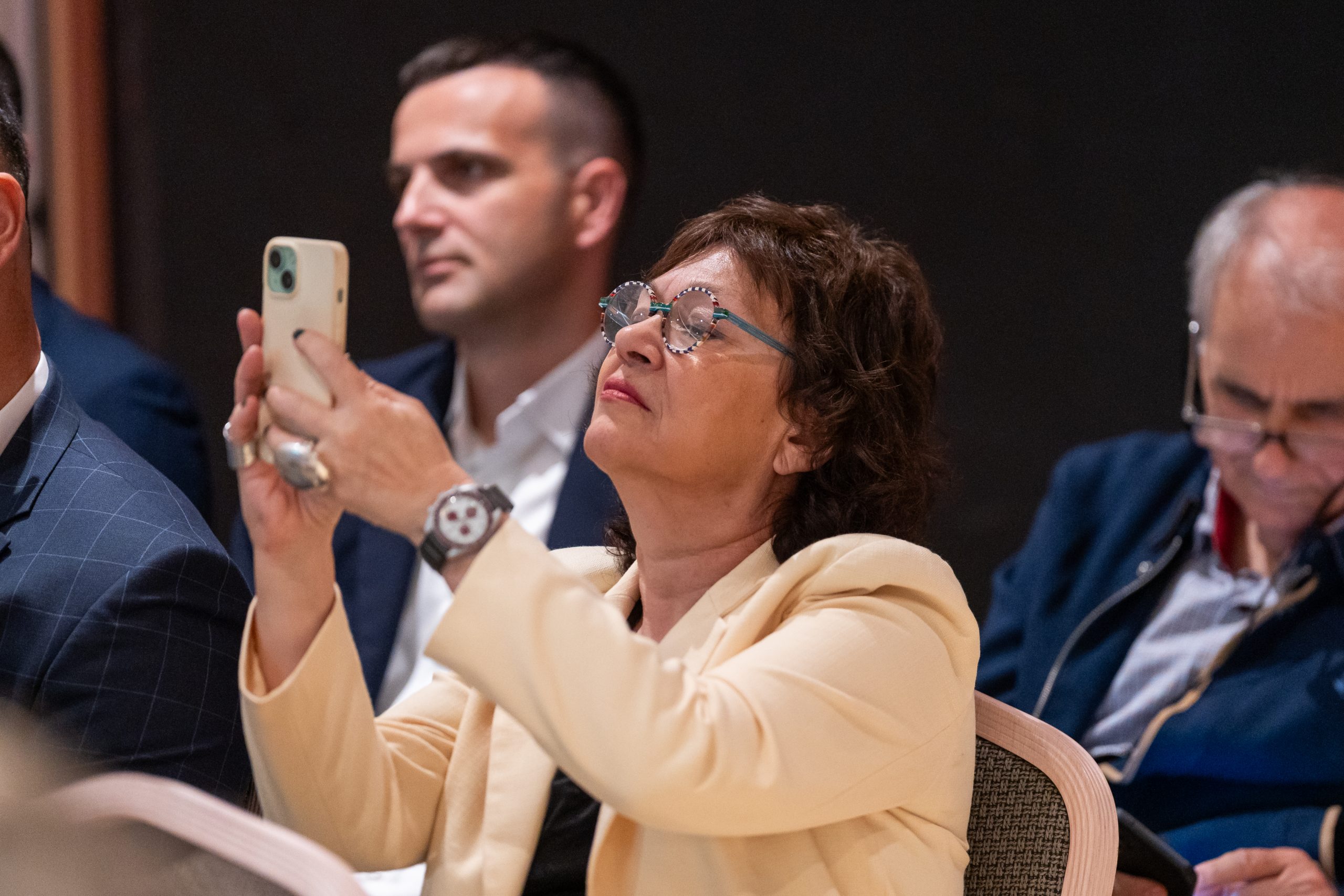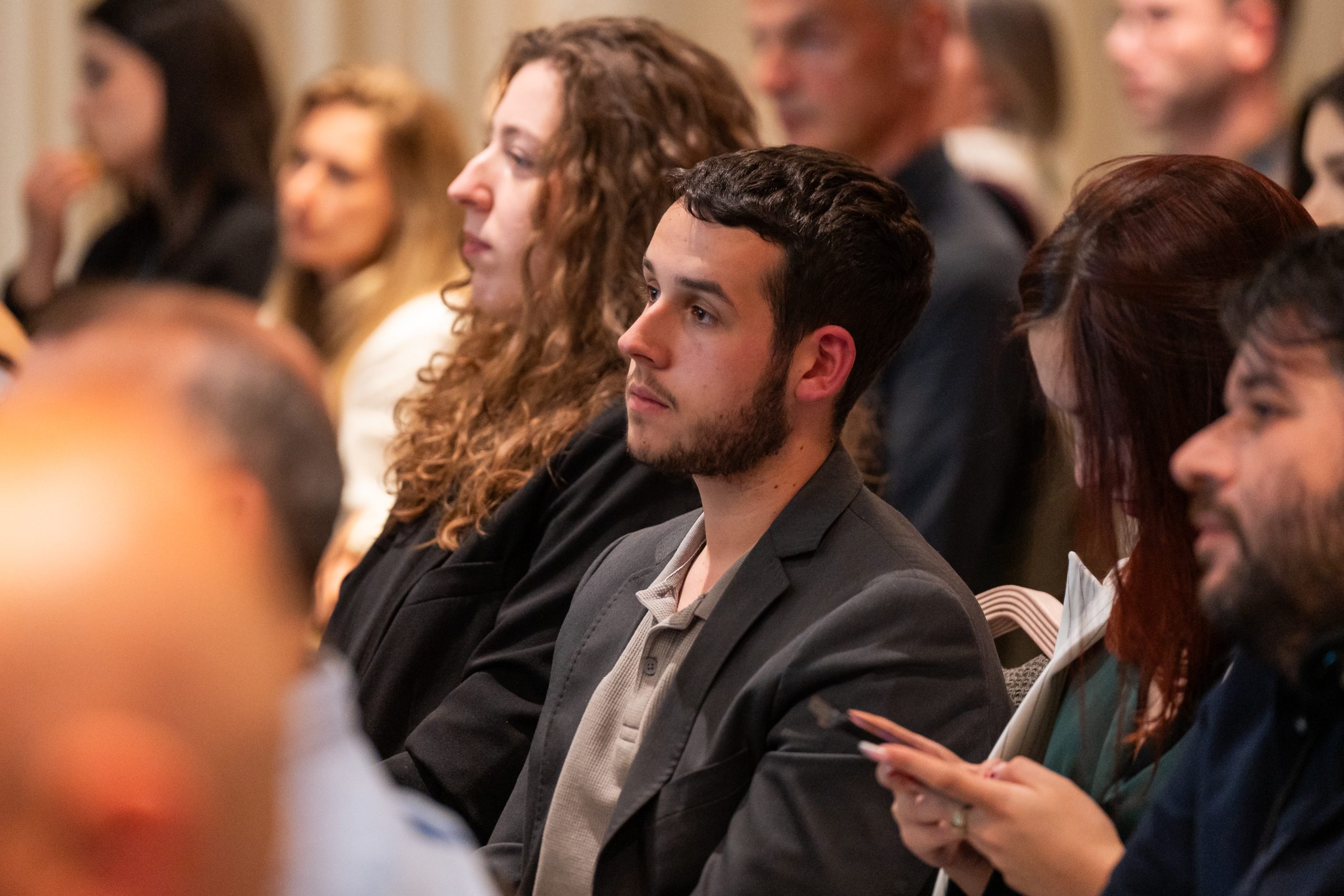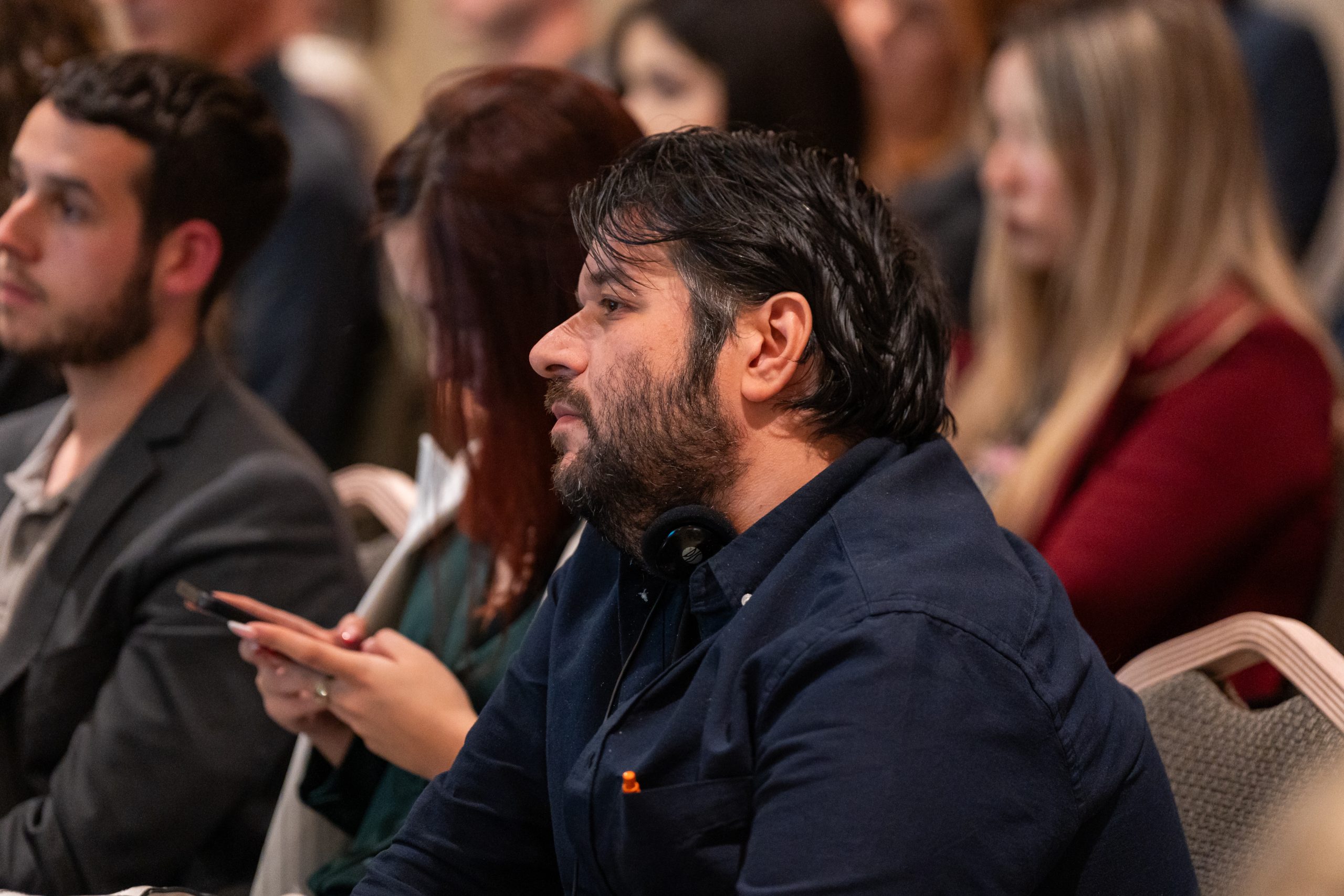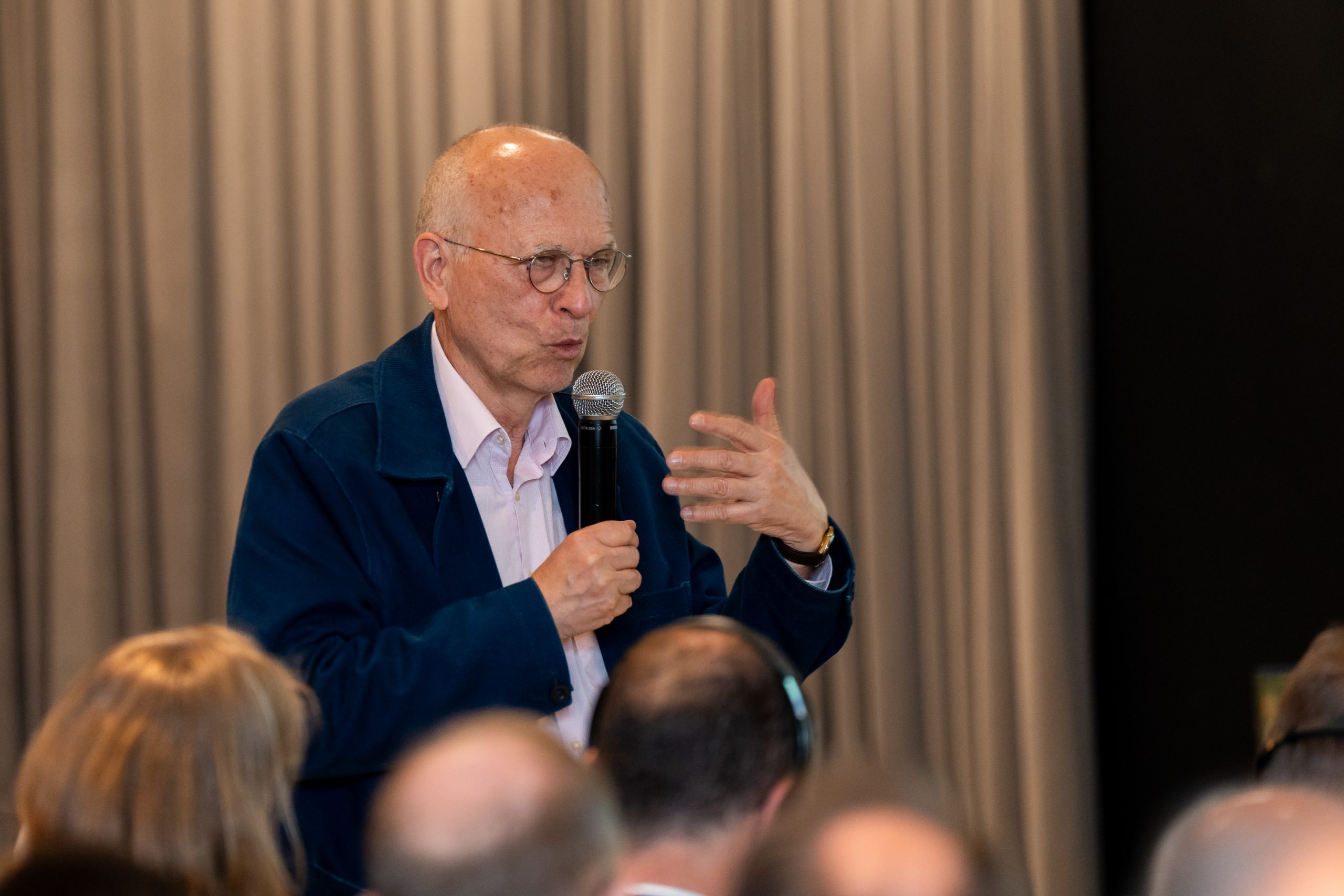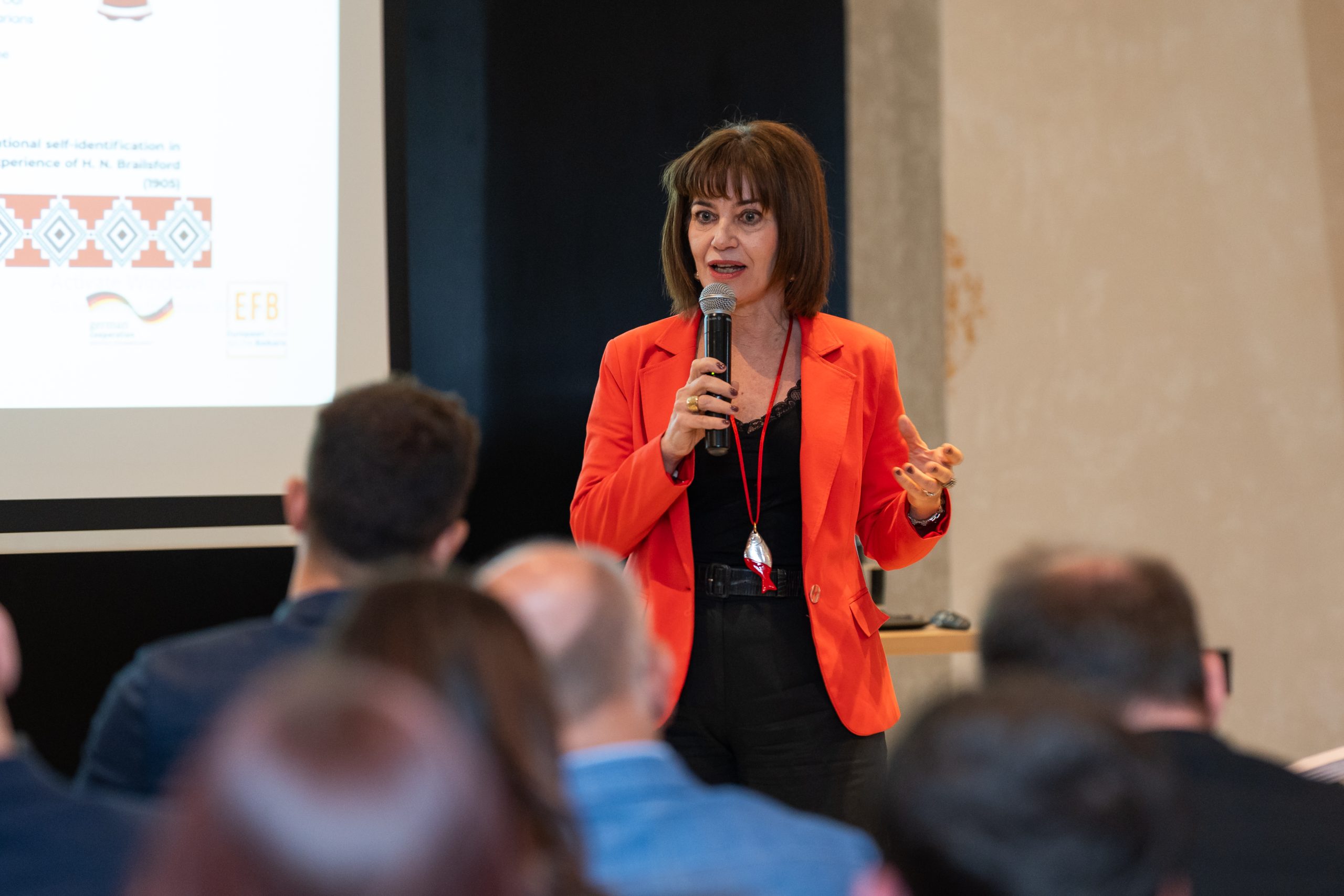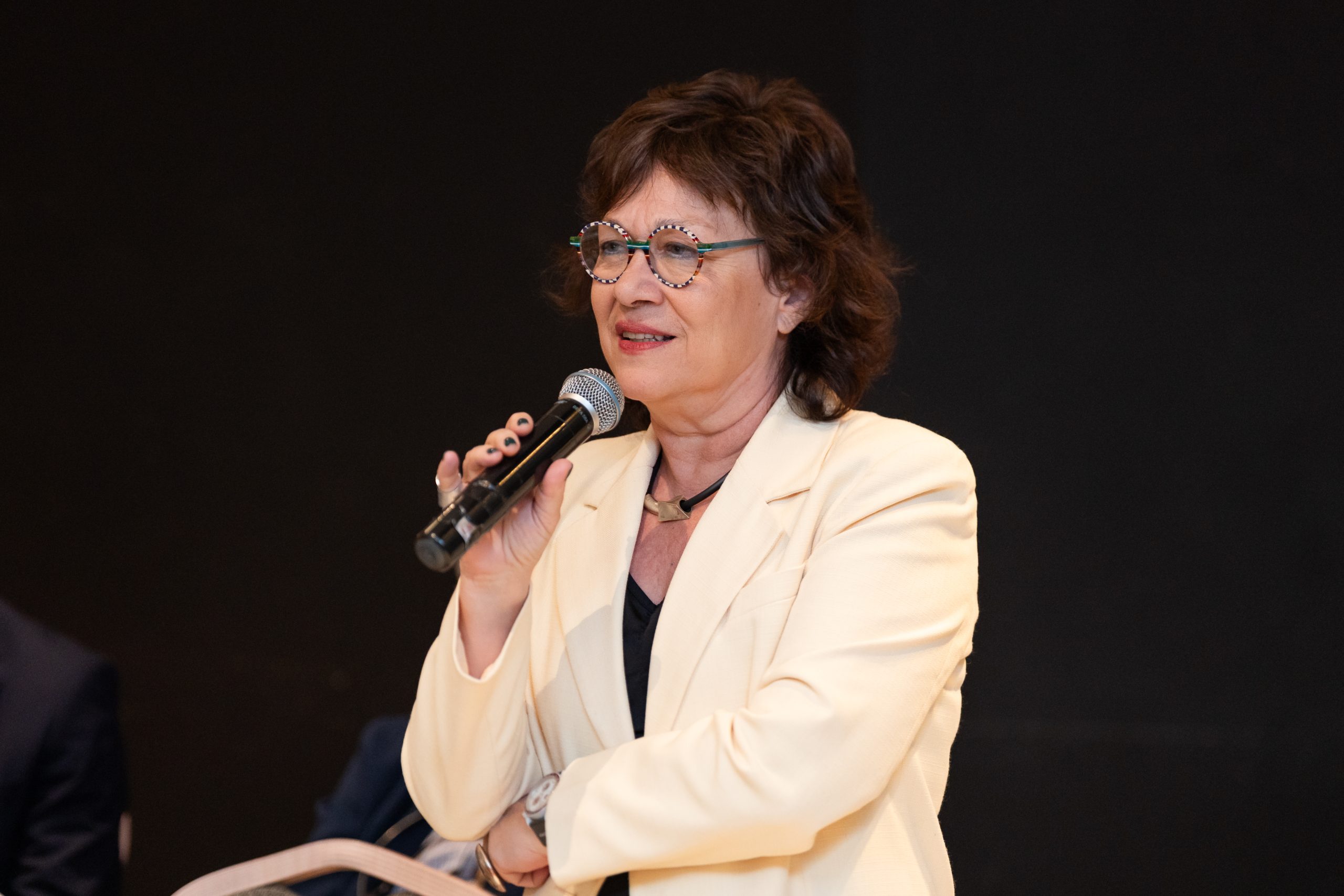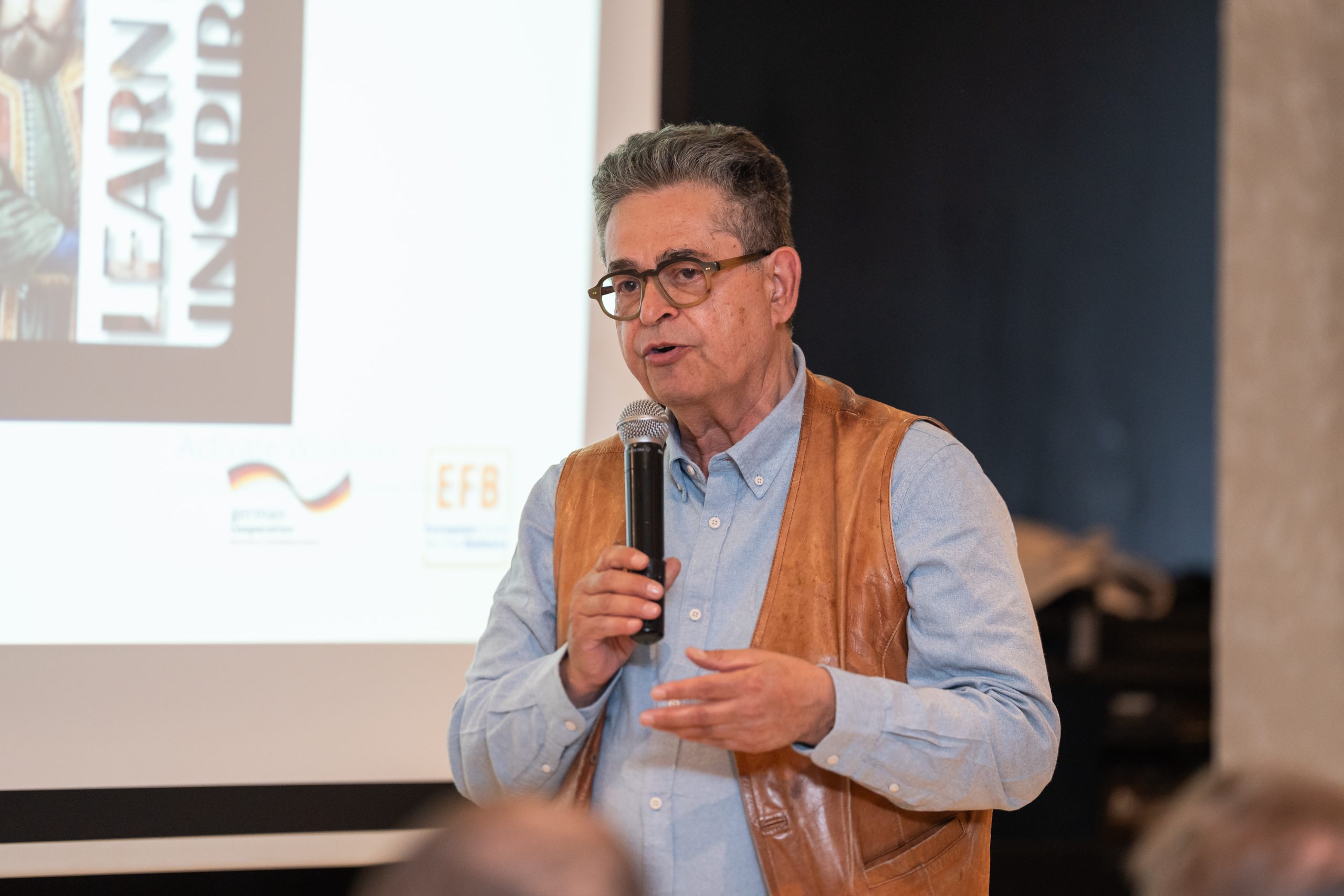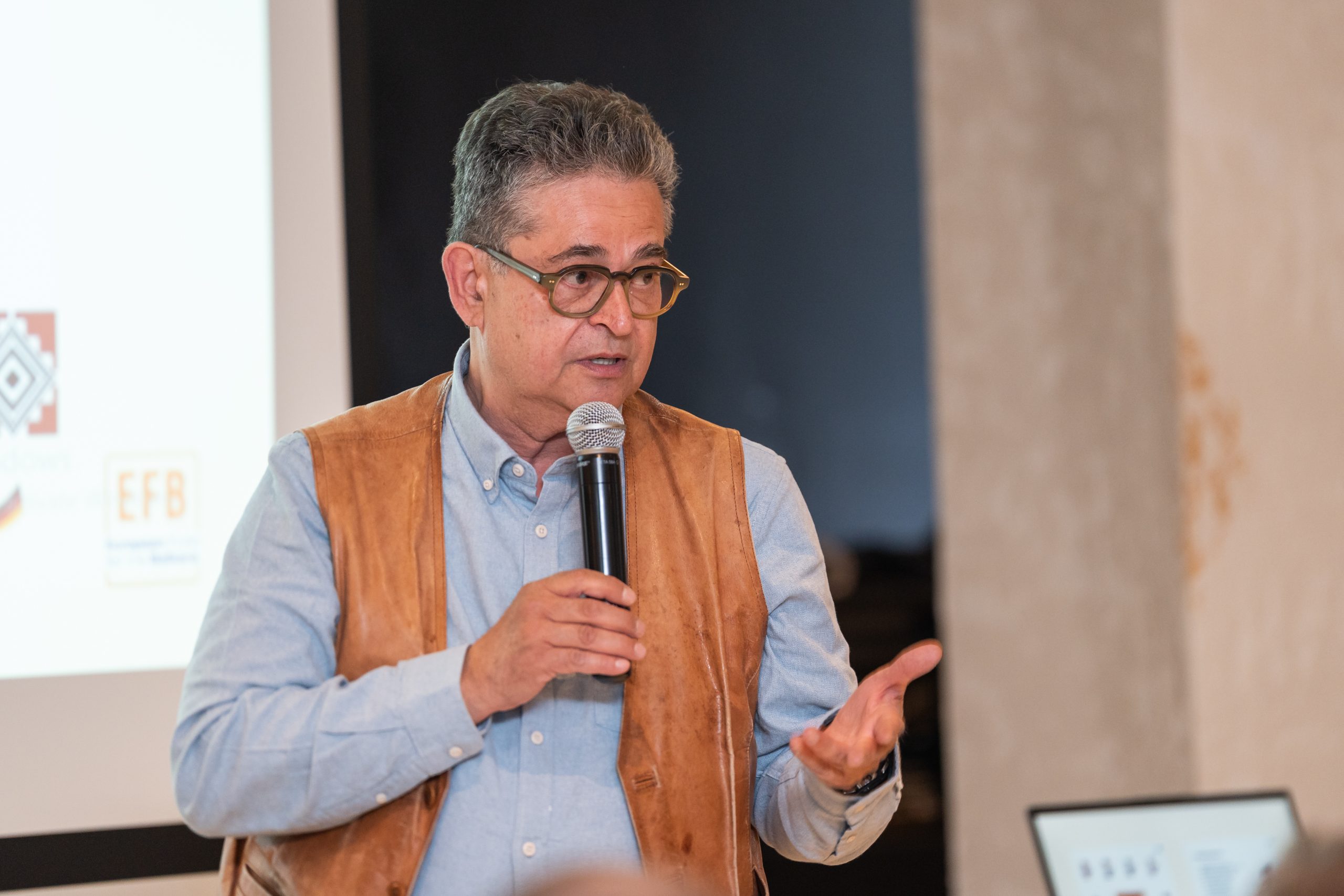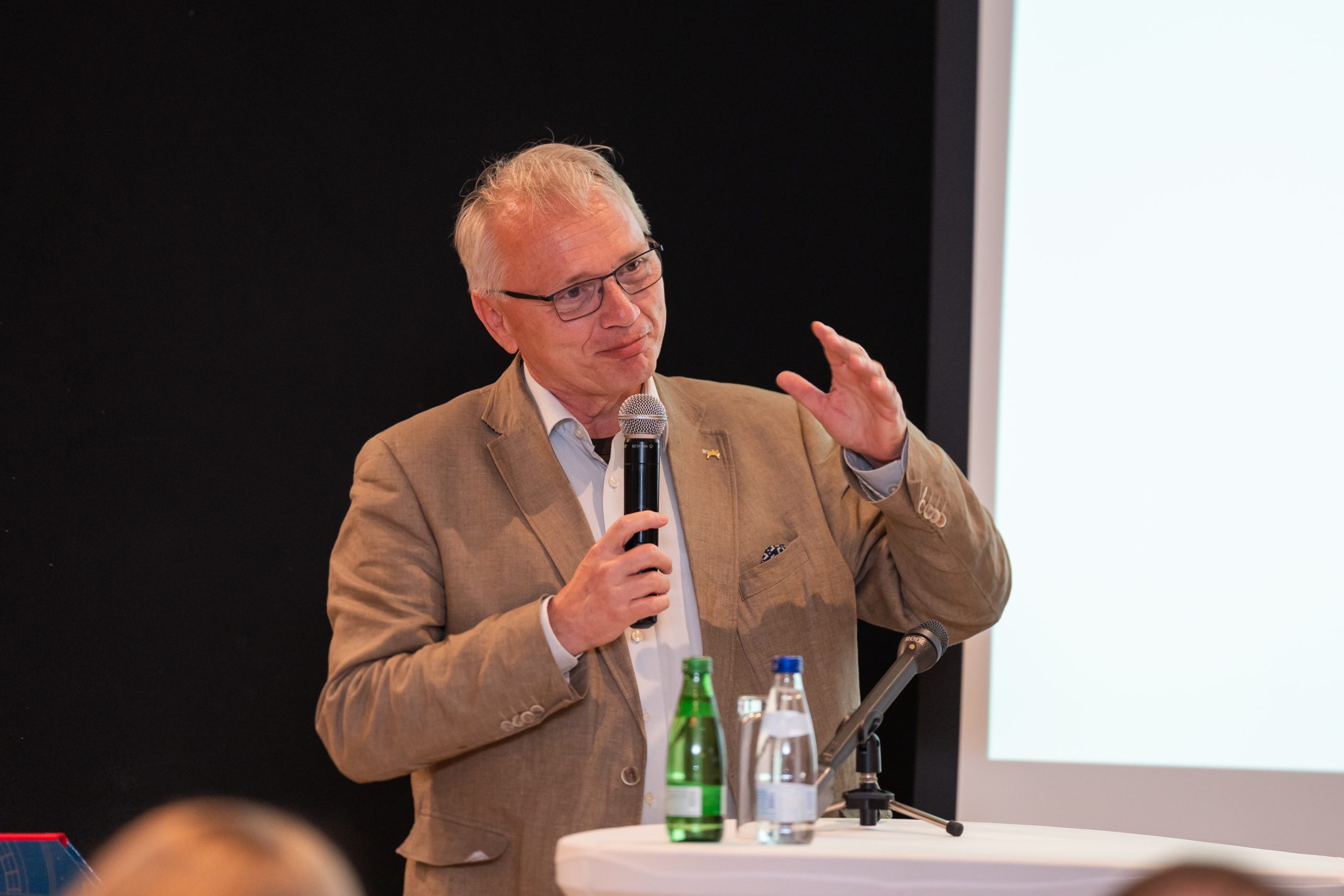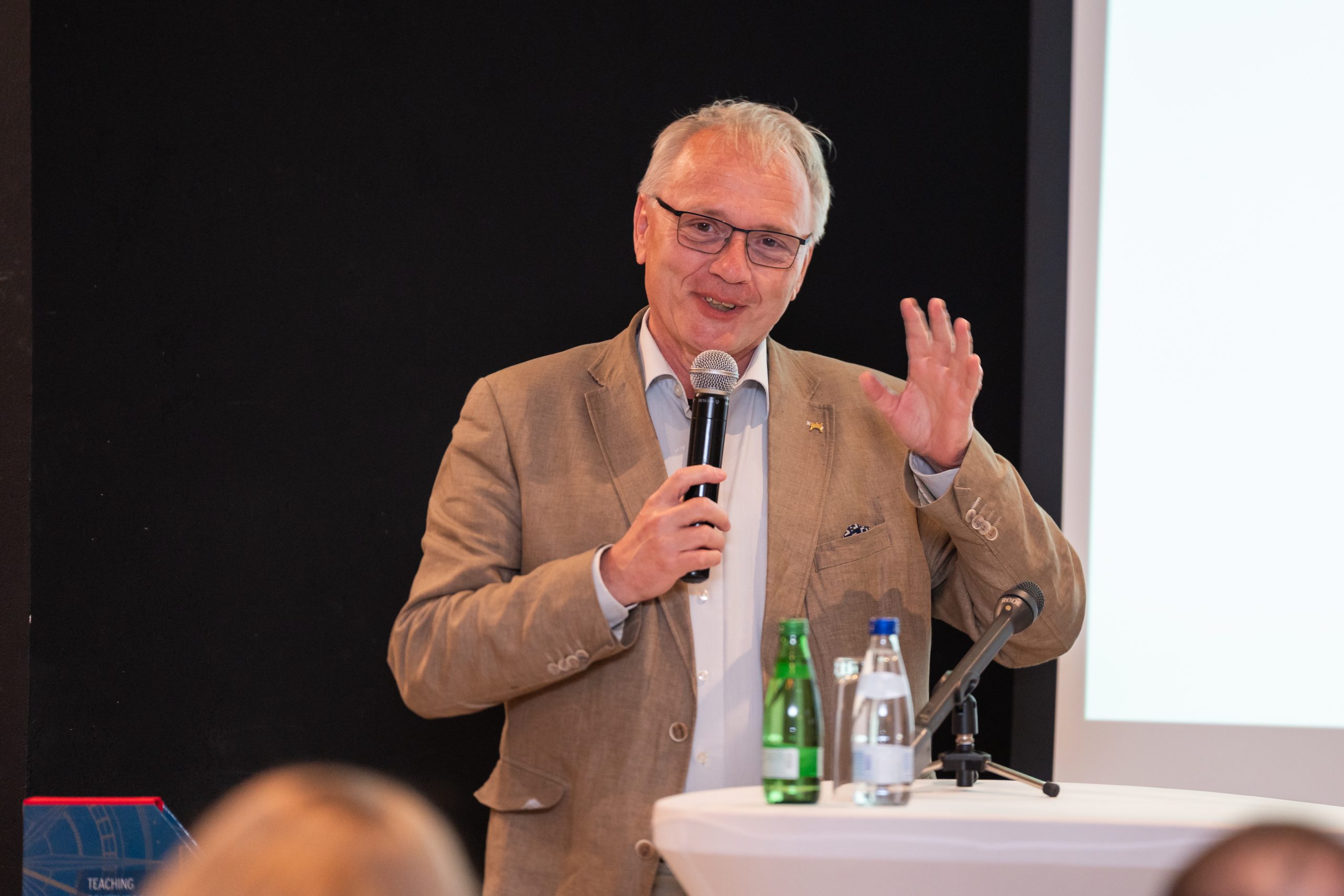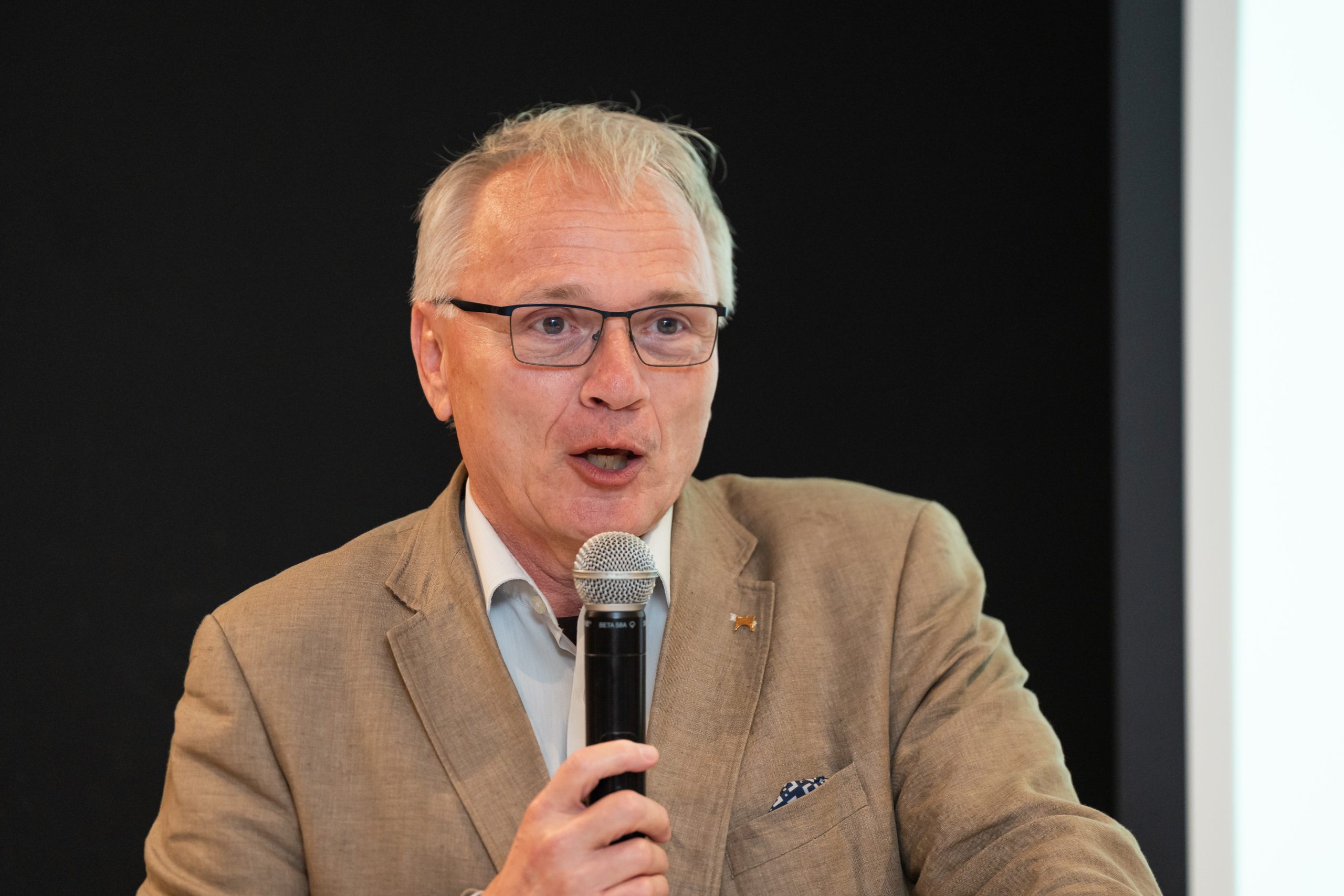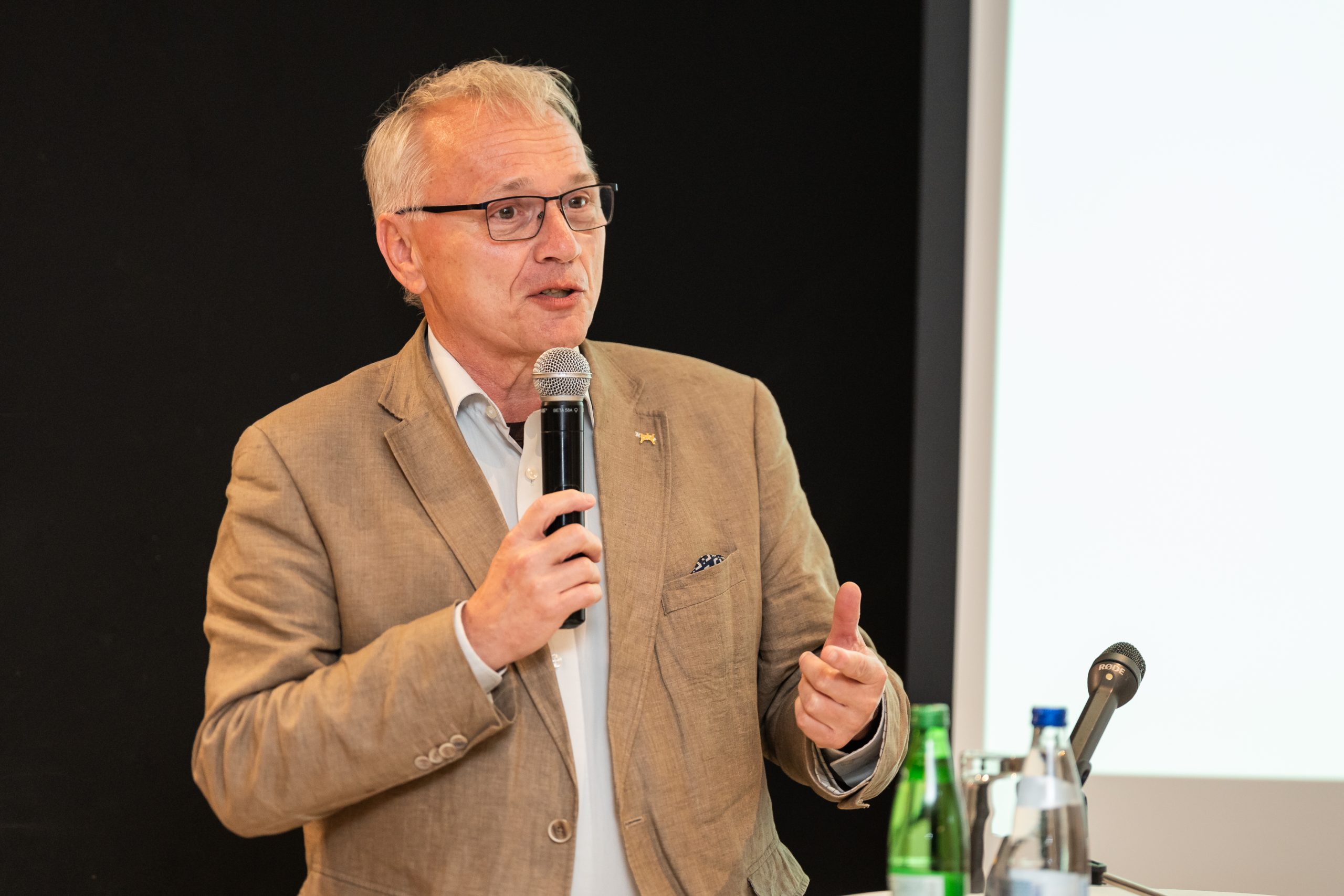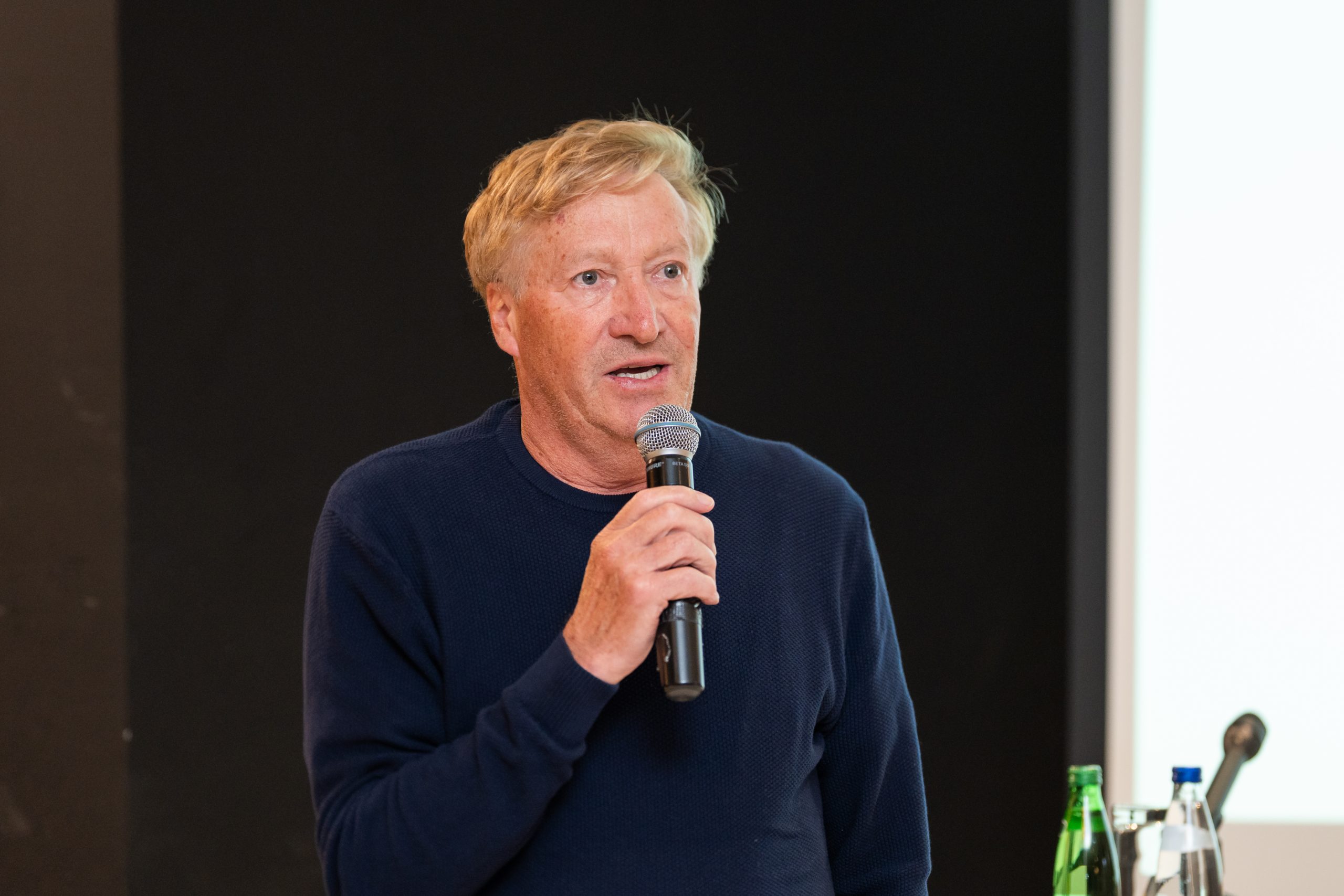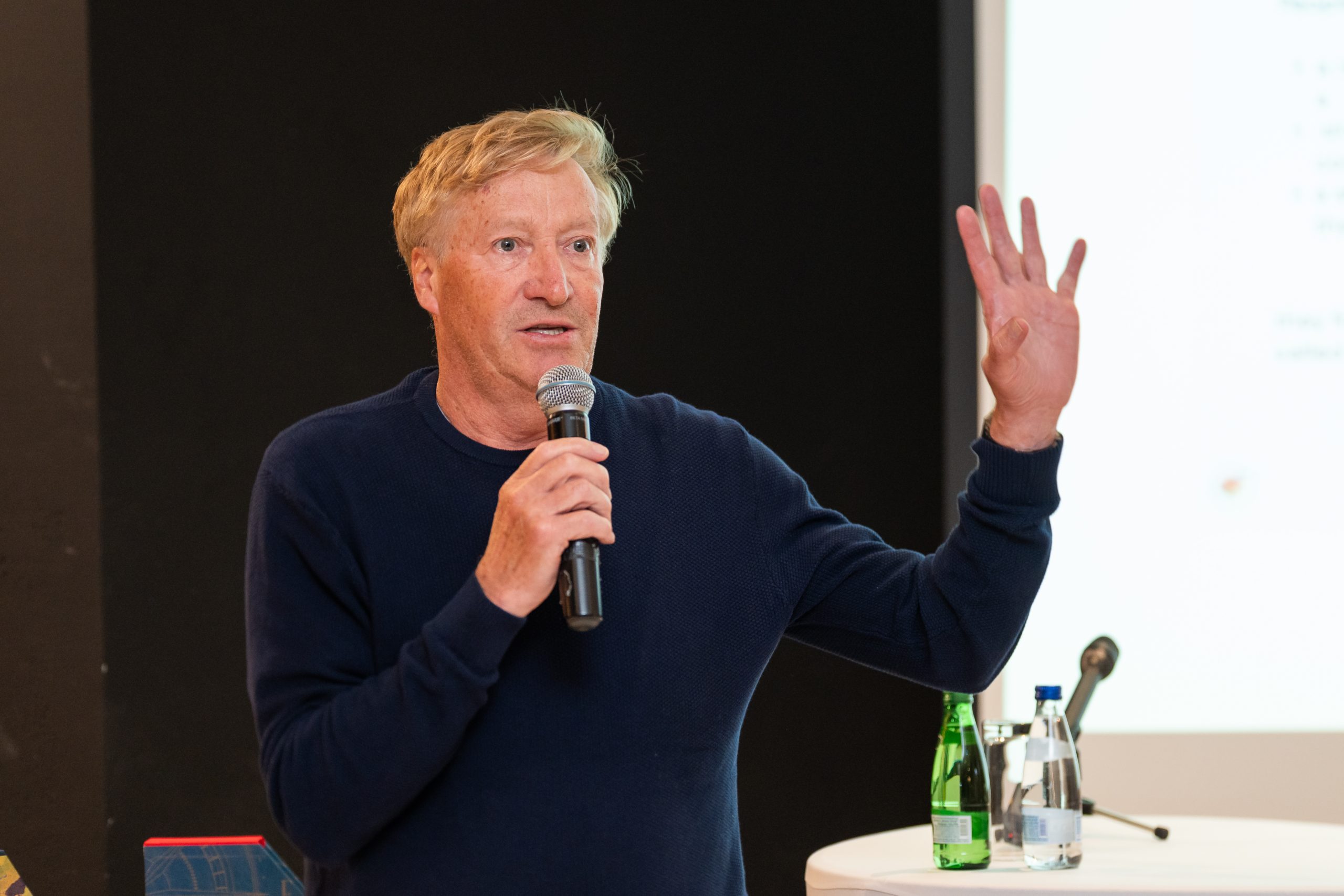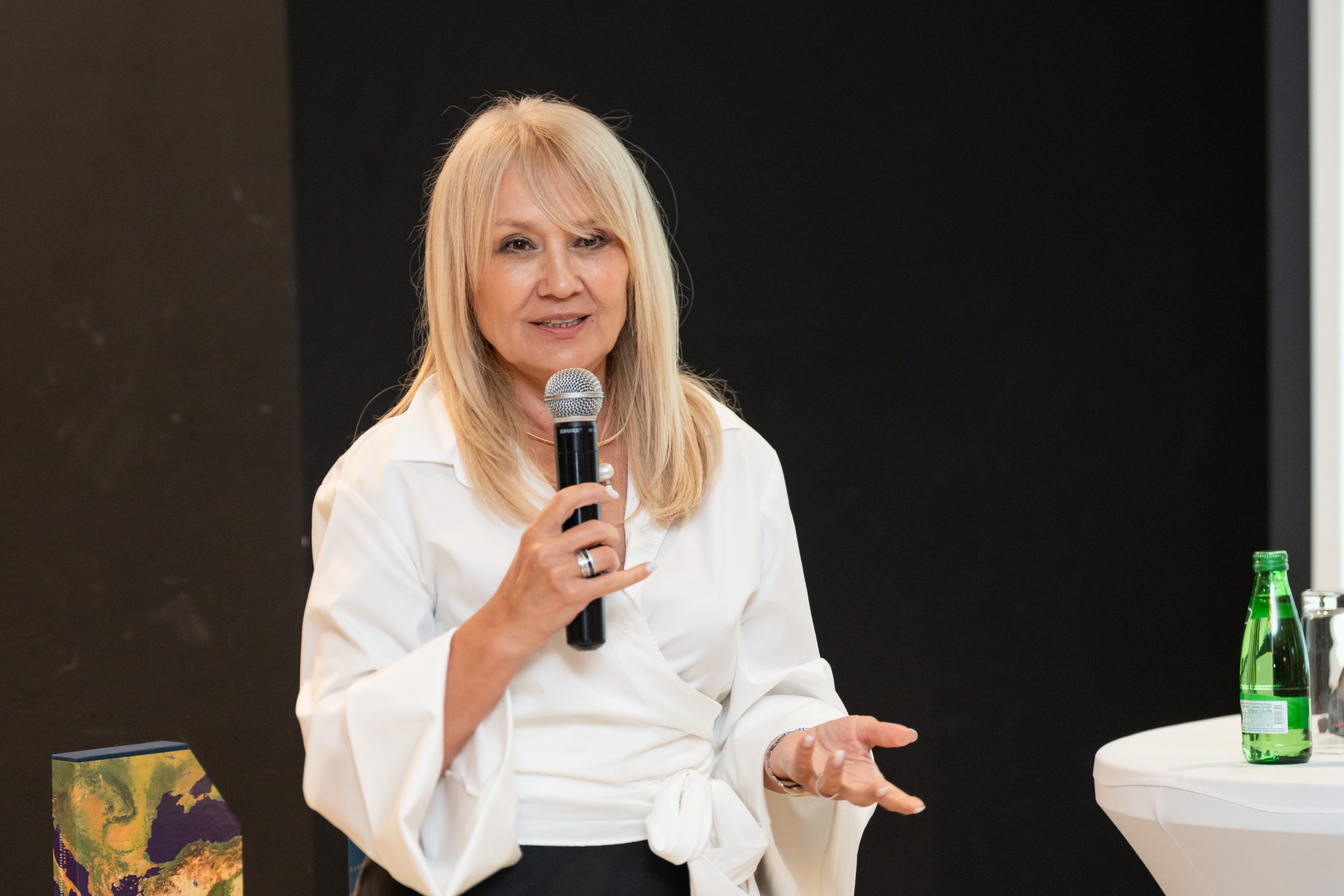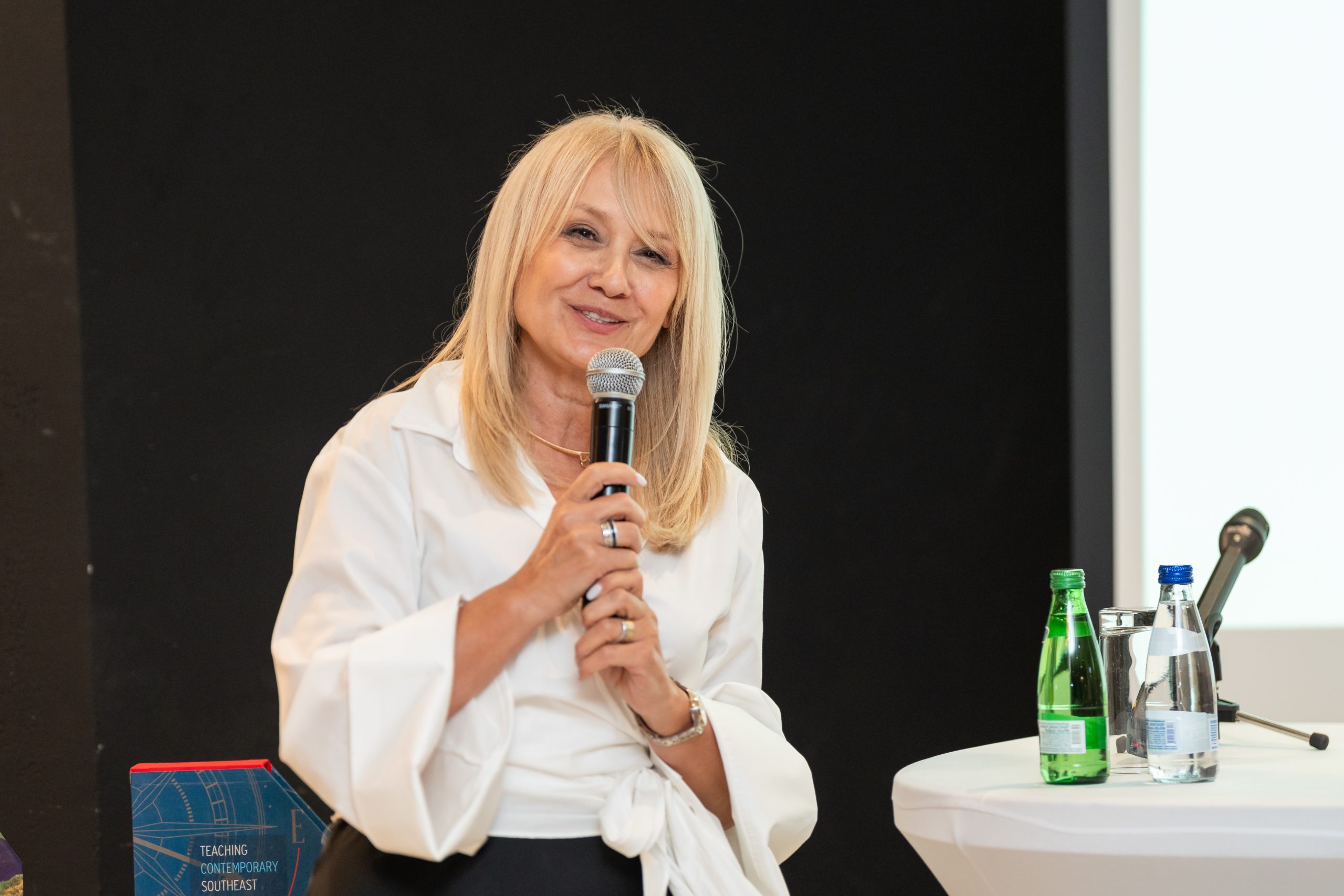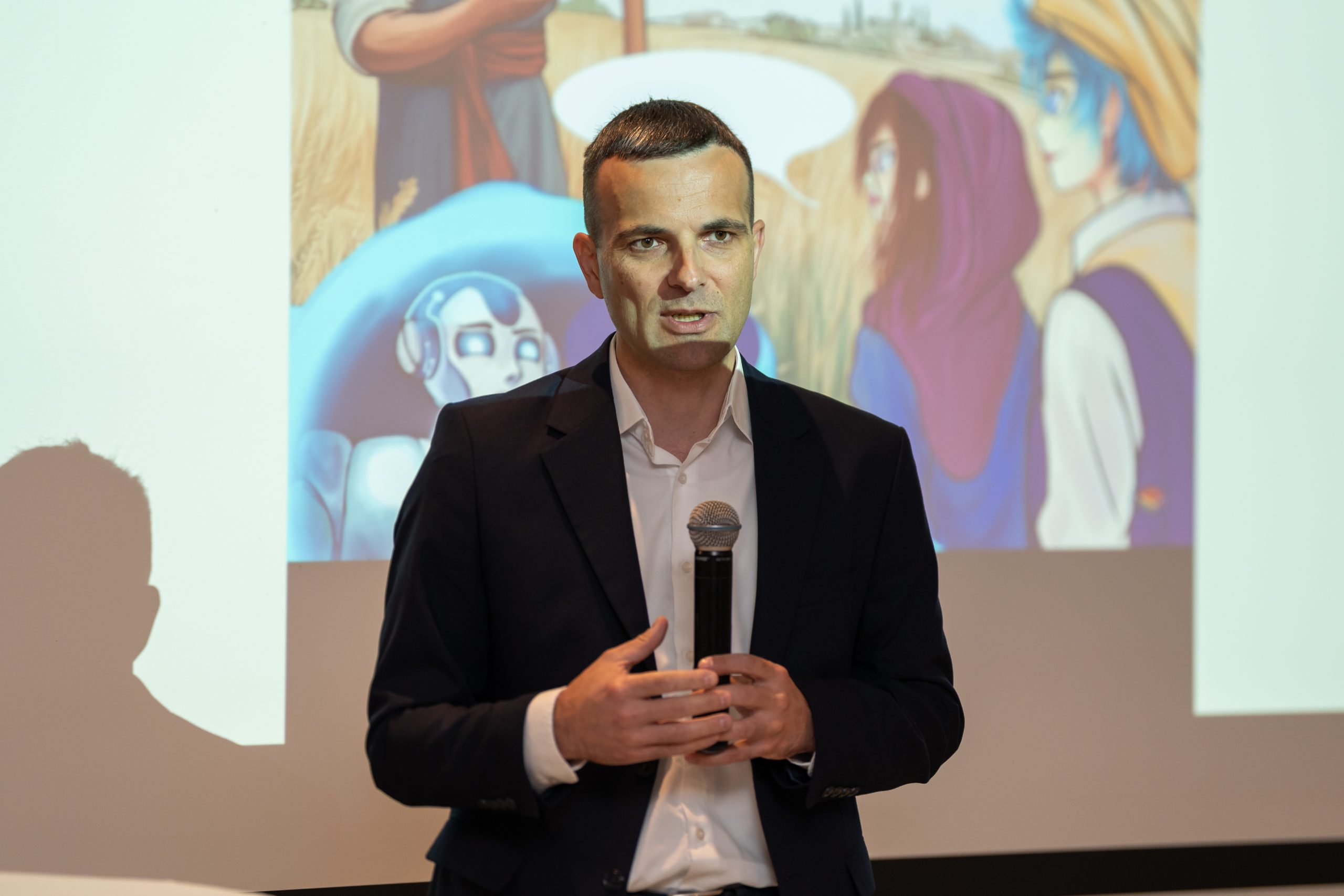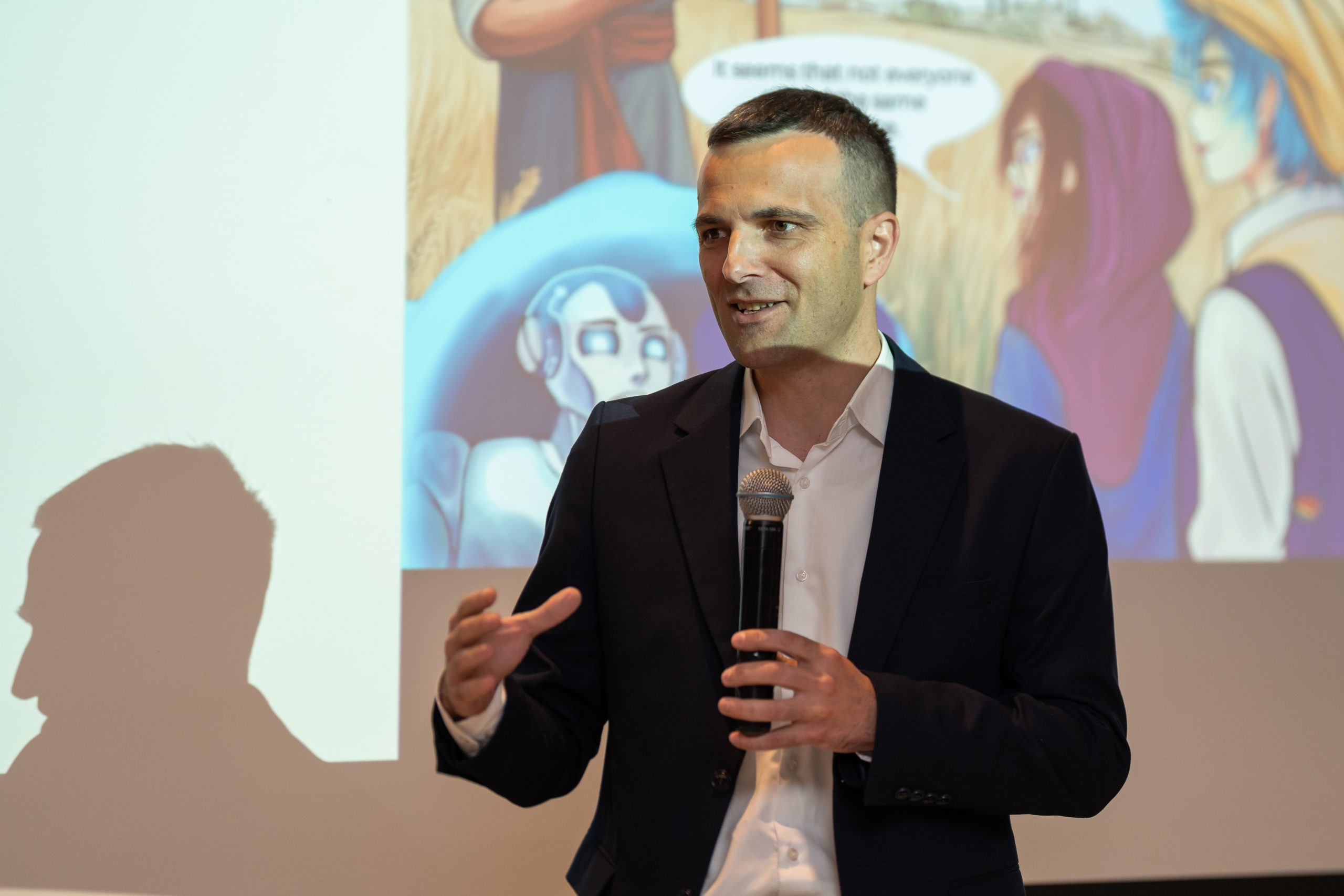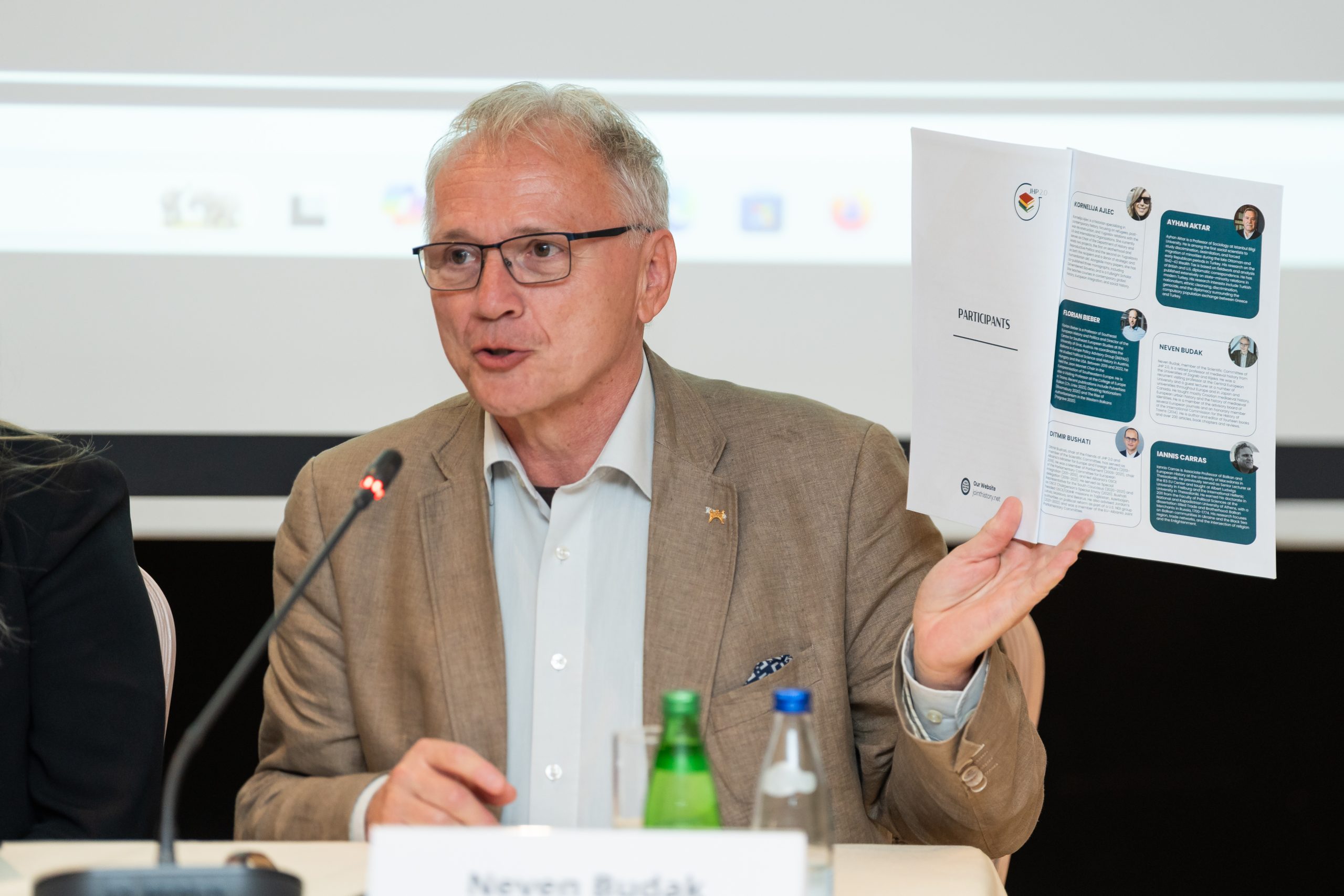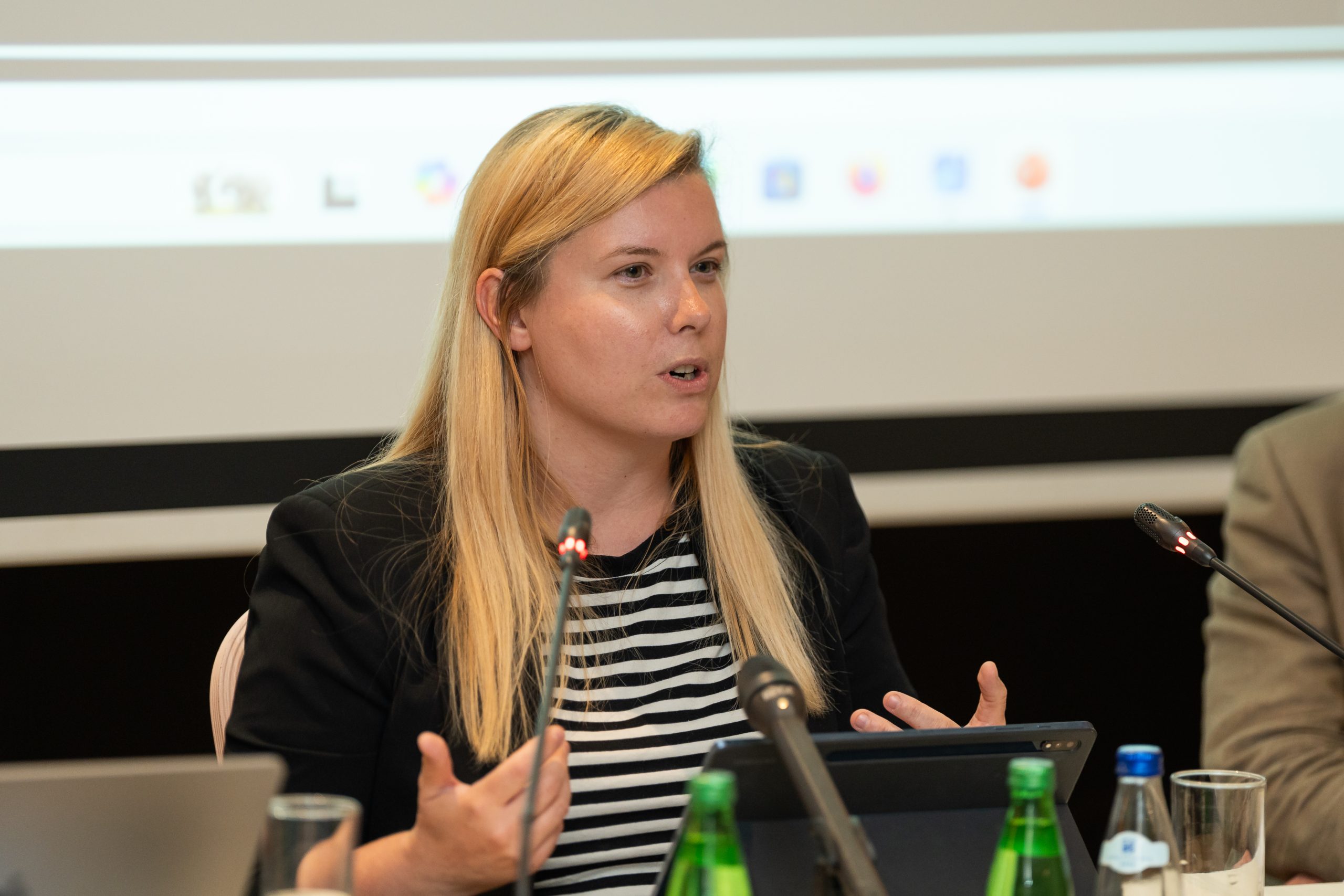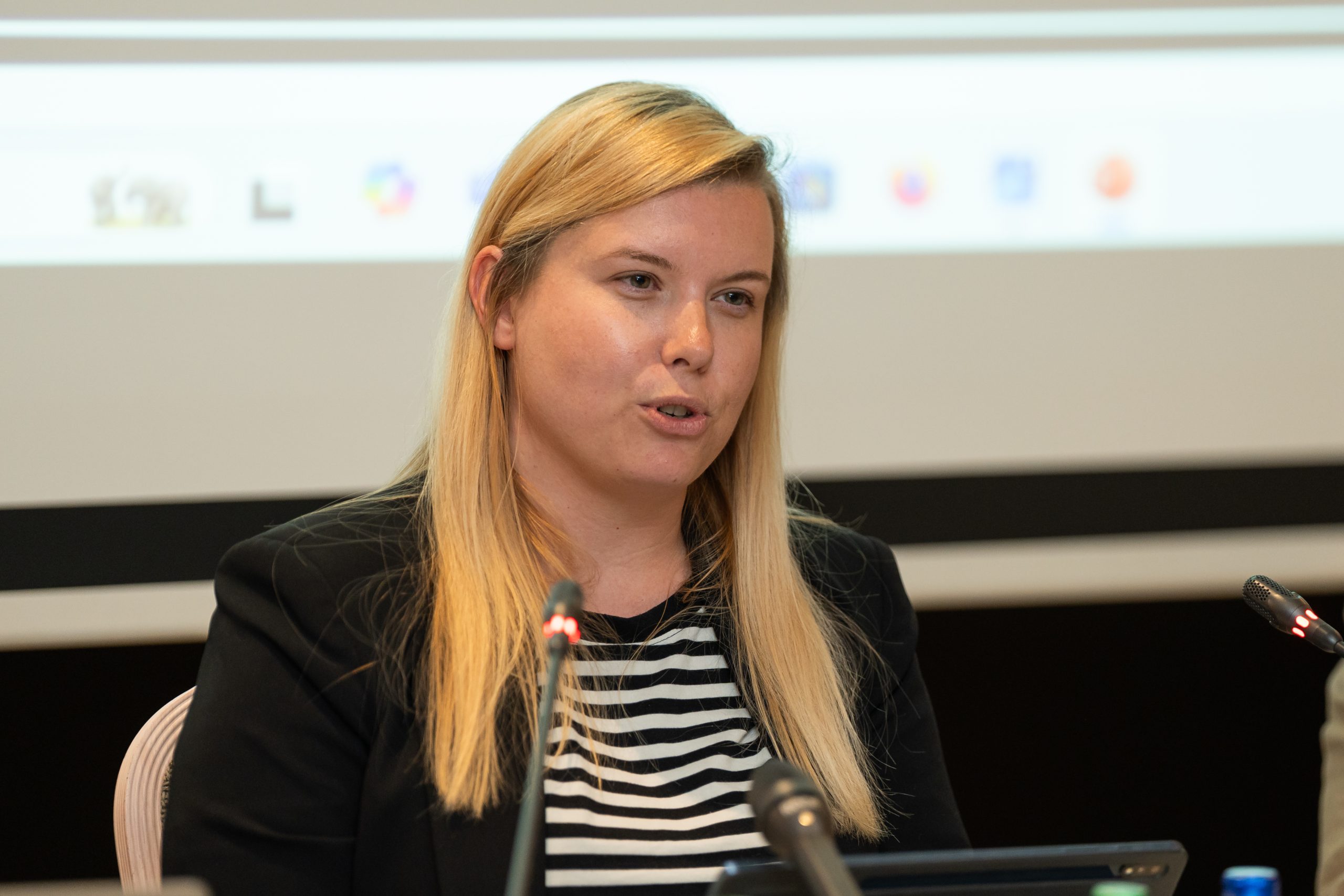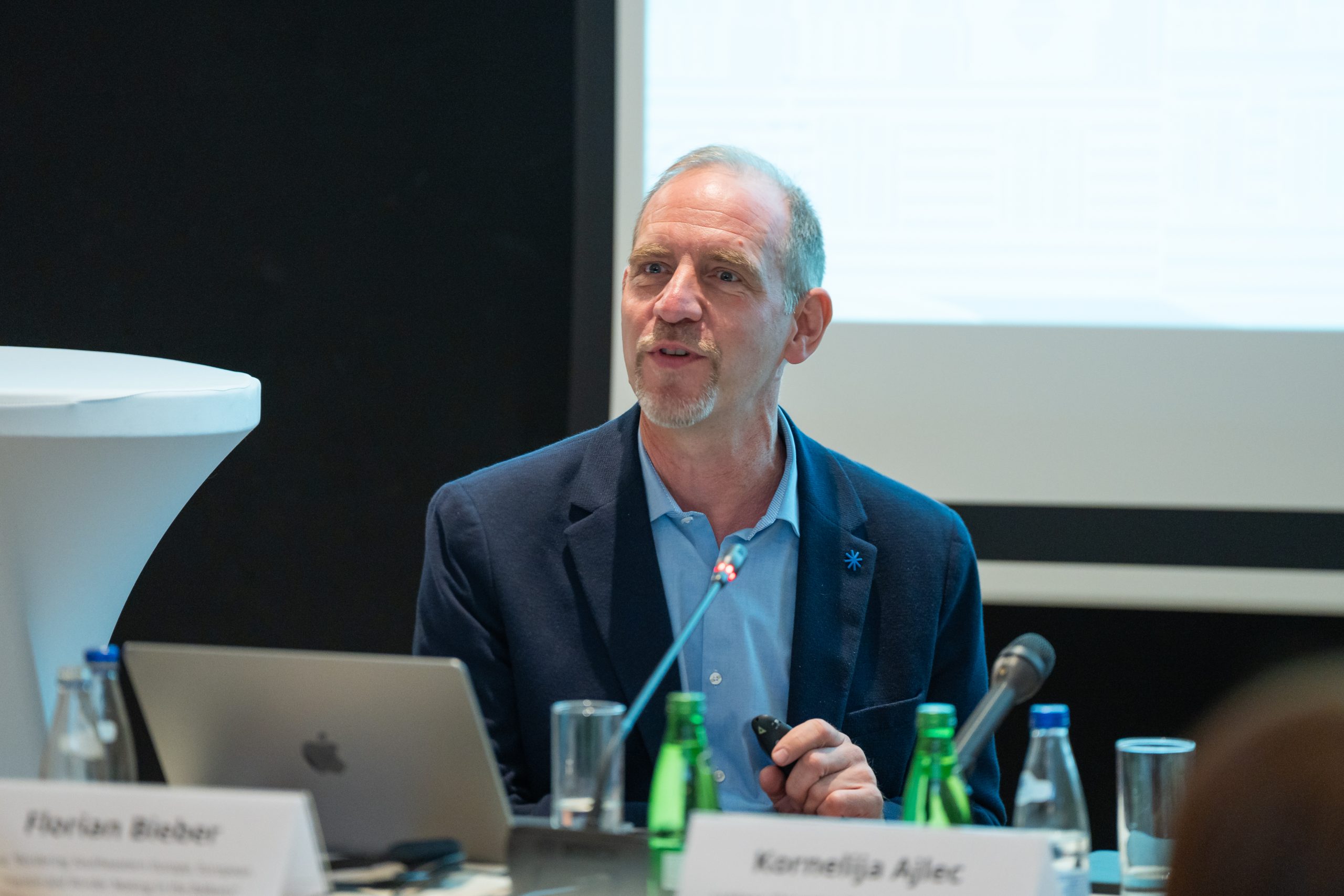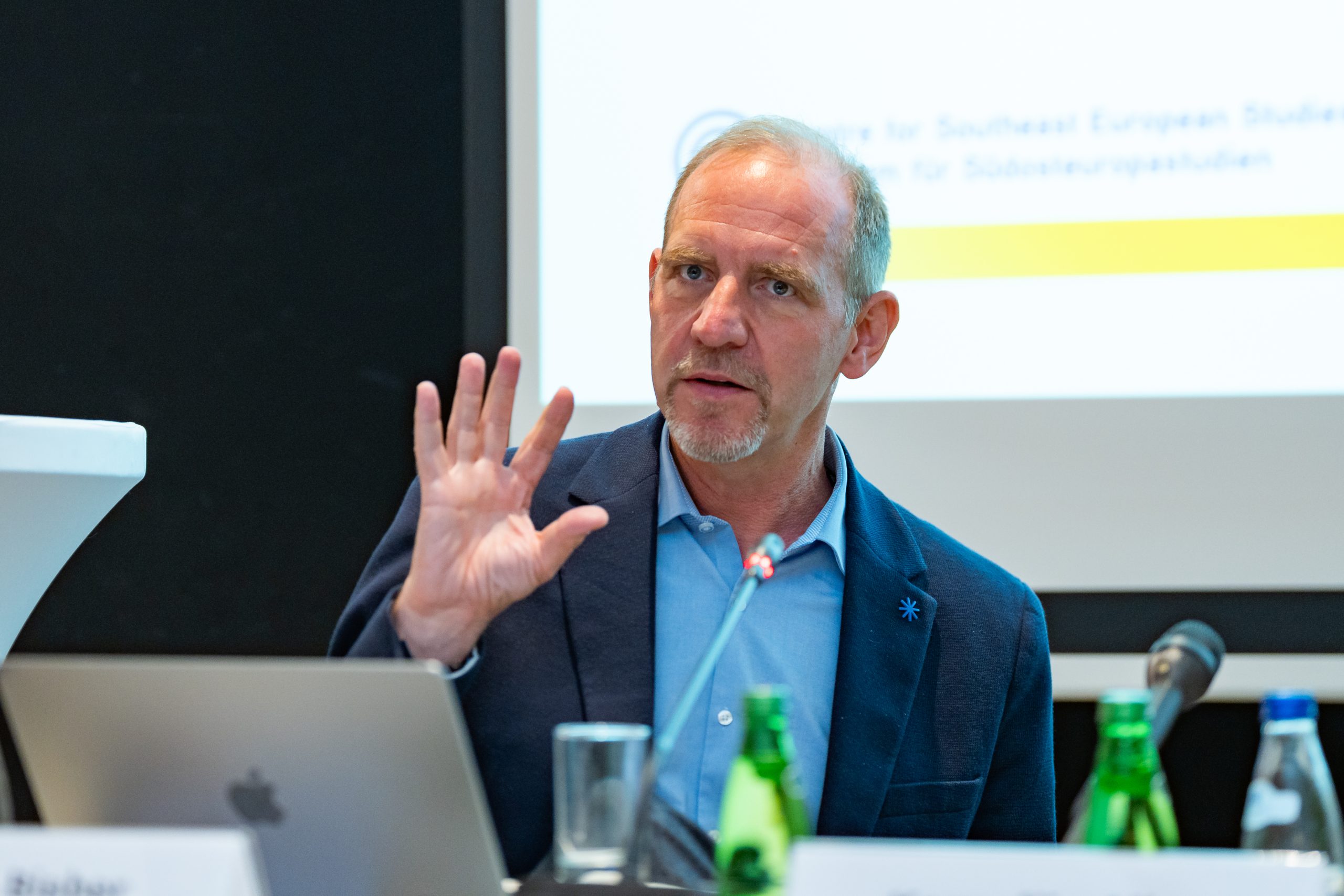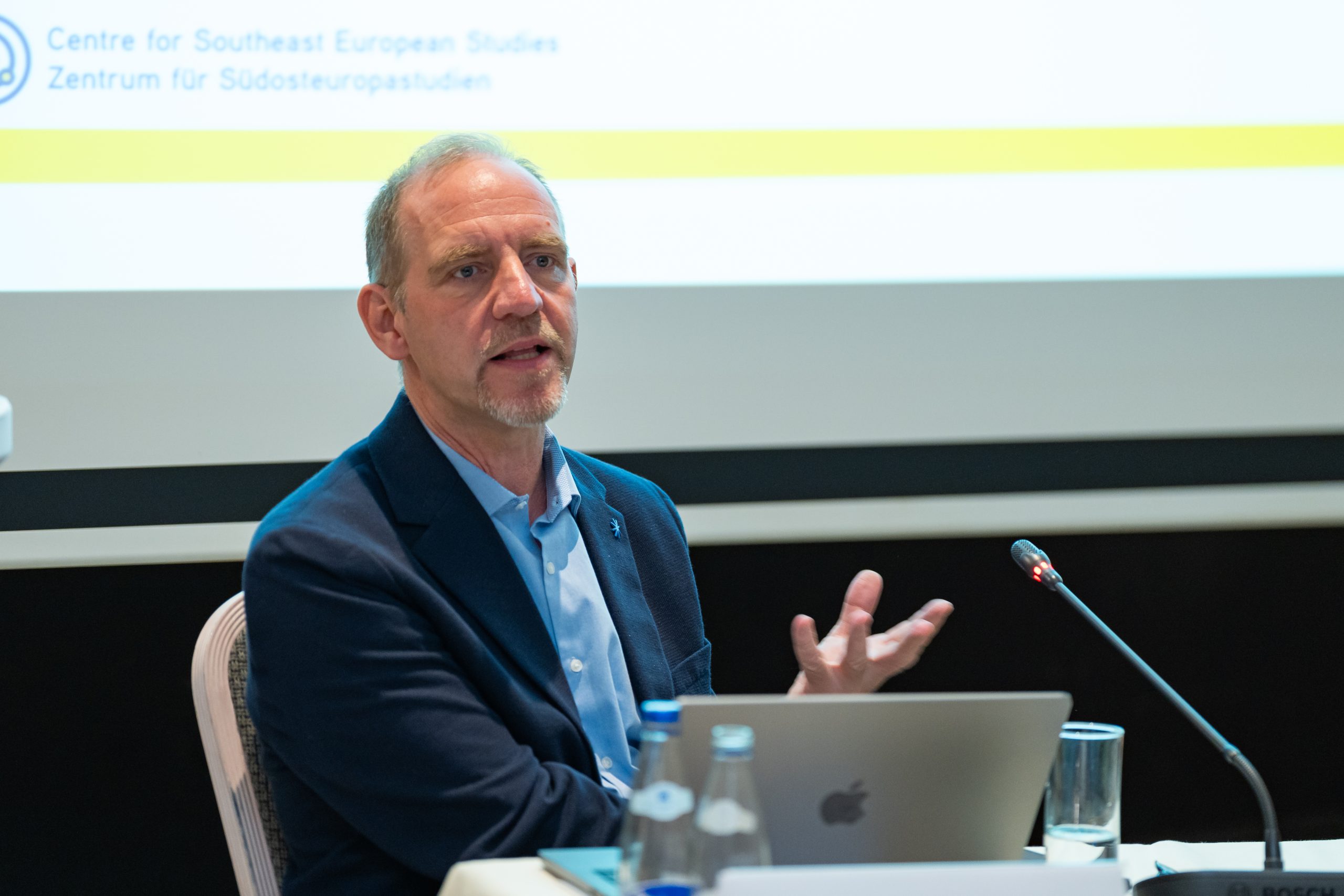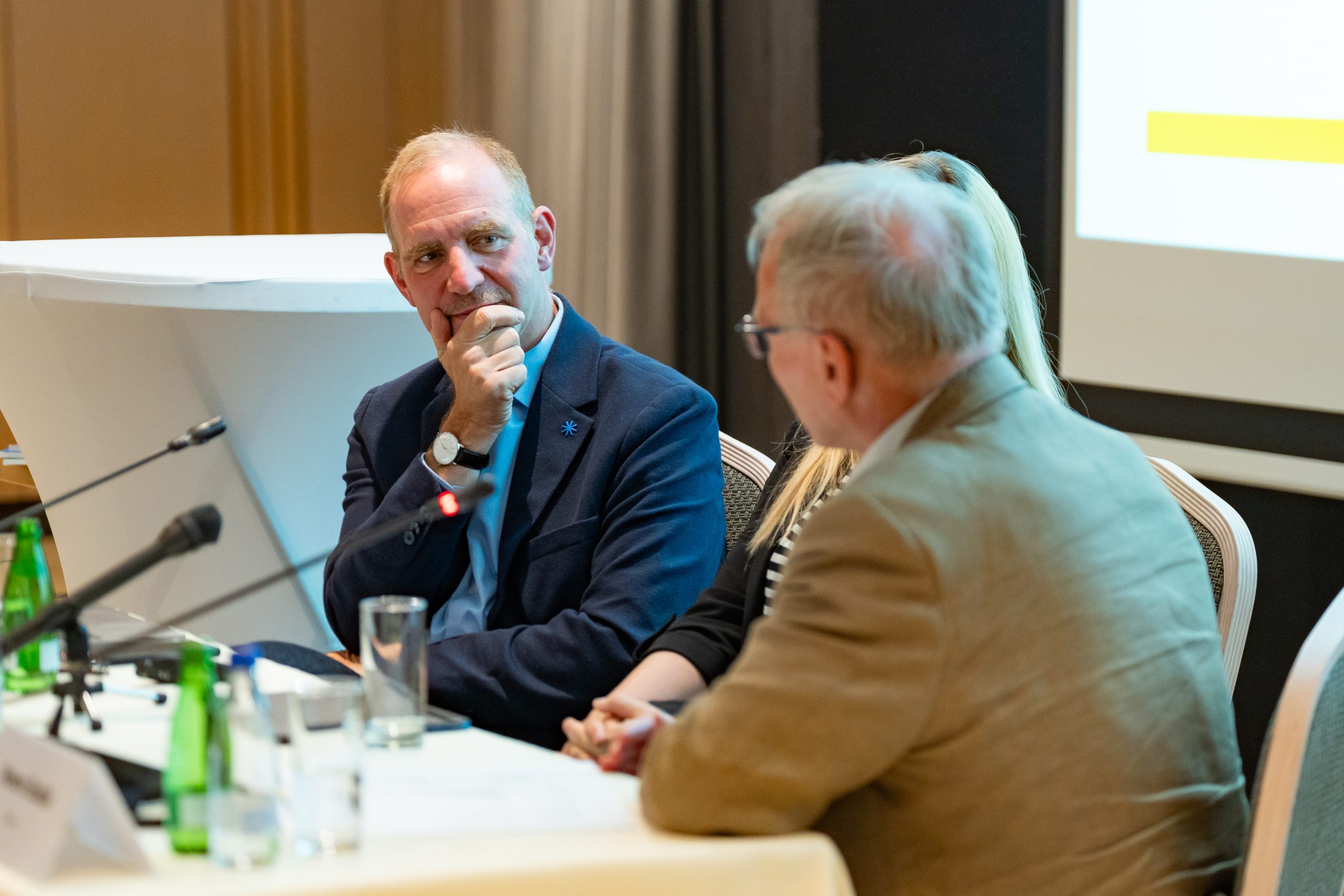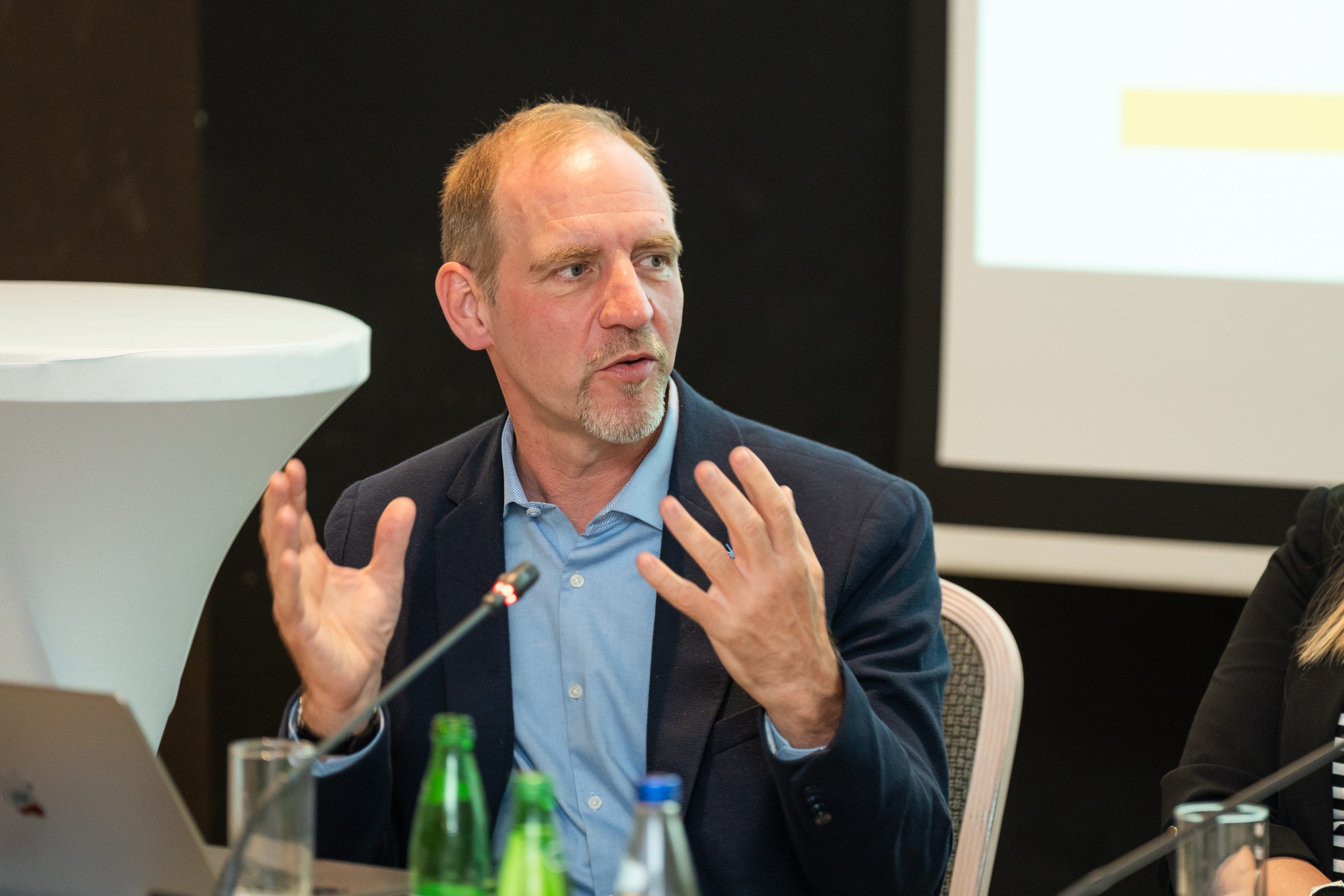Political elites in the Southeast European region continue to use history as a tool for manipulation, history education remains highly ethnocentric, and wars of the 1990s are taught very little and selectively so. This is the concluding message of the international conference “Borders in Southeast Europe: Geography or Imagination?” which took place from May 16 to 18 in Podgorica. Participants emphasized the importance of political willingness in overcoming nationalist narratives and stressed the need to view borders not only as geographical but also as symbolic and mental divisions.
Around one hundred guests attended the conference, including numerous ambassadors from countries whose historians participated in the creation of the Joint History Textbooks, representatives of international organizations, historians from across the region, history students, civil society representatives, and many others.
Montenegro’s Chief Negotiator with the EU, Predrag Zenović, was among those who addressed the audience, stating that education—especially history teaching—plays a key role in building peace and democratic culture. He emphasized the importance of a multi-iperspective approach and cited the Franco-German reconciliation experience as a European model. “Borders that divide memories are often more enduring than physical ones. That is why the task before us is not just to cross geographical lines, but to overcome mental and symbolic divisions,” Zenović said.
The Ambassador of the Federal Republic of Germany to Montenegro, Peter Felten, warned against avoiding important topics in schools, and against the politicization of history. He emphasized that the only cure for revisionism is agreement on facts and their joint interpretation. “This is a disease best vaccinated against by ensuring that the past is not left in ambiguous situations, but that key facts are jointly recognized and that we don’t argue about what constitutes a fact, but rather focus the discussion on interpreting established facts,” Felten said. He also underlined the importance of the Berlin Process for regional integration and expressed satisfaction that the German Foreign Ministry is supporting the second phase of the Joint History Textbooks project (JHP 2.0).
Former Albanian Foreign Minister and President of Friends of JHP 2.0, Ditmir Bushati, emphasized that reconciliation can be achieved through collaborative efforts to understand history, regardless of borders. He noted that numerous disputes still hinder the region’s progress. “We are witnessing a web of disputes stemming either from World War II, the breakup of Yugoslavia, or border conflicts that emerged with the creation of new states after the fall of the Iron Curtain,” Bushati said.
Executive Director of the European Fund for the Balkans, Aleksandra Tomanić, highlighted the technical efforts to preserve digital editions and the importance of political willingness in resolving historical issues. She stated that when work began on the JHP 2.0 project, it became clear that the books needed to be accessible online. “With a constructive approach and genuine political willingness, the problem of history in the region could be resolved,” Tomanić said, pointing to the joint history books as one of the tools that could help achieve this.
Kristina Koulouri, editor of the JHP project and rector of the Panteion University of Social and Political Sciences, said that the project, which began in the late 1990s at an initiative of businesspeople who wanted to see peaceful development in their region without war, managed to survive until 2020 and was revived in 2024. “After so many years, I believe this project is a success story, worthy of a second chance and capable of inspiring young colleagues who wish to continue and renew our work,” Koulouri said.
Zvezdana Kovač, director of the Joint History Textbooks project, concluded that this is one of the largest civil society projects, proving that regional agreement is possible when there is the will and openness for dialogue. She added that it was no coincidence that the conference was held in Montenegro. She stated “As the country often mentioned as the next EU member state, Montenegro should, and not only for the sake of membership, cultivate the European values that the joint history books and the team behind them practice and promote.”

